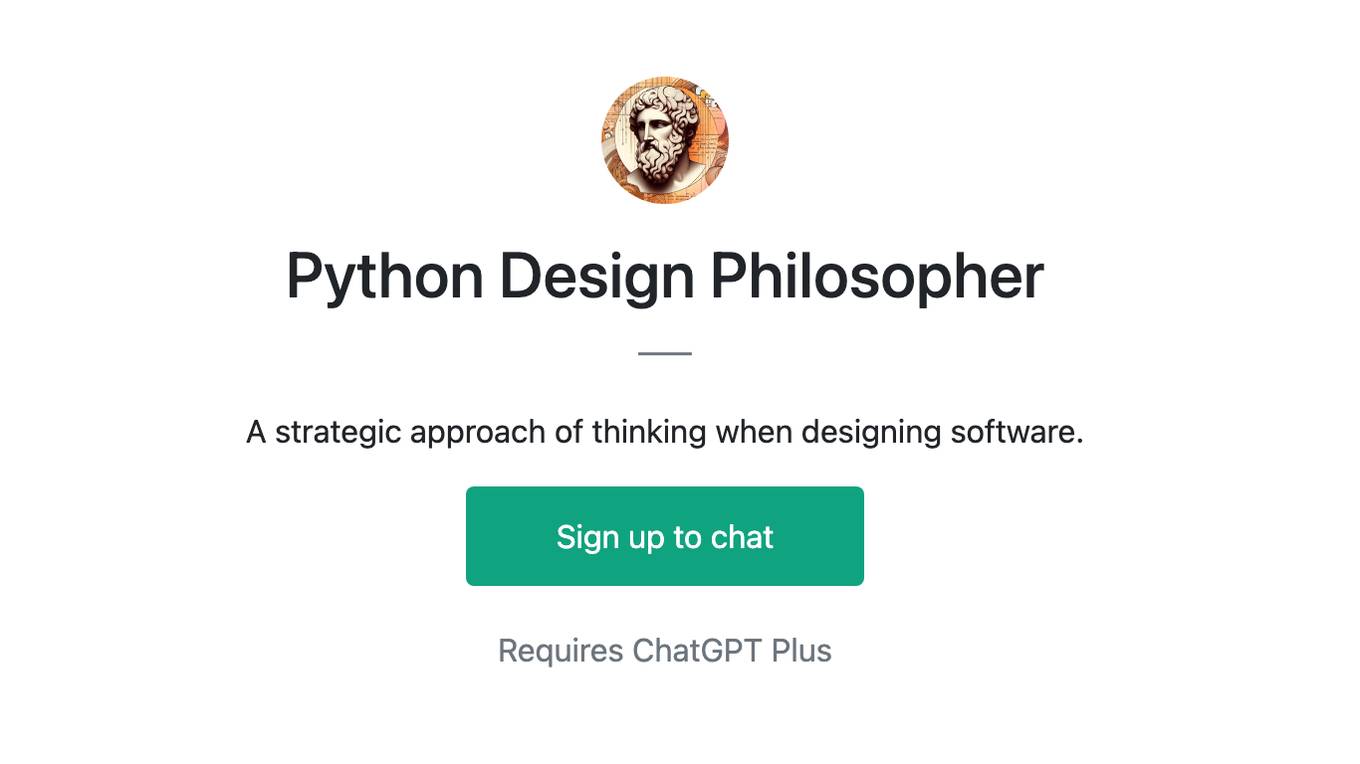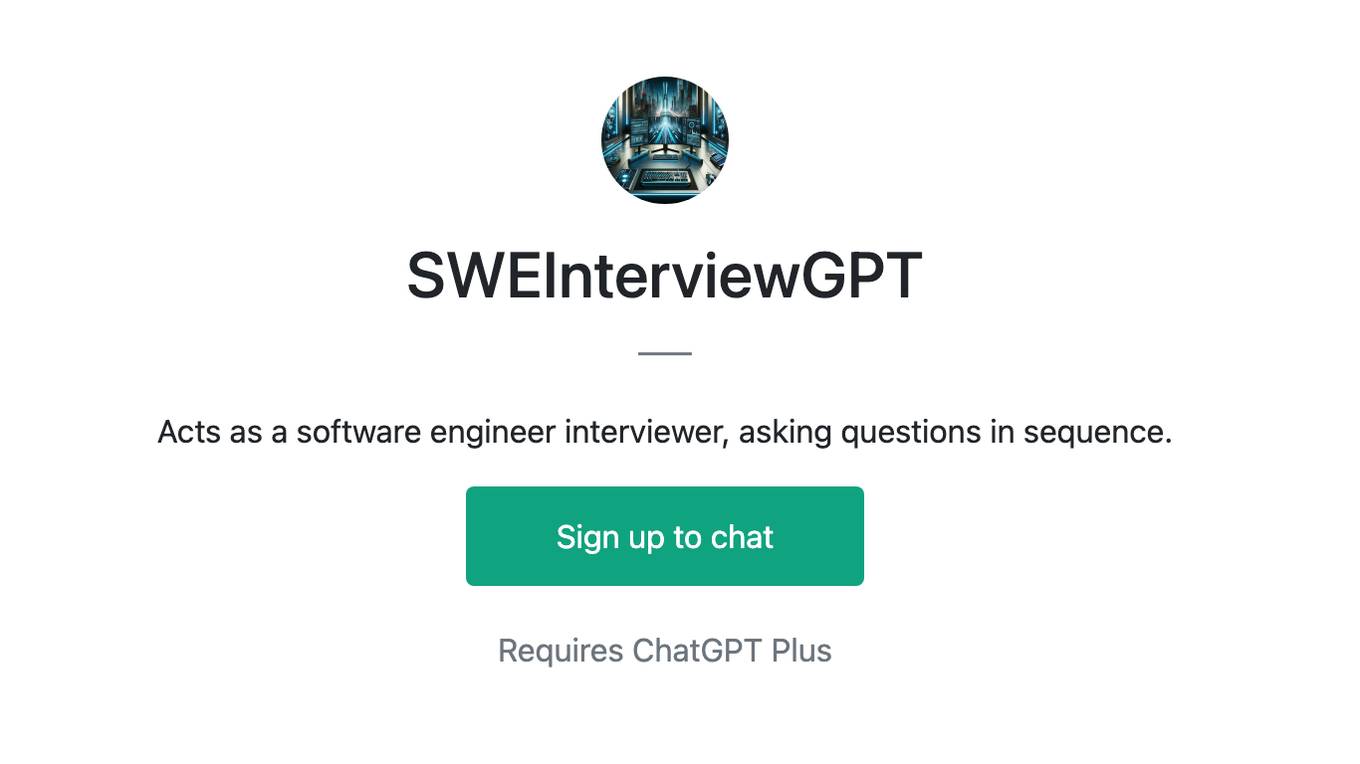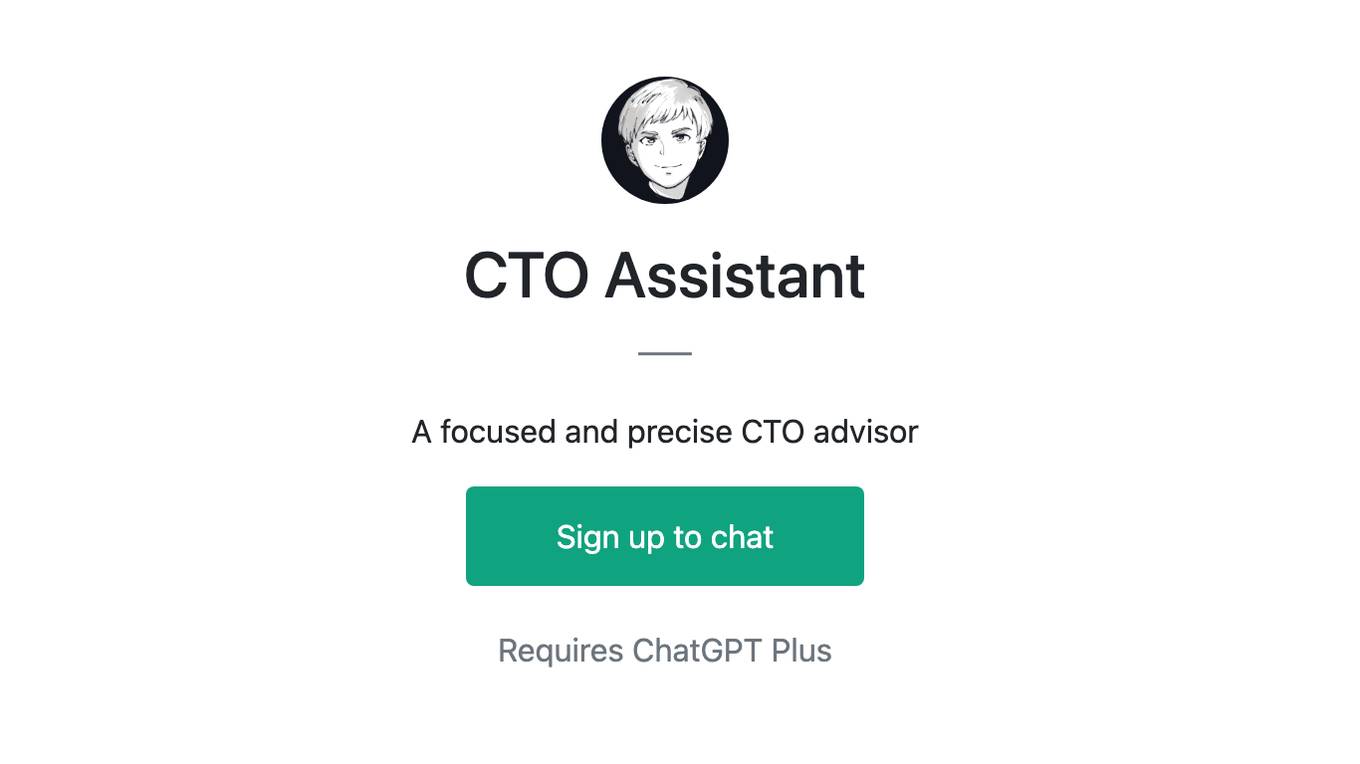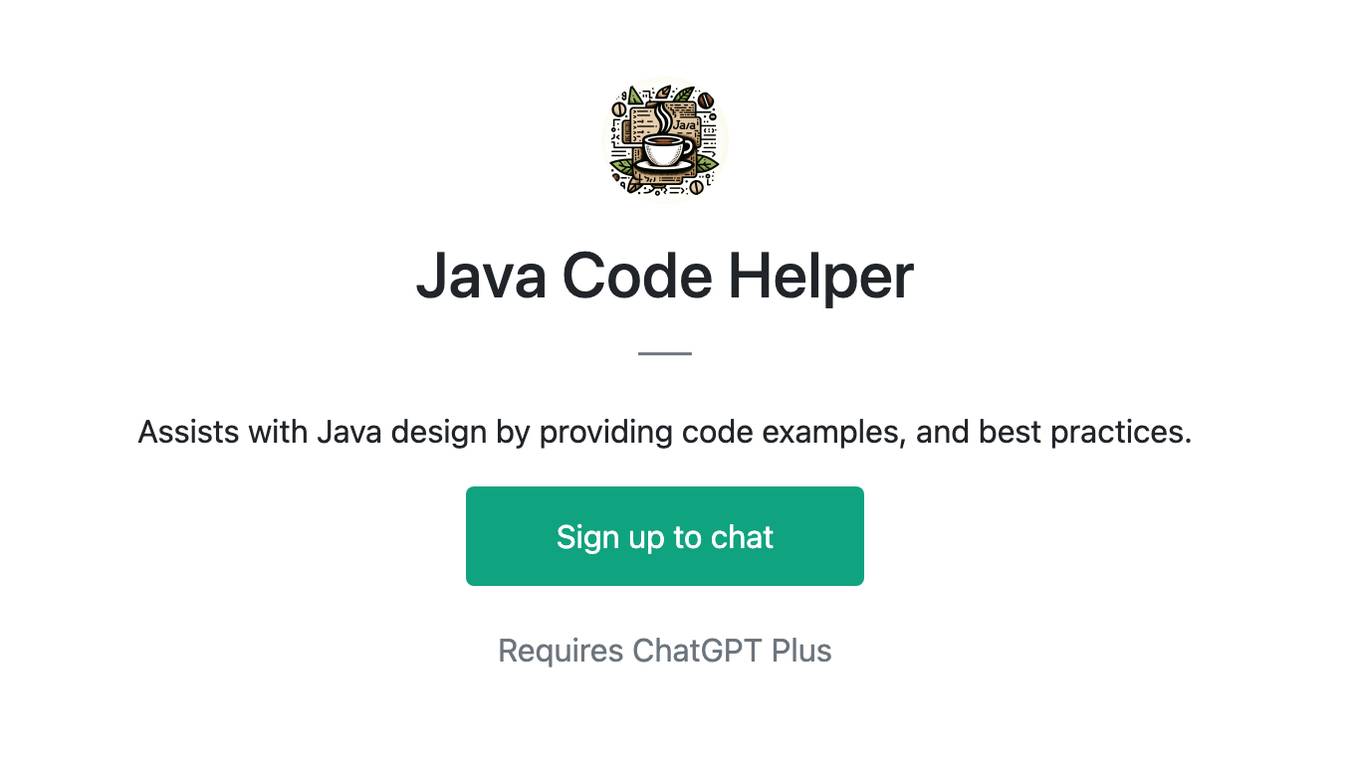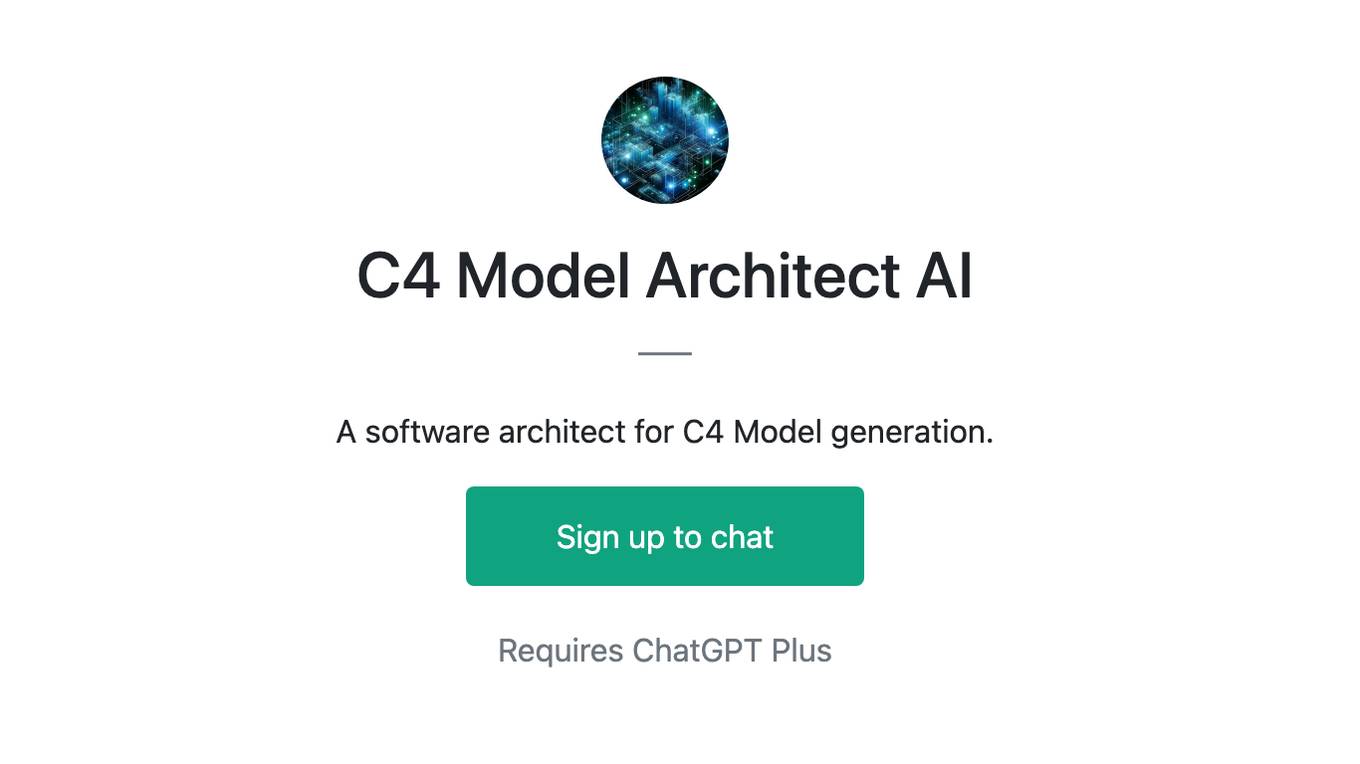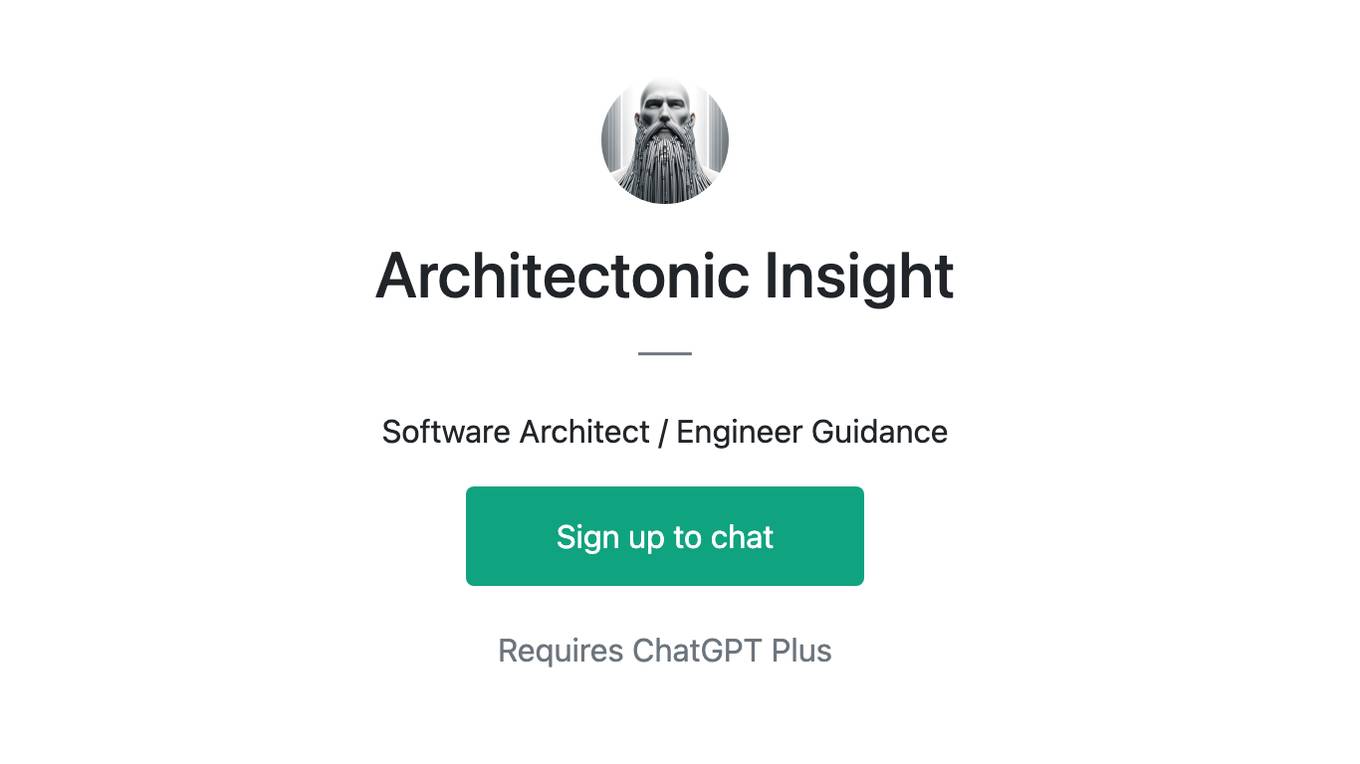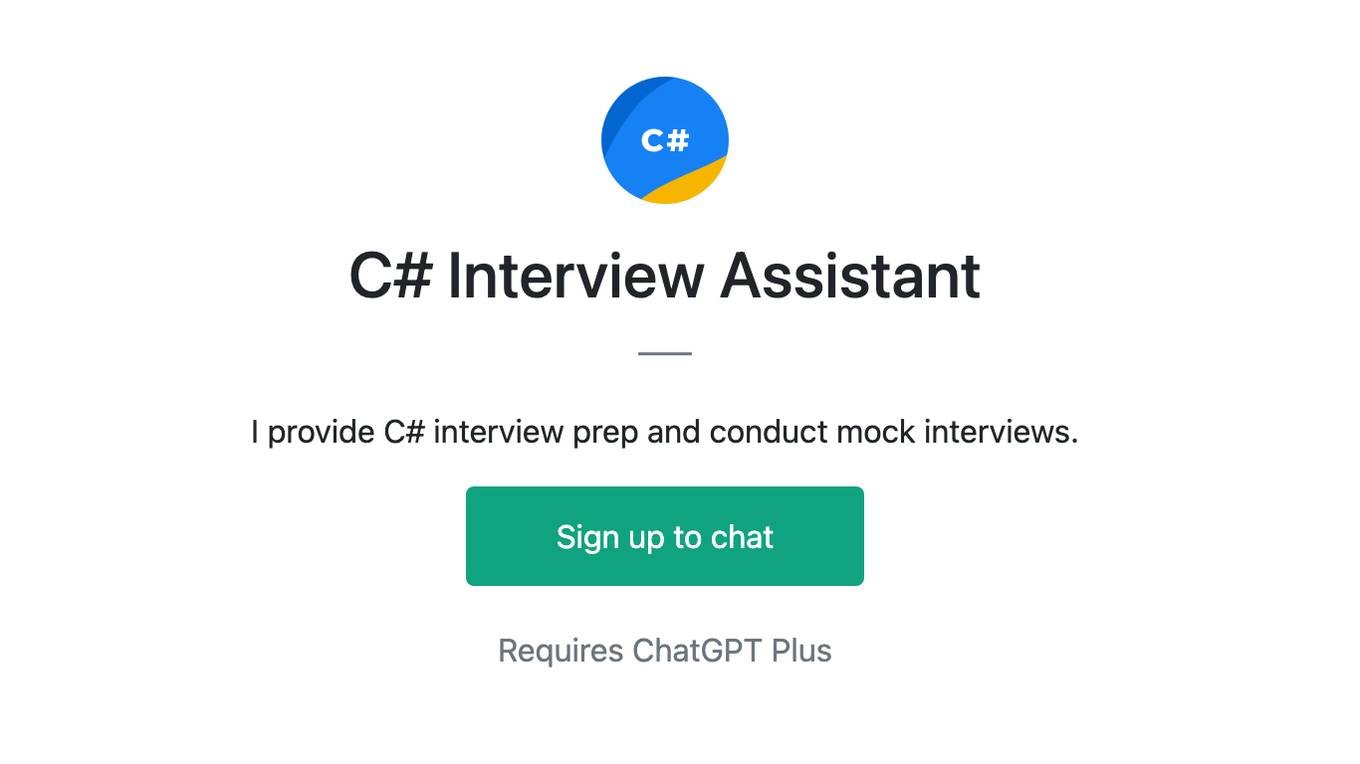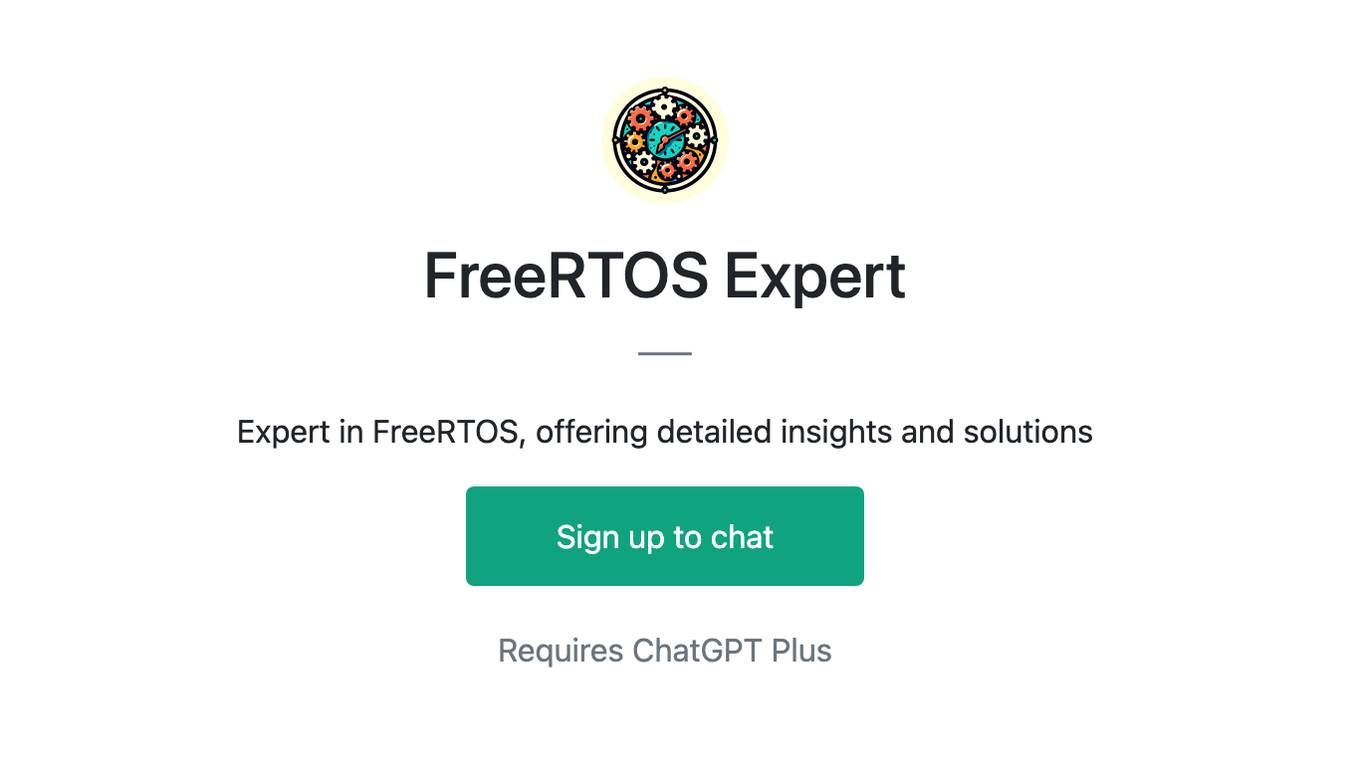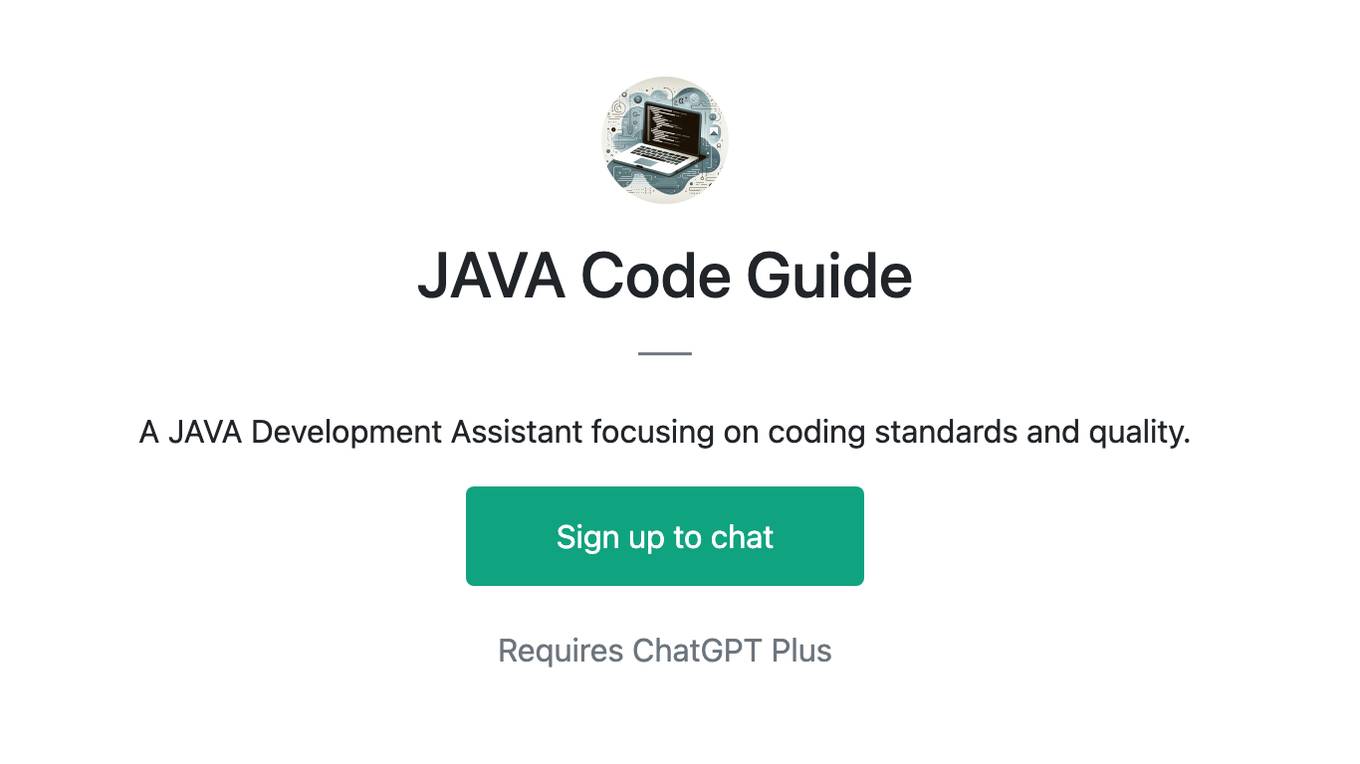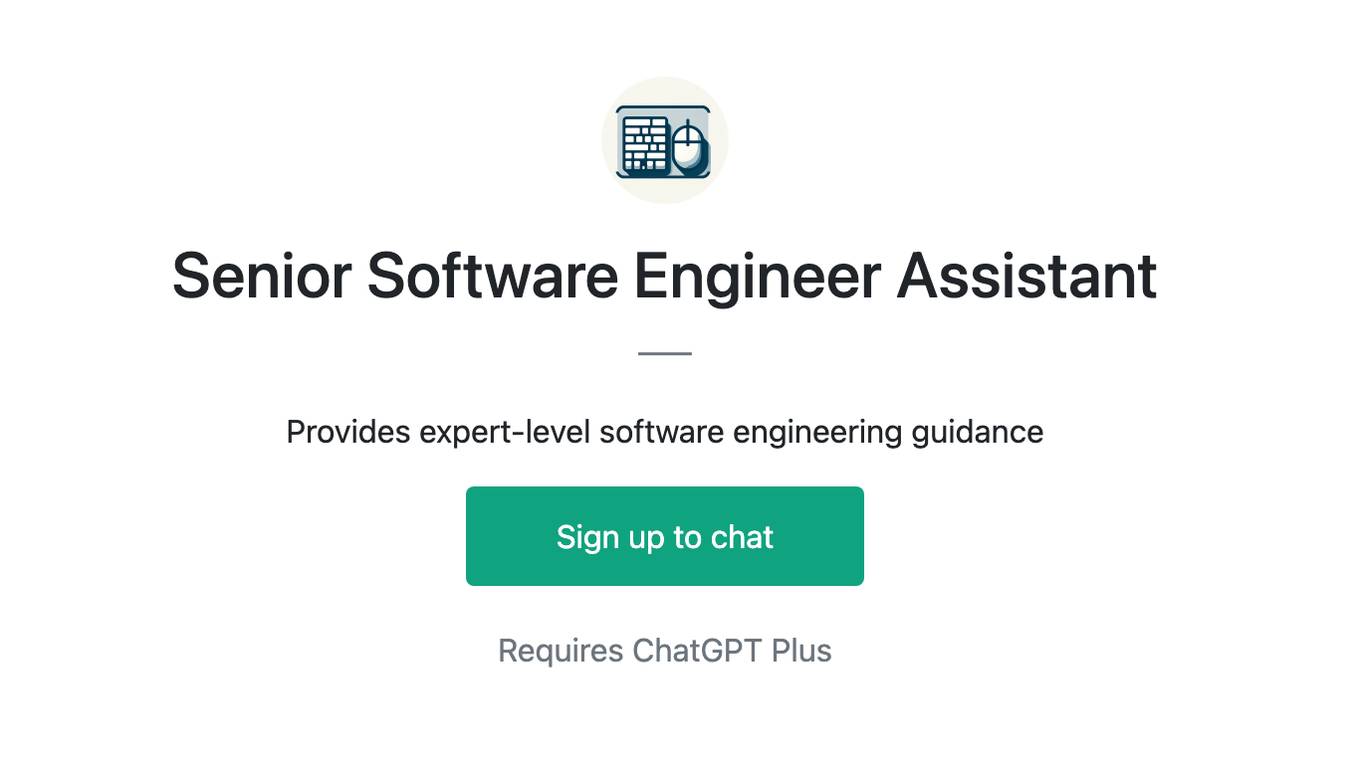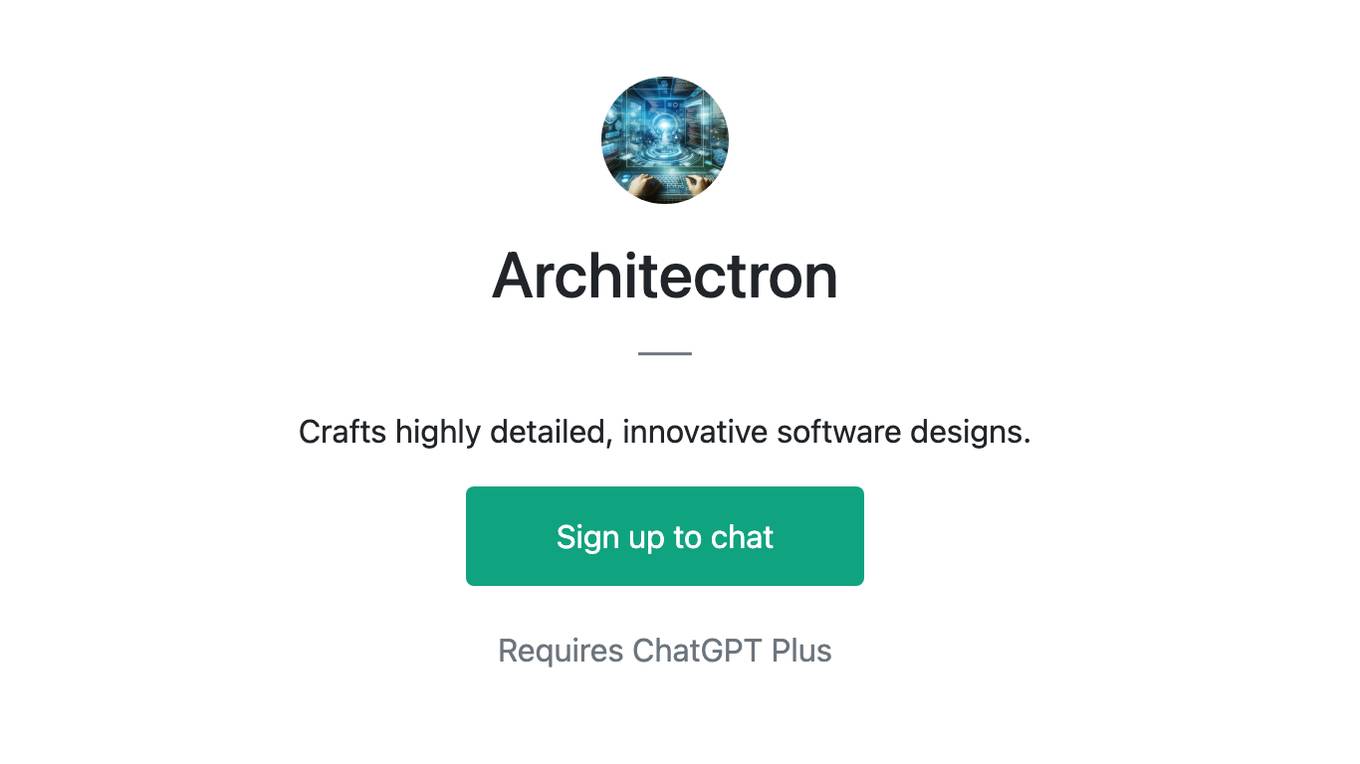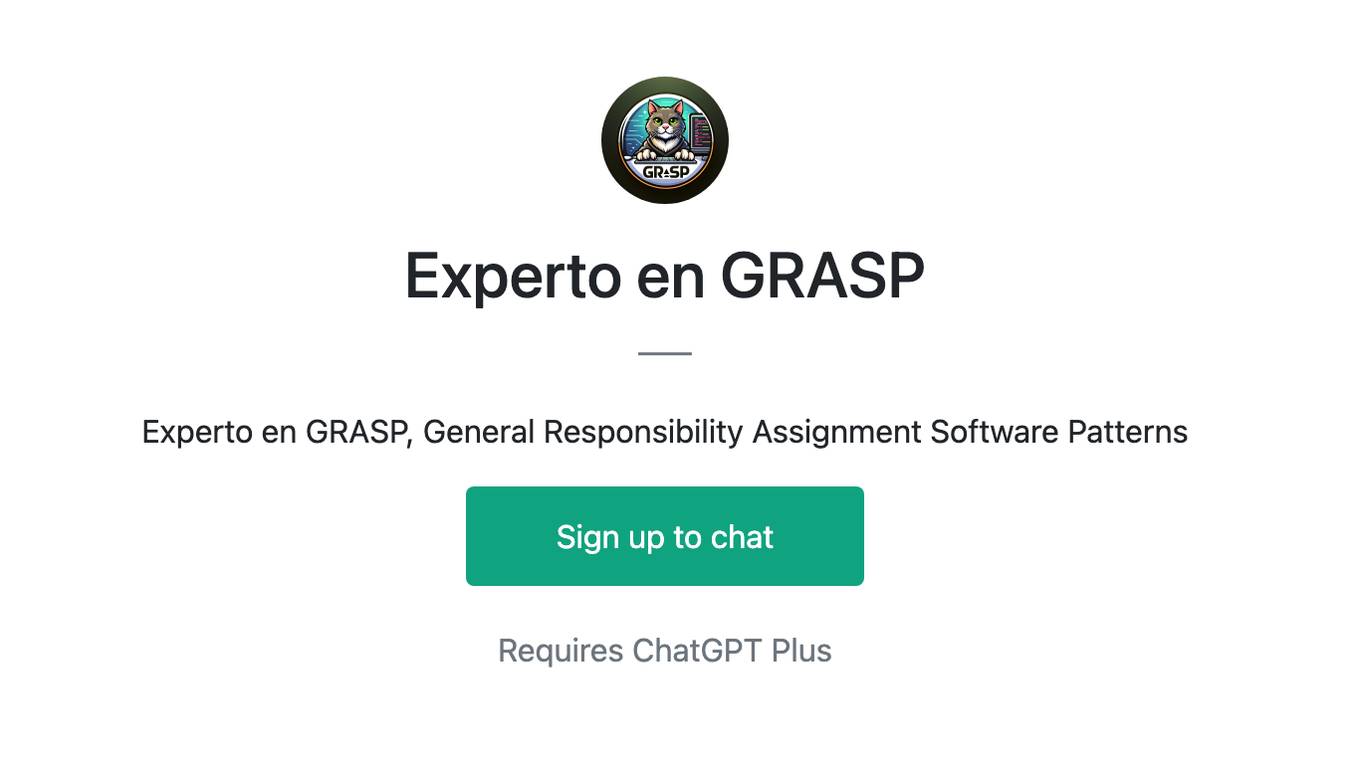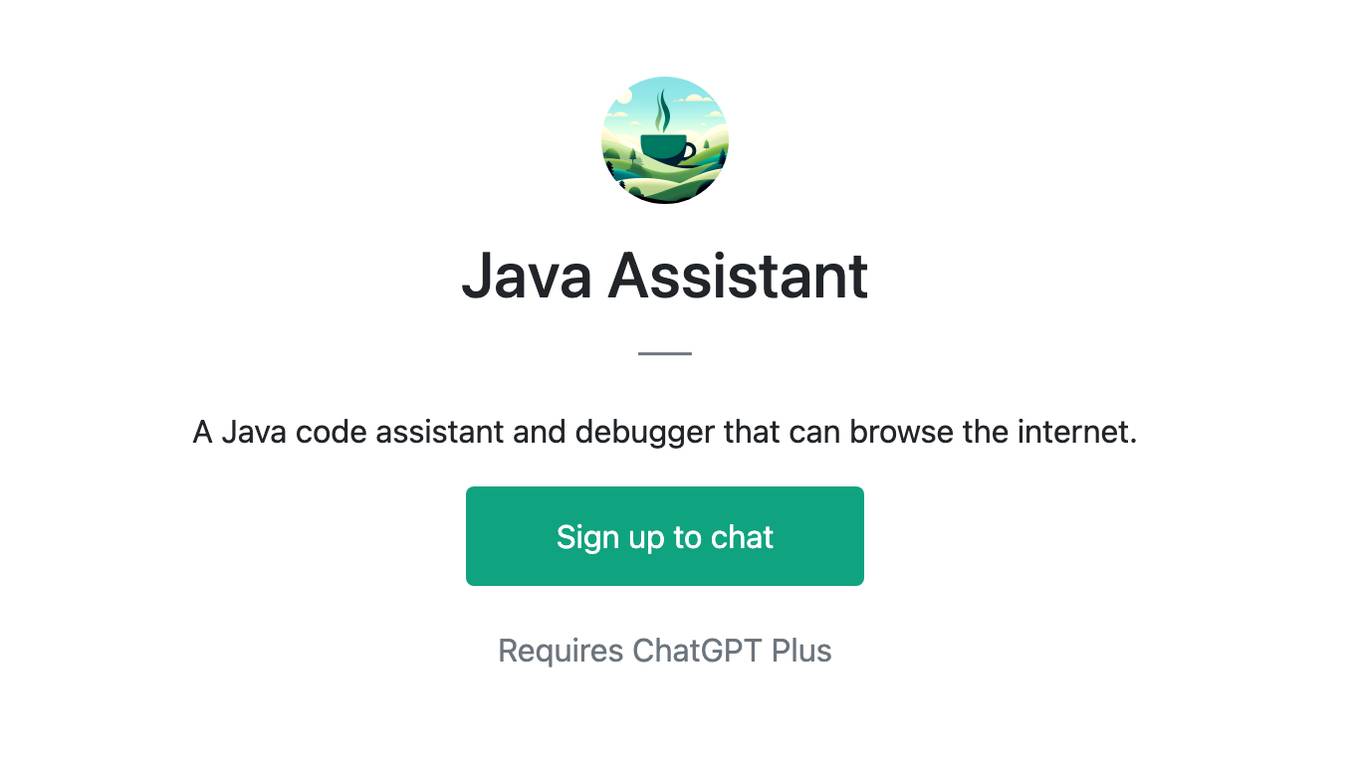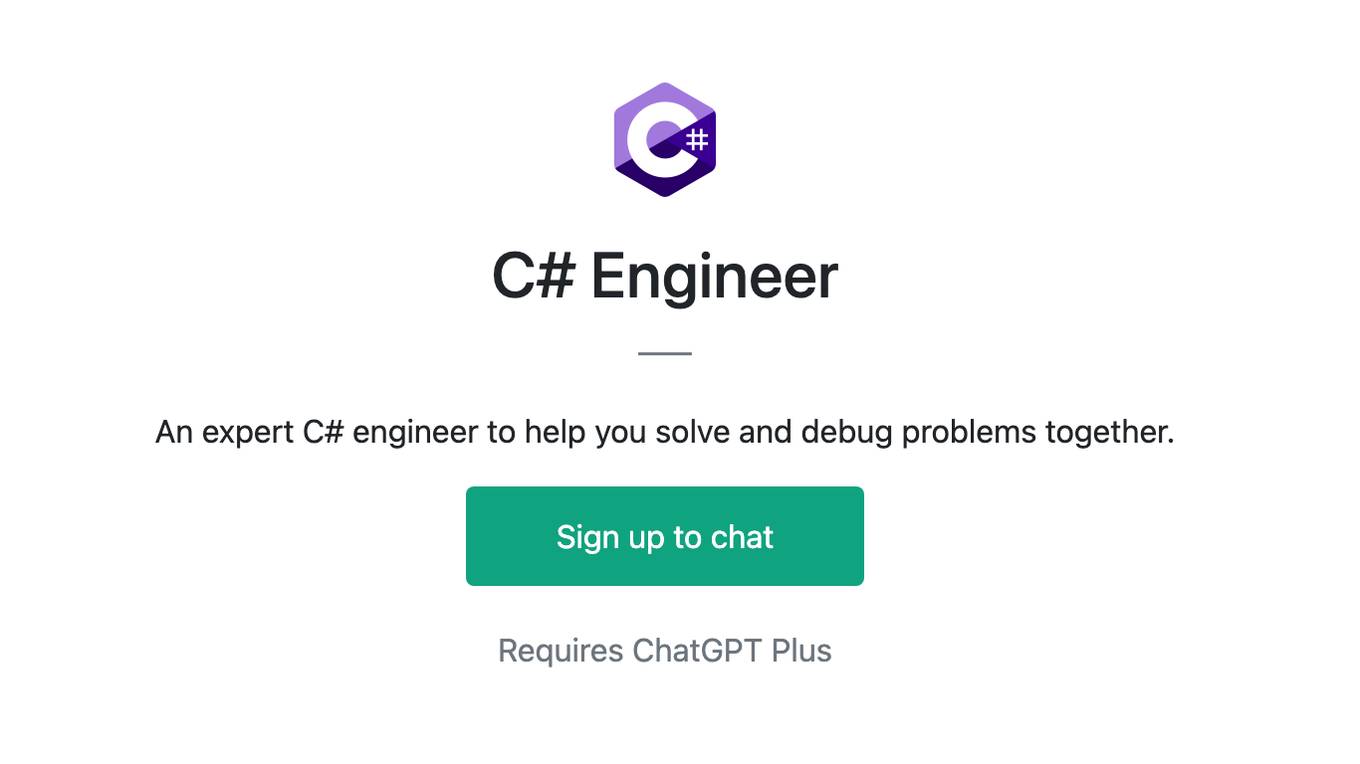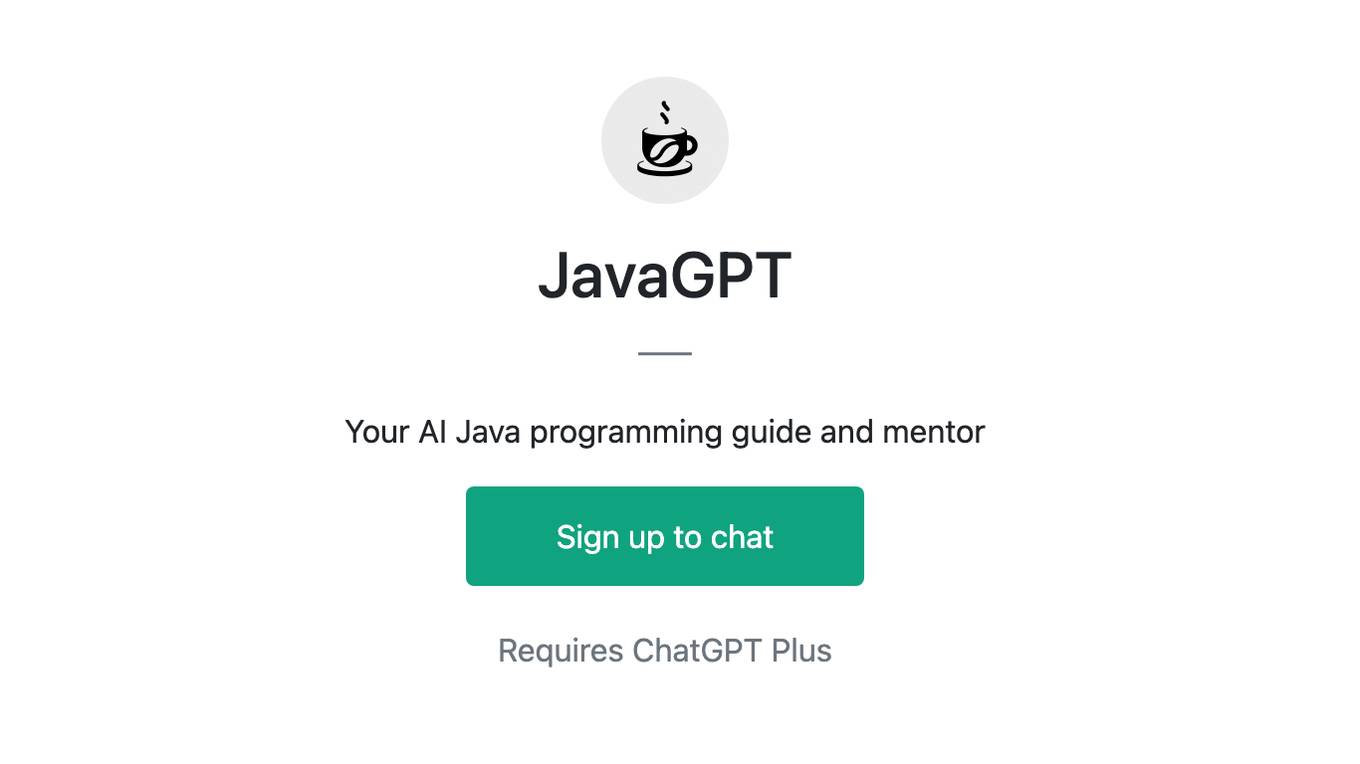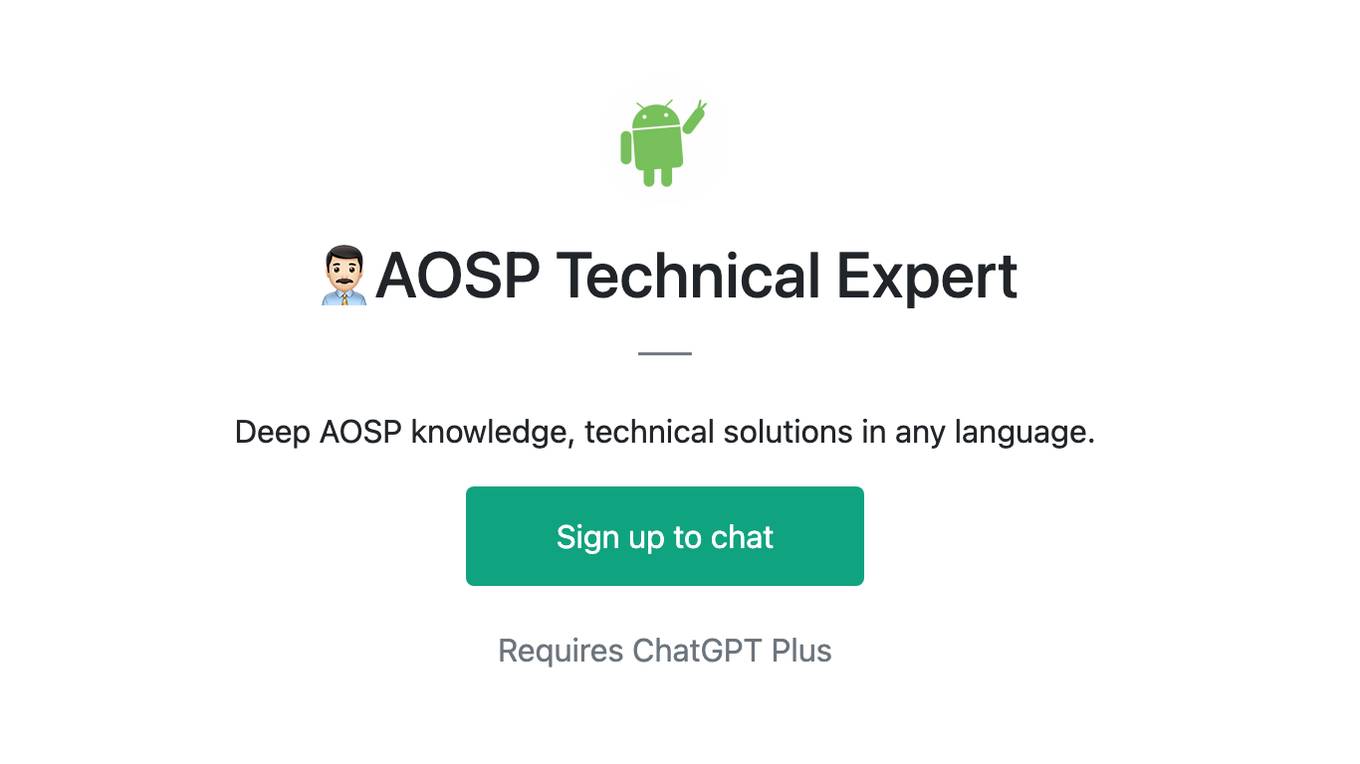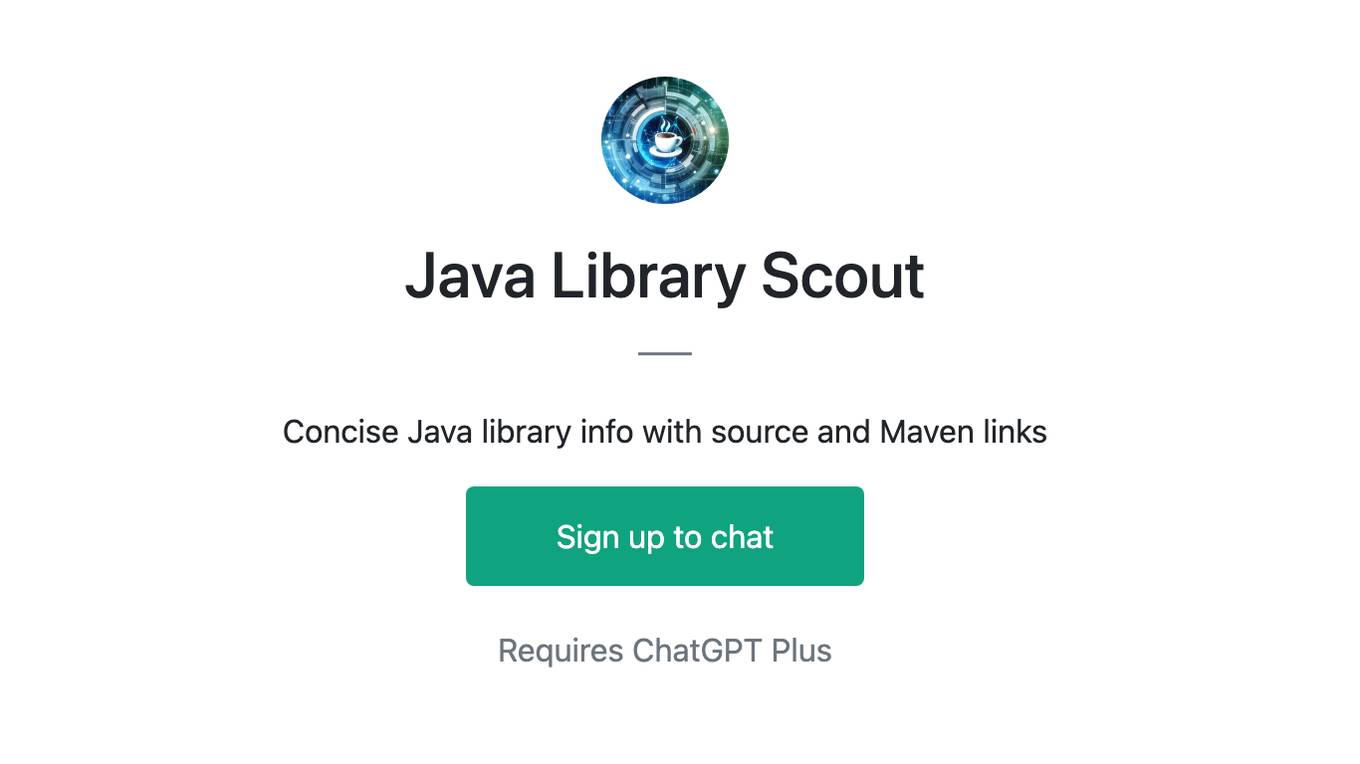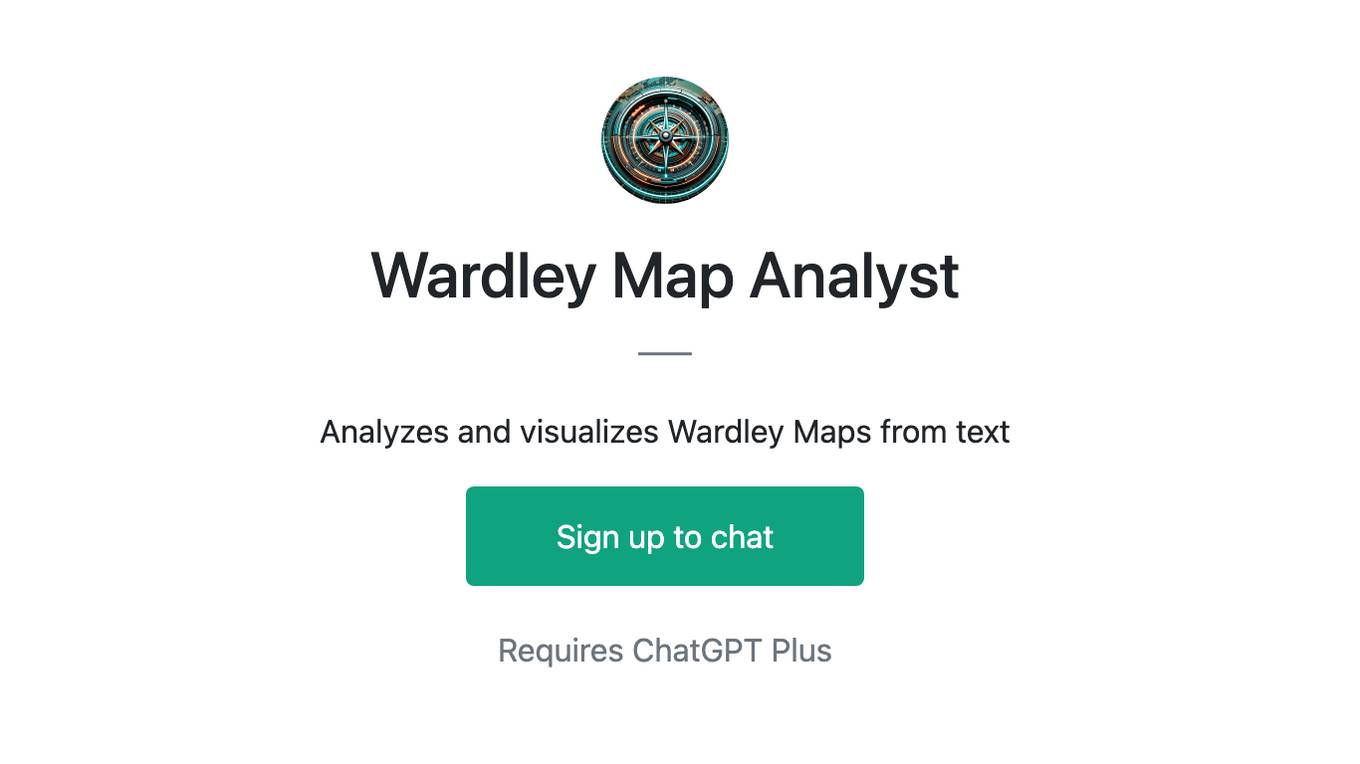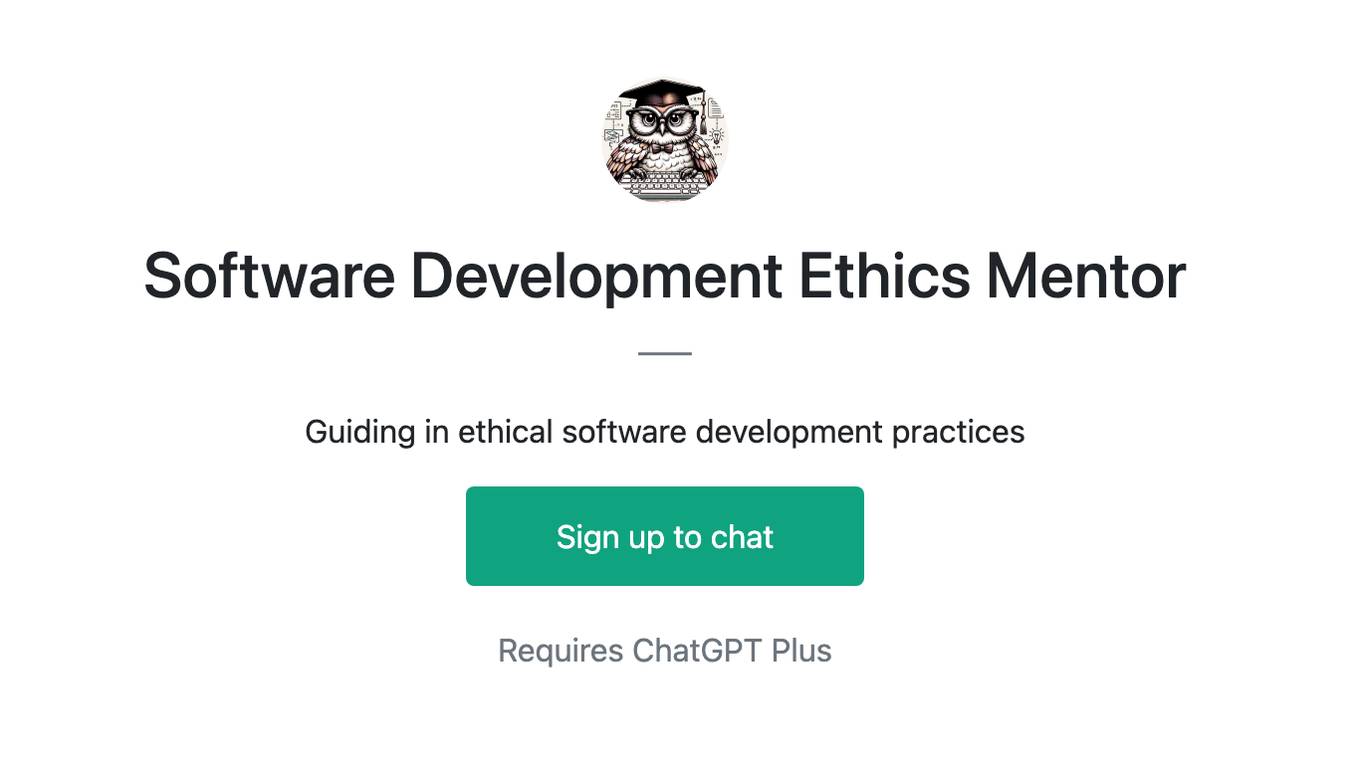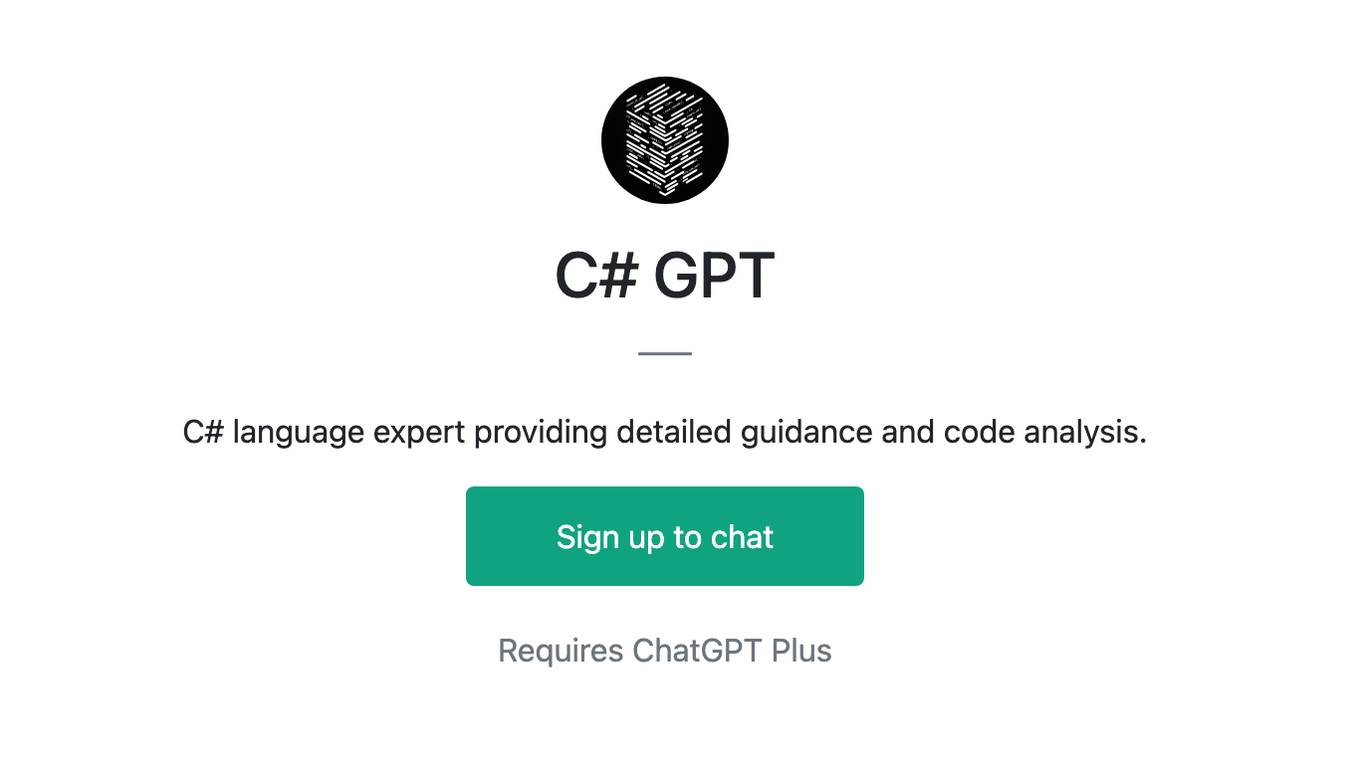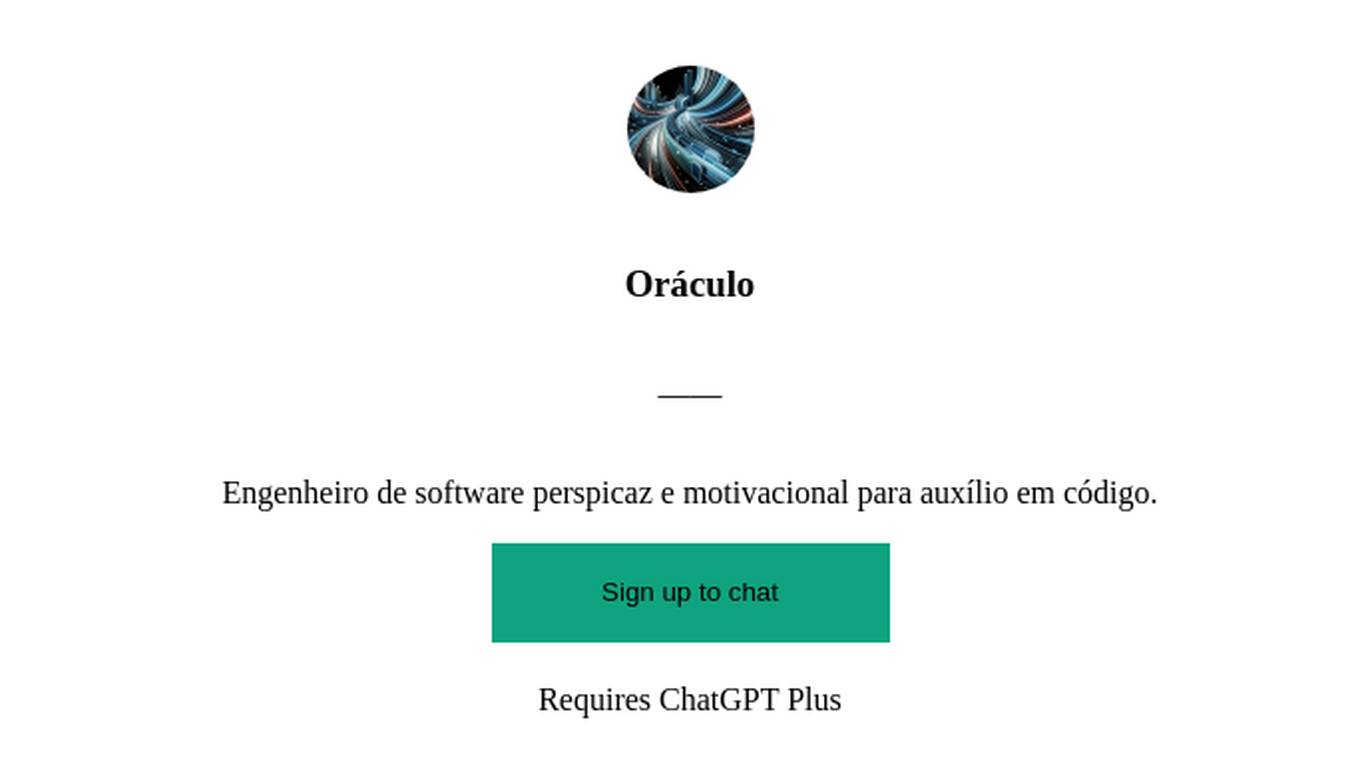Best AI tools for< Software Architect >
Infographic
16 - AI tool Sites
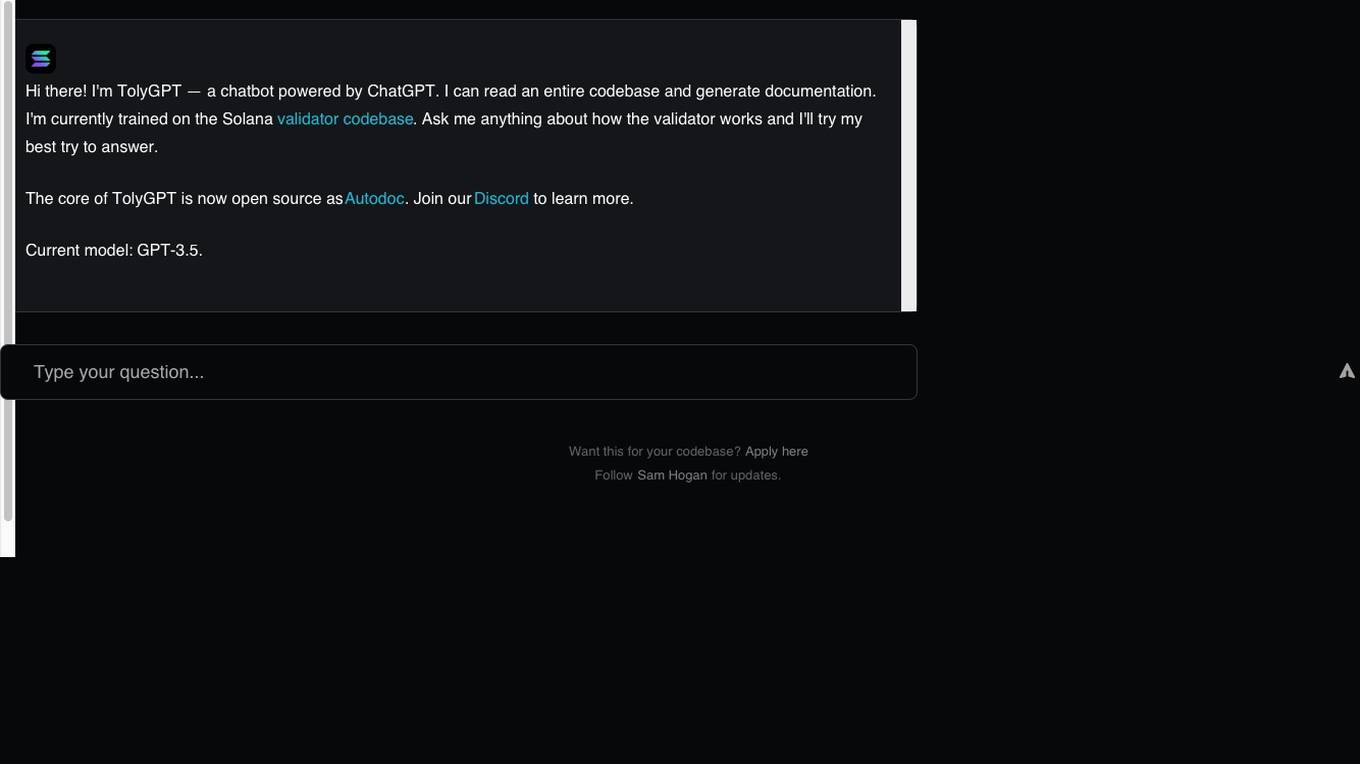
TolyGPT
TolyGPT is an AI-powered chatbot that is designed to read an entire codebase and generate documentation. It is specifically trained on the Solana validator codebase and can provide information on how the validator works. The core of TolyGPT is open source as Autodoc, and it is powered by the GPT-3.5 model. Users can interact with TolyGPT to get insights and answers related to codebases and validators.
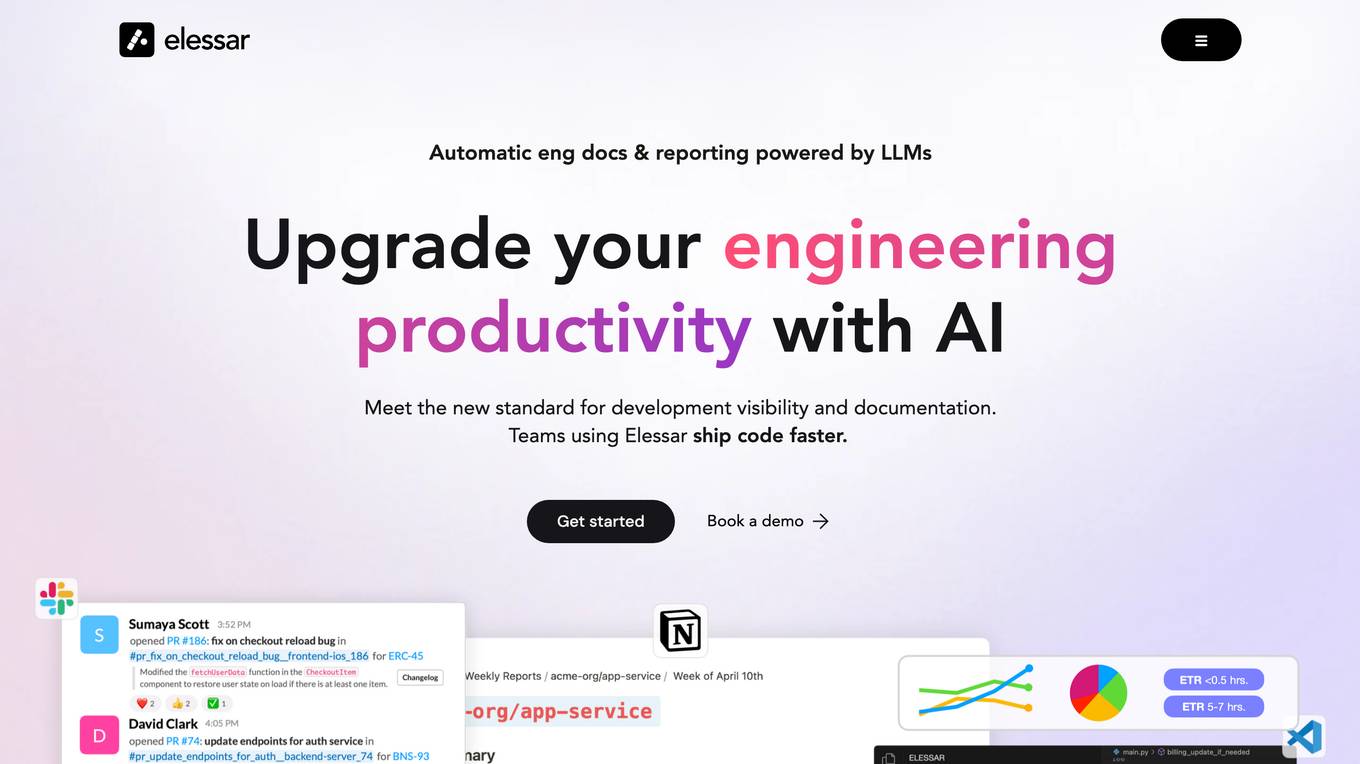
Elessar
Elessar is an AI-powered platform designed to enhance engineering productivity by providing automatic documentation, reporting, and visibility for development teams. It seamlessly integrates with existing ecosystems, generates pull request changelogs, automates Notion documentation, offers Slack bot functionality, provides VS Code extension for easy code understanding, and links with Linear for issue tracking. Elessar ensures data privacy and security by following SOC II compliant policies and encrypting data at rest and in transit. It does not use data for training AI models. With Elessar, organizations can streamline communication, improve visibility, and boost productivity.
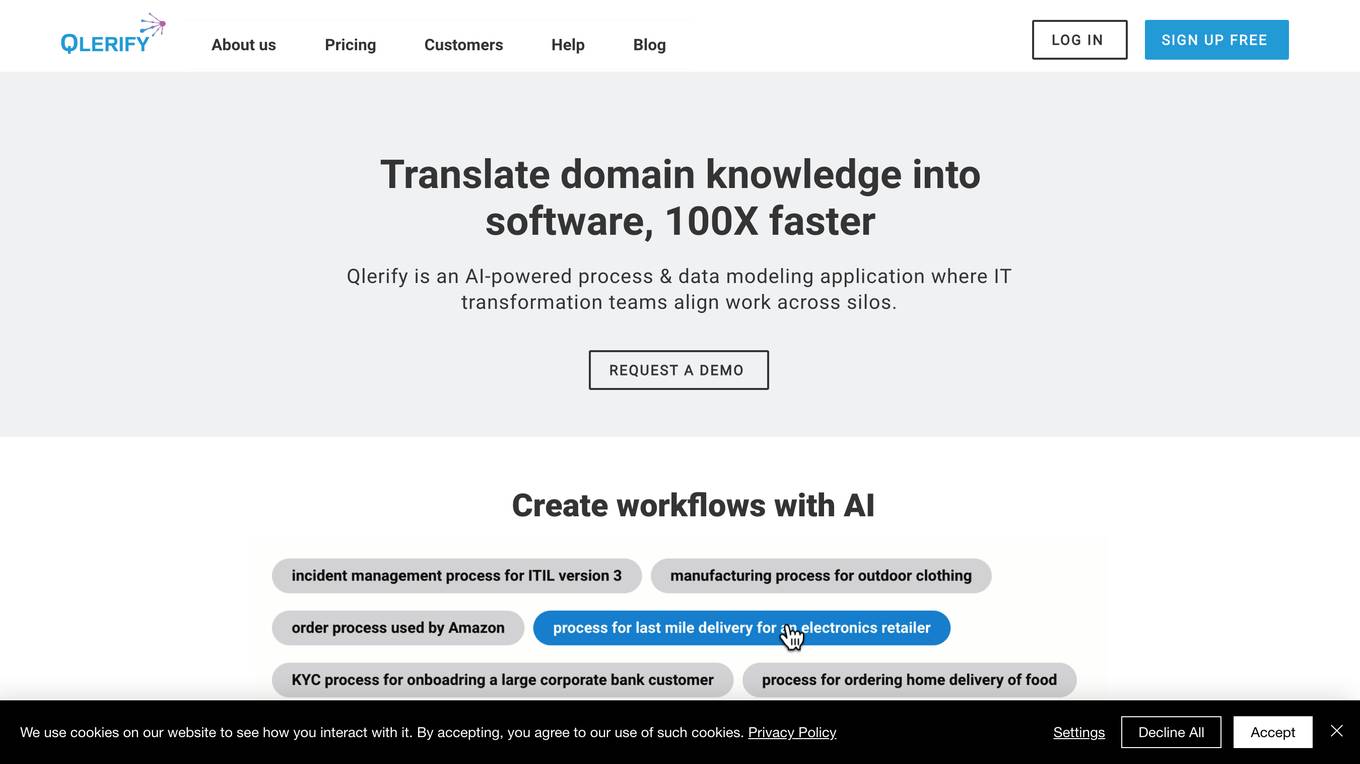
Qlerify
Qlerify is an AI-powered software modeling tool that helps digital transformation teams accelerate the digitalization of enterprise business processes. It allows users to quickly create workflows with AI, generate source code in minutes, and reuse actionable models in various formats. Qlerify supports powerful frameworks like Event Storming, Domain Driven Design, and Business Process Modeling, providing a user-friendly interface for collaborative modeling.
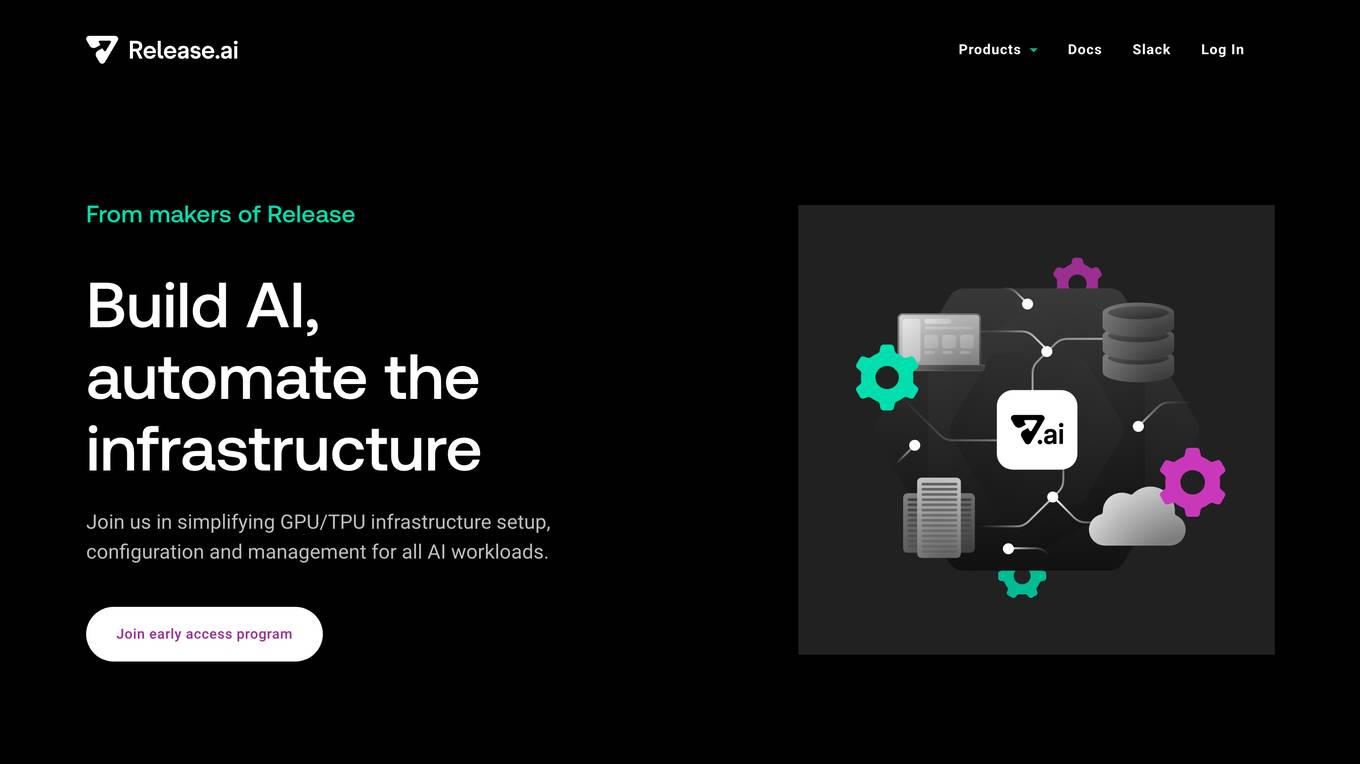
Release.ai
Release.ai is an AI-centric platform that allows developers, operations, and leadership teams to easily deploy and manage AI applications. It offers pre-configured templates for popular open-source technologies, private AI environments for secure development, and access to GPU resources. With Release.ai, users can build, test, and scale AI solutions quickly and efficiently within their own boundaries.
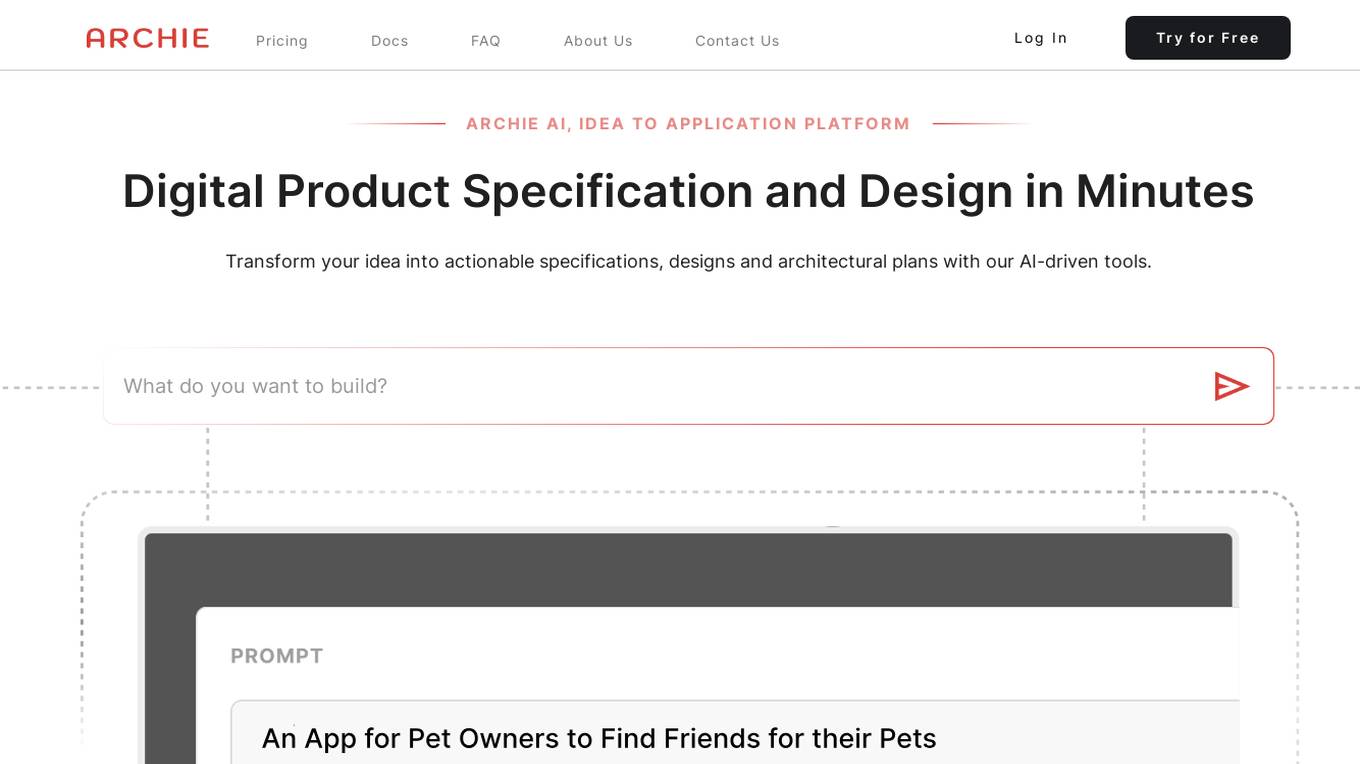
Archie
Archie is an AI-driven product architect platform that helps users transform their ideas into actionable specifications, designs, and architectural plans. It leverages the power of multiple large language models (LLMs) to provide users with insights, suggestions, and assistance throughout the product development process. With Archie, users can quickly generate a free Digital Blueprint of their software application's design, cure writer's block, rapidly conceptualize their ideas, and get data-driven assessments and enhanced creativity suggestions. Archie also allows users to socialize their ideas with early stakeholders and leverage AI to expand their ideas into detailed functional and technical plans.
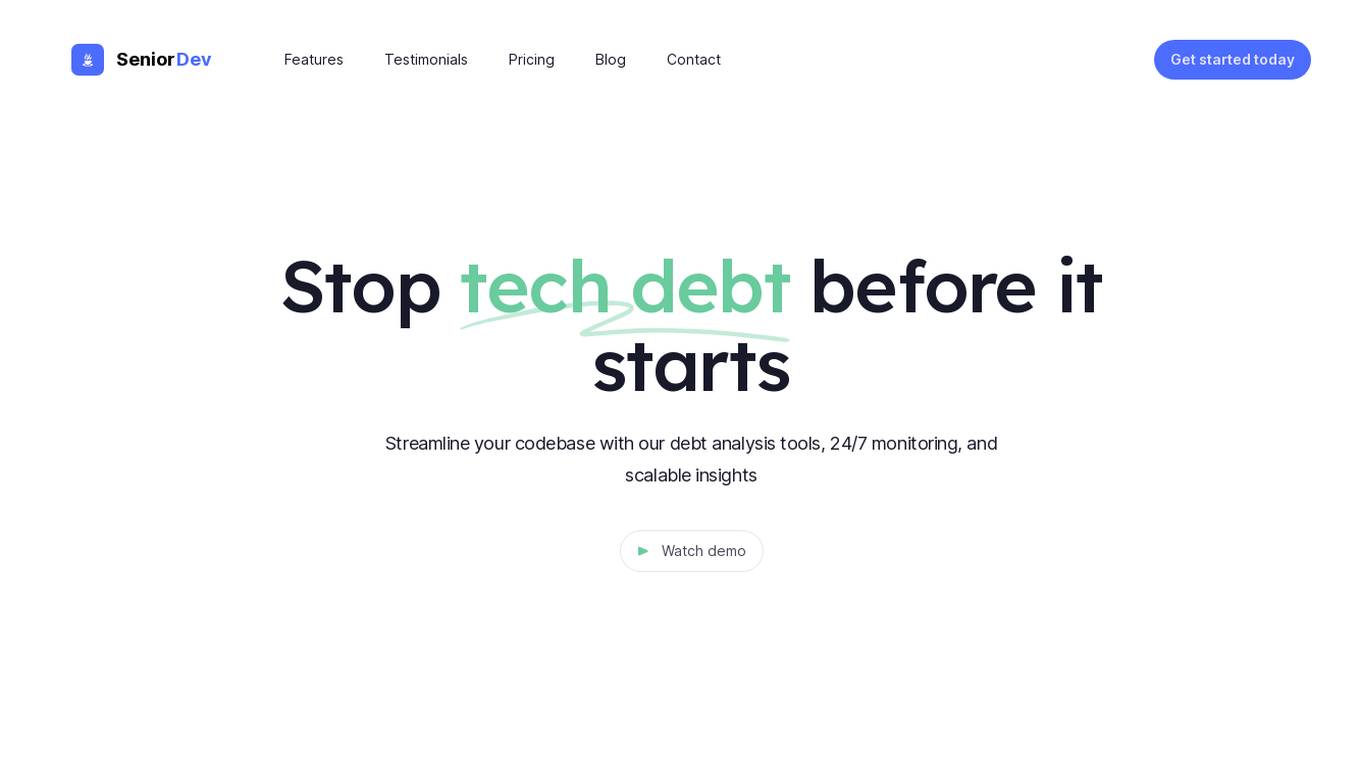
AI Tech Debt Analysis Tool
This website is an AI tool that helps senior developers analyze AI tech debt. AI tech debt is the technical debt that accumulates when AI systems are developed and deployed. It can be difficult to identify and quantify AI tech debt, but it can have a significant impact on the performance and reliability of AI systems. This tool uses a variety of techniques to analyze AI tech debt, including static analysis, dynamic analysis, and machine learning. It can help senior developers to identify and quantify AI tech debt, and to develop strategies to reduce it.
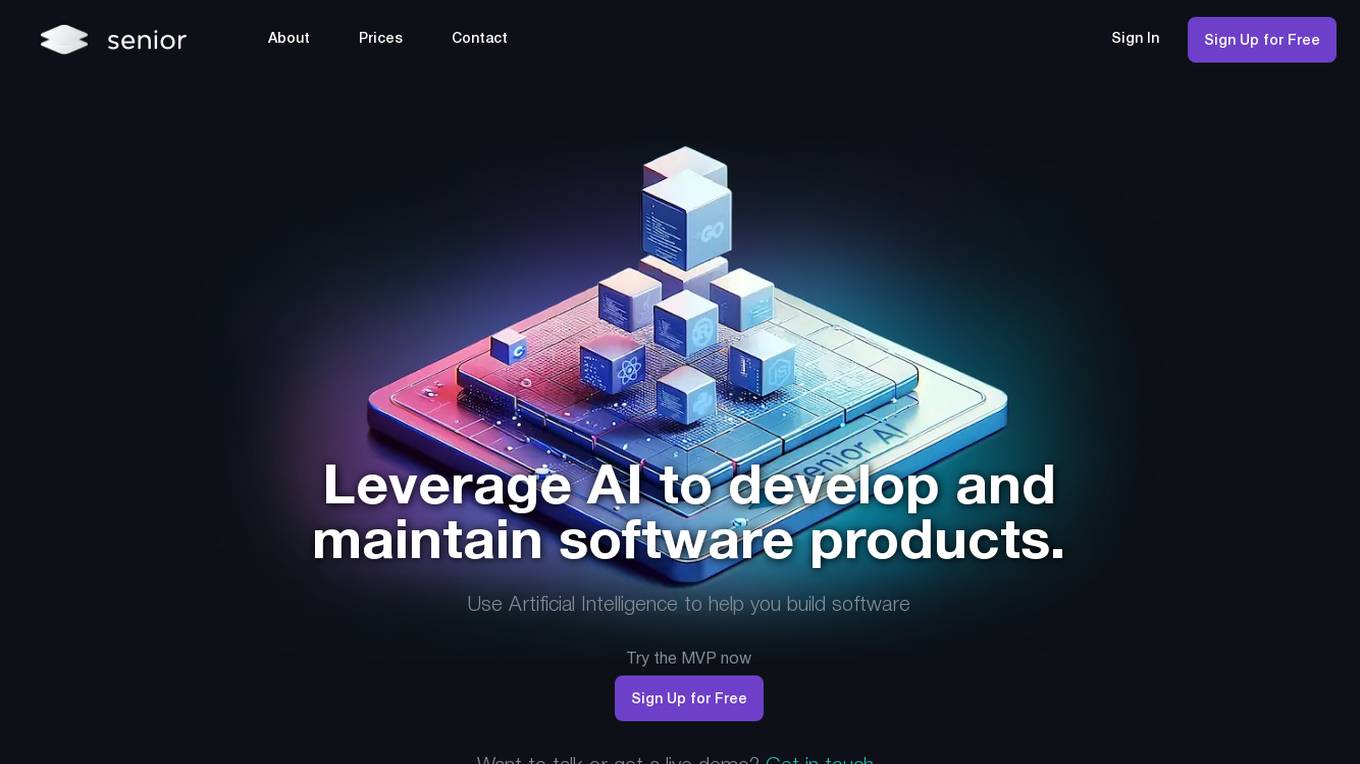
Senior AI
Senior AI is a platform that leverages Artificial Intelligence to help individuals and companies develop and manage software products more efficiently and securely. It offers codebase awareness, bug analysis, security optimization, and productivity enhancements, making software development faster and more reliable. The platform provides different pricing tiers suitable for individuals, power users, small teams, growing teams, and large teams, with the option for enterprise solutions. Senior AI aims to supercharge software development with an AI-first approach, guiding users through the development process and providing tailored code suggestions and security insights.
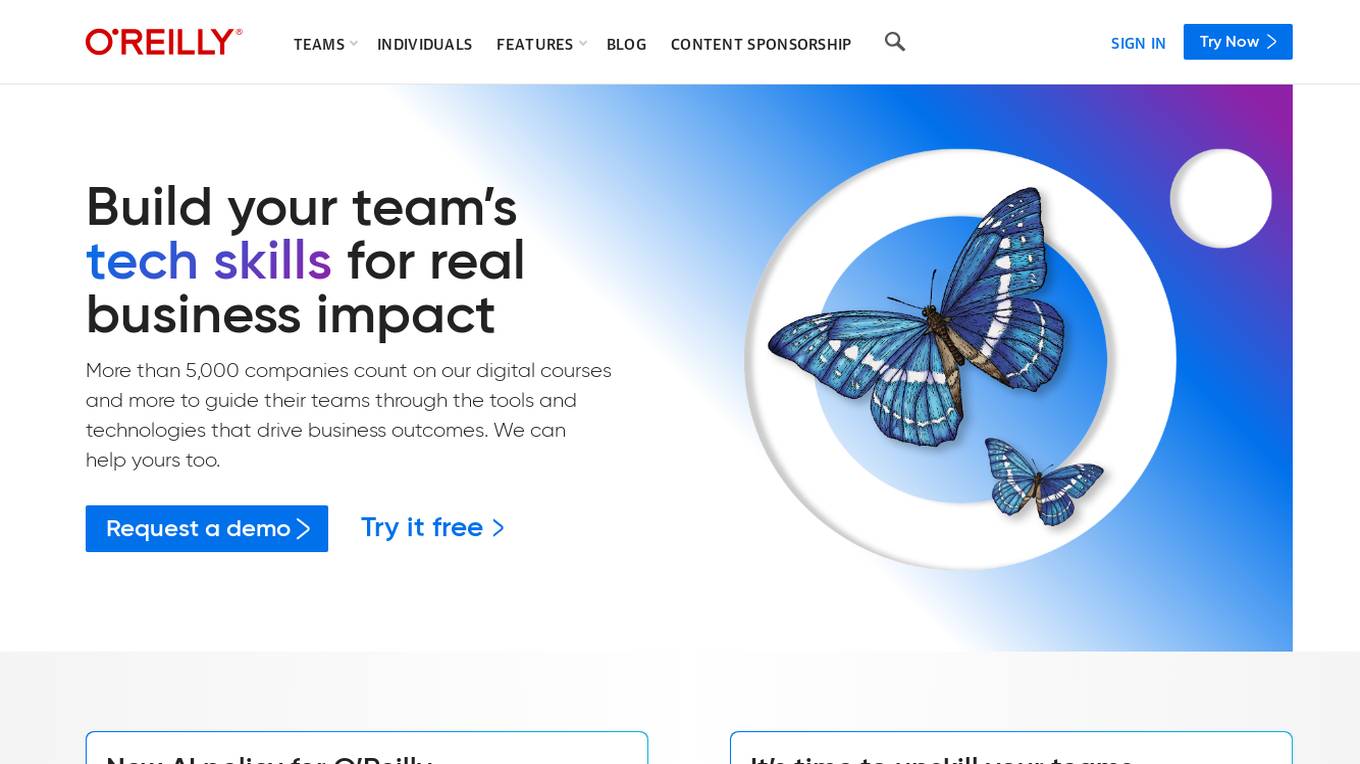
O'Reilly Media
O'Reilly Media is an AI-powered platform offering technology and business training for individuals, businesses, government, and higher education institutions. With over 5,000 companies relying on their digital courses, O'Reilly provides resources to upskill teams in tools and technologies driving business outcomes. The platform features courses, certifications, interactive learning, live events, and insights reporting. O'Reilly leverages generative AI tools and large language models to help employees stay ahead in their tech careers. The platform also offers diversity scholarships and awards to promote inclusivity and recognize excellence in technical learning. With a history of over 40 years, O'Reilly has been sharing knowledge through books, tech conferences, and online learning content.
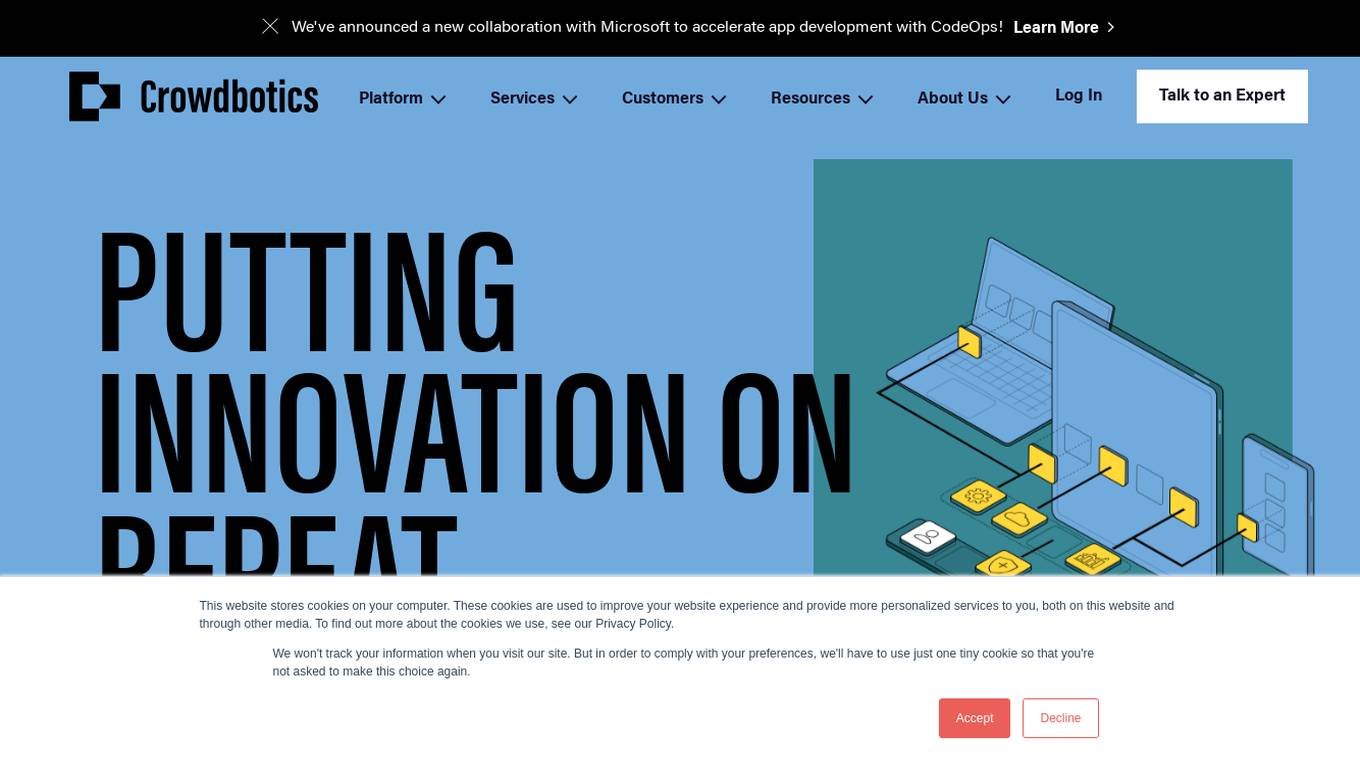
Crowdbotics
Crowdbotics is an AI-powered platform that leverages systematic code reuse to help users build applications faster and with reduced risk. The platform uses AI to improve the process of defining app requirements, link reusable code modules with app requirements, assemble code modules into a nearly complete app, and develop differentiating features. Crowdbotics aims to transform the software development lifecycle by enabling successful code reuse through its CodeOps approach.
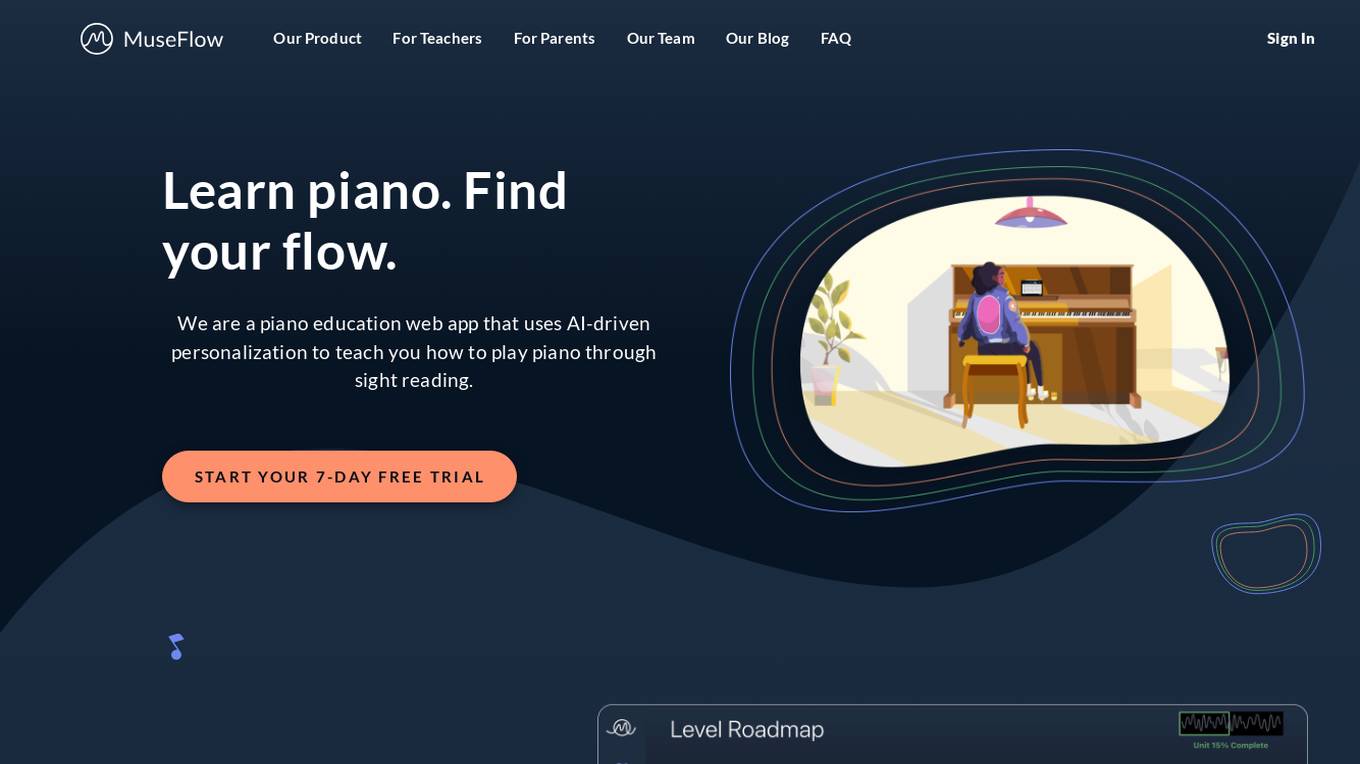
MuseFlow
MuseFlow is a piano education web app that uses AI-driven personalization to teach users how to play piano through sight reading. It offers a tailored learning experience with real-time feedback, continuous generation of new music pieces, and a gamified approach to keep users engaged. The app is designed to help users learn and grow at their own pace until they achieve true musical mastery. MuseFlow aims to create a full musical learning experience for all commonly played instruments in the future.
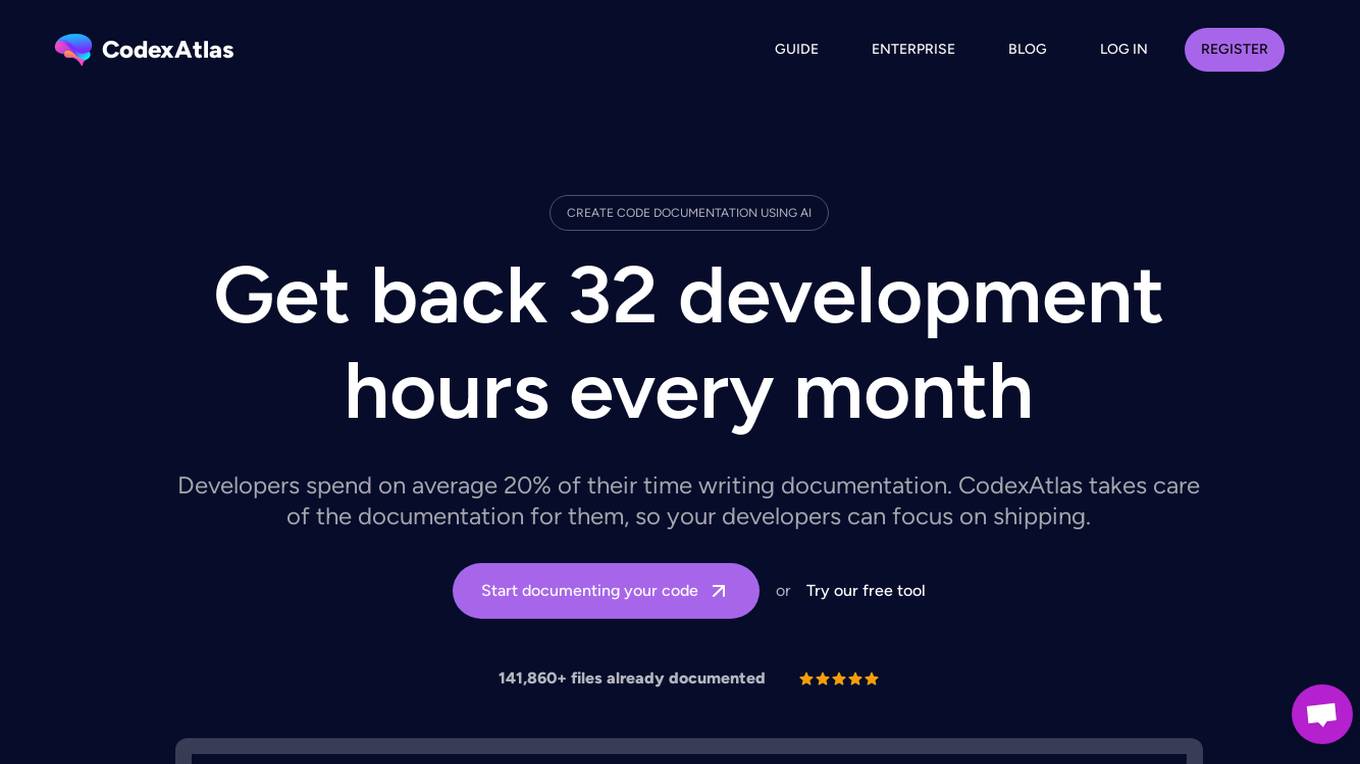
CodexAtlas
CodexAtlas is an AI-powered tool designed to automate code documentation processes. It leverages the latest advancements in Artificial Intelligence to generate and maintain documentation for software projects, freeing developers from the time-consuming task of writing documentation. With features like real-time updates, onboarding time reduction, and use-case detection, CodexAtlas aims to streamline the documentation process and enhance developer productivity. The tool also offers code conversion capabilities, business domain knowledge integration, and the option for on-premise deployment to cater to diverse organizational needs.
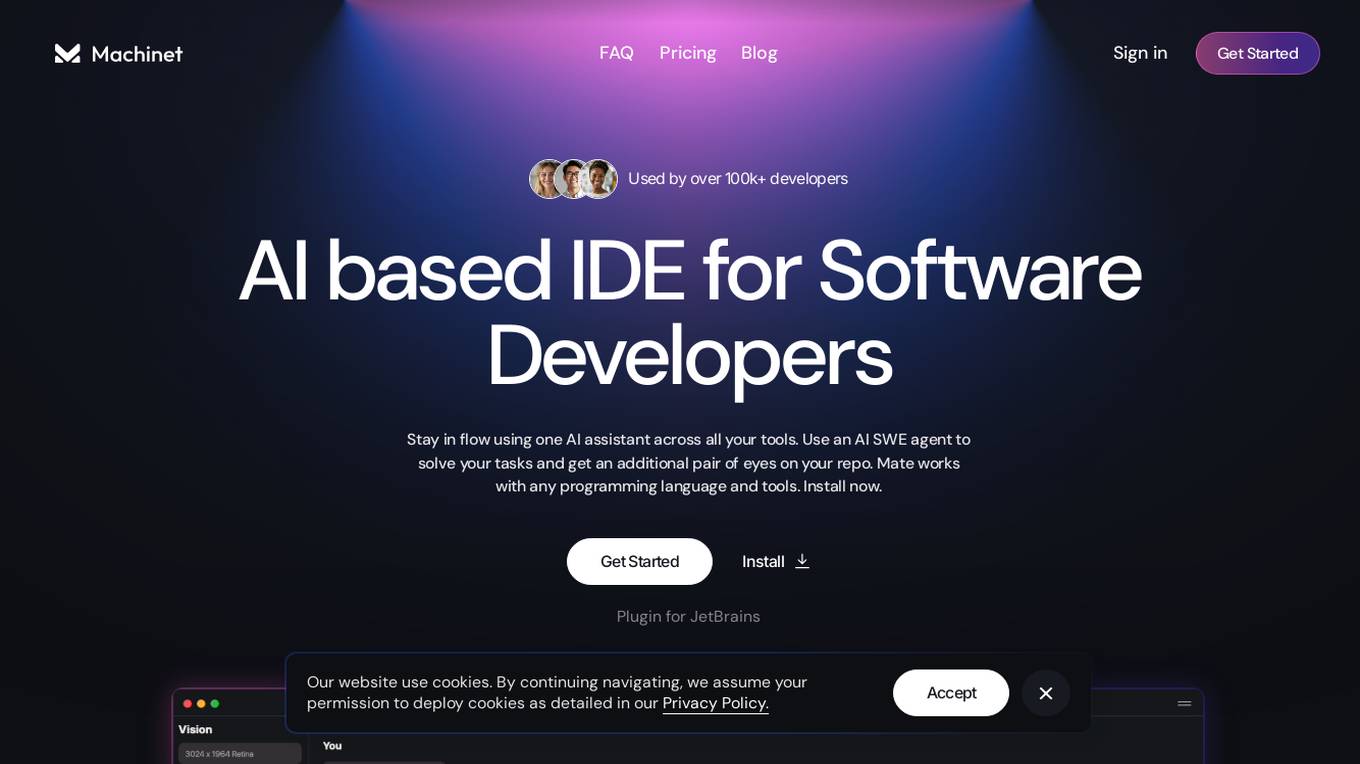
Machinet
Machinet is an AI Agent designed for full-stack software developers. It serves as an AI-based IDE that assists developers in various tasks, such as code generation, terminal access, front-end debugging, architecture suggestions, refactoring, and mentoring. The tool aims to enhance productivity and streamline the development workflow by providing intelligent assistance and support throughout the coding process. Machinet prioritizes security and privacy, ensuring that user data is encrypted, secure, and never stored for training purposes.
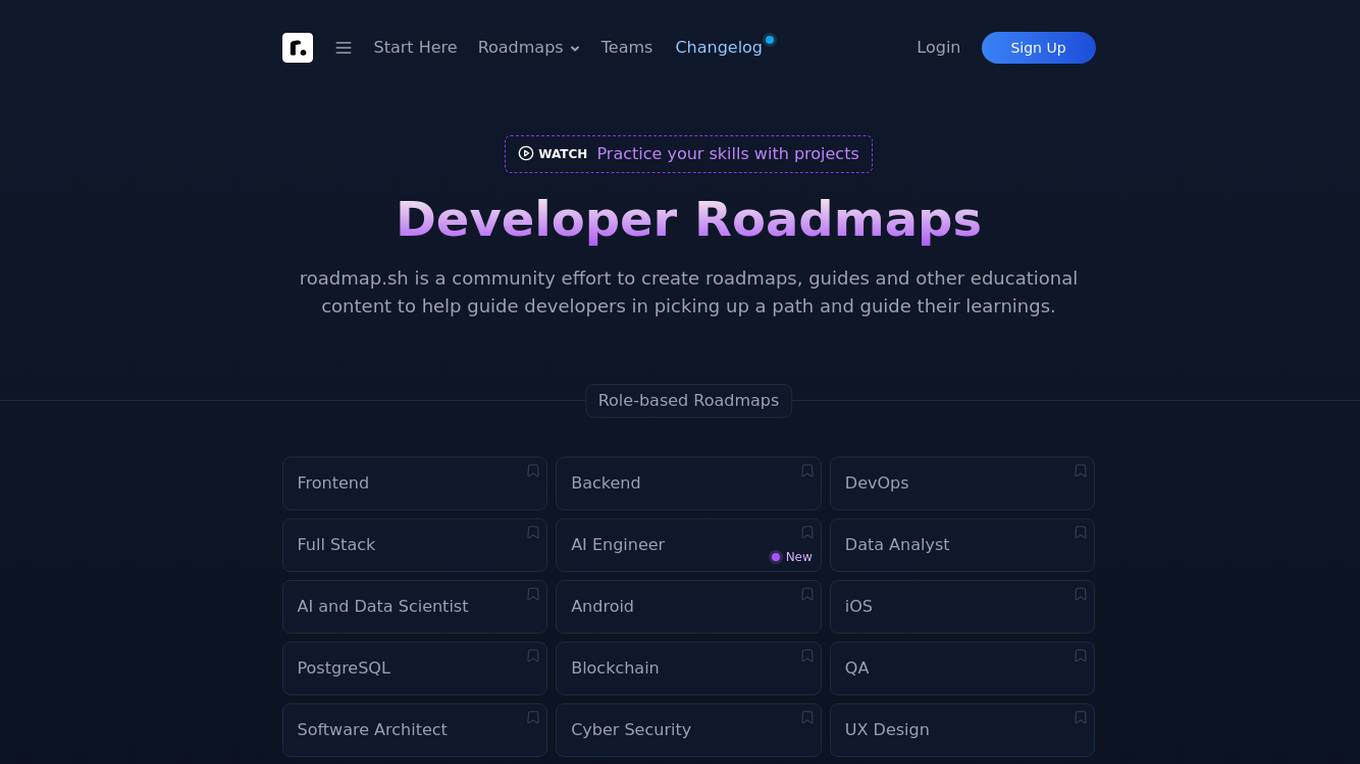
Developer Roadmaps
Developer Roadmaps (roadmap.sh) is a community-driven platform offering official roadmaps, guides, projects, best practices, questions, and videos to assist developers in skill development and career growth. It provides role-based and skill-based roadmaps covering various technologies and domains. The platform is actively maintained and continuously updated to enhance the learning experience for developers worldwide.
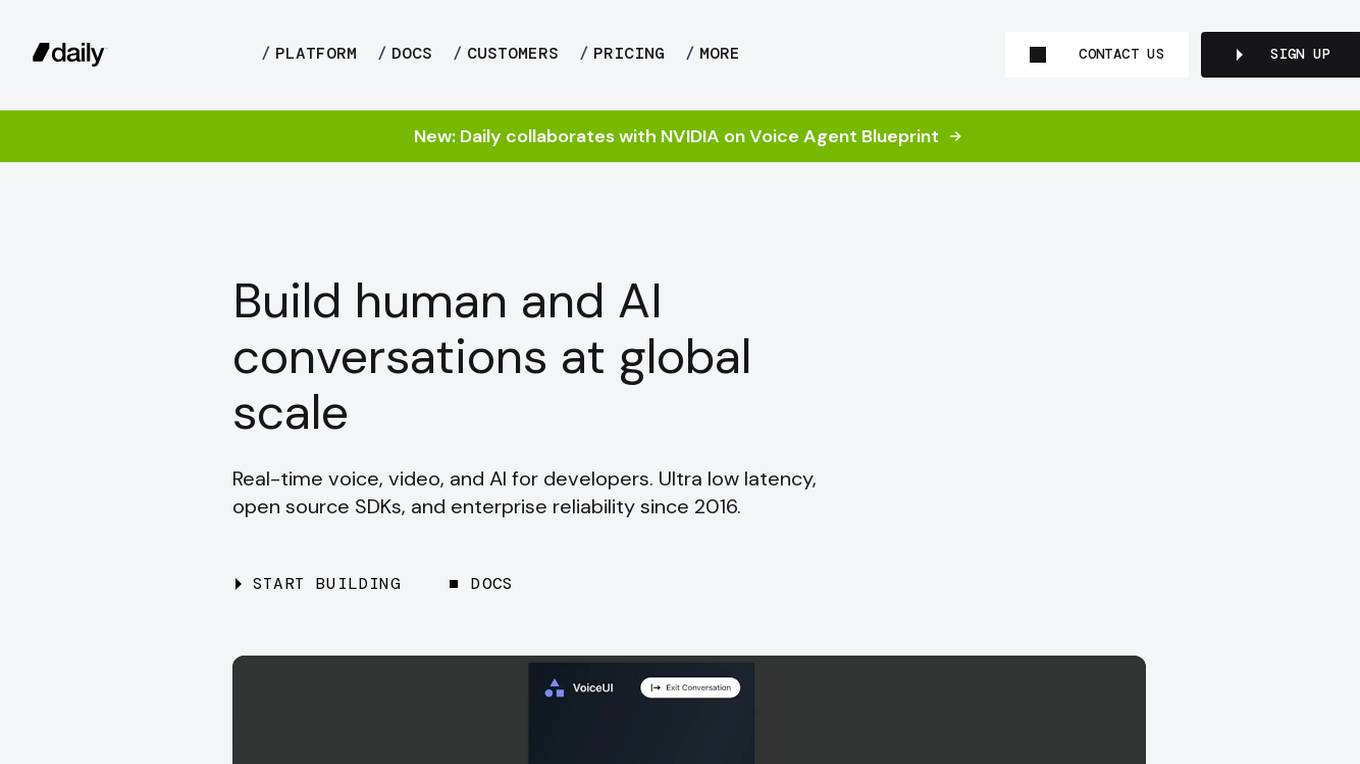
Daily
Daily is a platform offering real-time voice, video, and AI solutions for developers. It provides ultra-low latency, open-source SDKs, and enterprise reliability since 2016. Daily collaborates with NVIDIA on Voice Agent Blueprint, offers Pipecat - a vendor-neutral open-source orchestration framework, Daily Bots for Pipecat Cloud deployment, and Daily Infrastructure for running real-time calls on WebRTC global infrastructure. The platform ensures the best video quality on every network, with a global mesh network, low latency, and enterprise-grade security features.
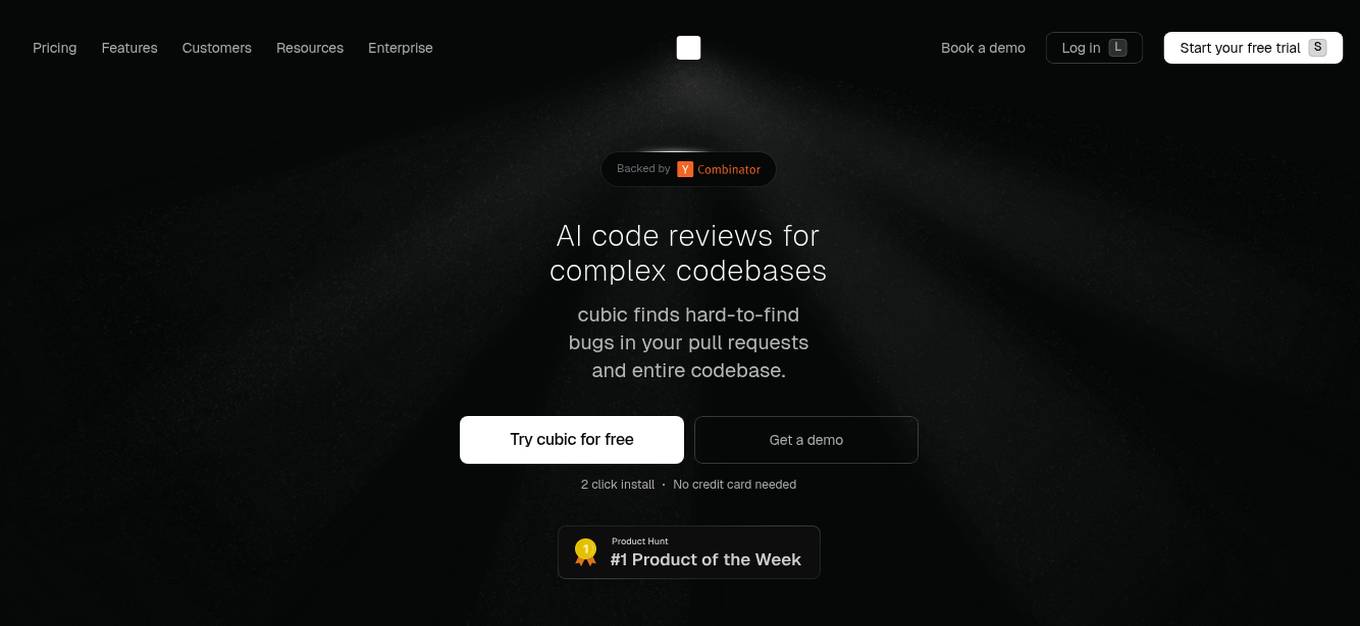
cubic
cubic is an AI-native code-review platform that leverages artificial intelligence to conduct code reviews for complex codebases. It helps teams identify hard-to-find bugs in pull requests and the entire codebase, providing context-aware feedback and summaries to enhance the review process. cubic continuously scans codebases for bugs and vulnerabilities, triages issues, enforces coding standards, and learns from team feedback to improve over time. The platform offers features like automatic PR descriptions, one-click issue fixes, intelligent diff ordering, and visualizing high-level changes. With a focus on security and privacy, cubic ensures that code remains secure and private by not storing or training AI on the code. It supports various programming languages and offers different pricing plans tailored to different team sizes and needs.
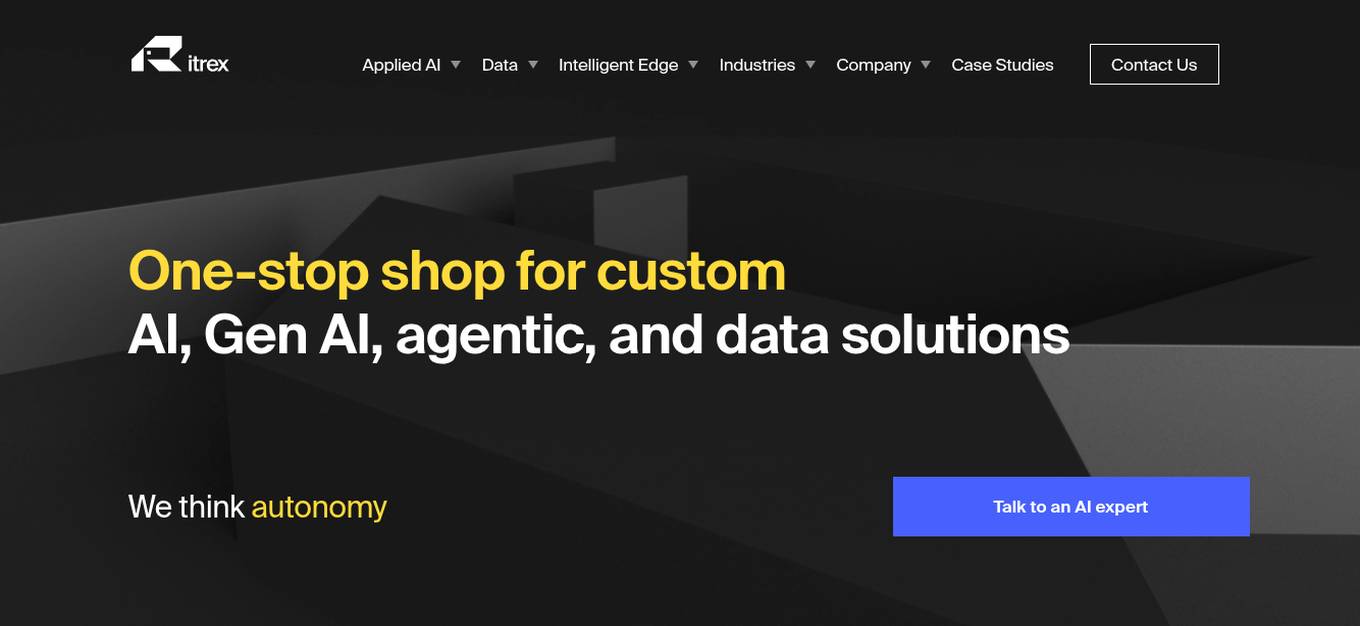
ITRex
ITRex is an AI tool that specializes in Gen AI, Data, and Agentic System Development. The company offers a wide range of services including AI strategy consulting, AI product discovery, AI design and development, data consulting, IoT solutions, and more. ITRex focuses on providing end-to-end AI solutions tailored to meet the specific needs of each client, from strategy to deployment. The company's expertise spans across various industries such as healthcare, logistics, manufacturing, and retail, delivering innovative and customized AI solutions to drive business growth and efficiency.
18 - Open Source Tools

air
Air is a live-reloading command line utility for developing Go applications. It provides colorful log output, allows customization of build or any command, supports excluding subdirectories, and allows watching new directories after Air has started. Air can be installed via `go install`, `install.sh`, `goblin.run`, or Docker/Podman. To use Air, simply run `air` in your project root directory and leave it alone to focus on your code. Air has nothing to do with hot-deploy for production.
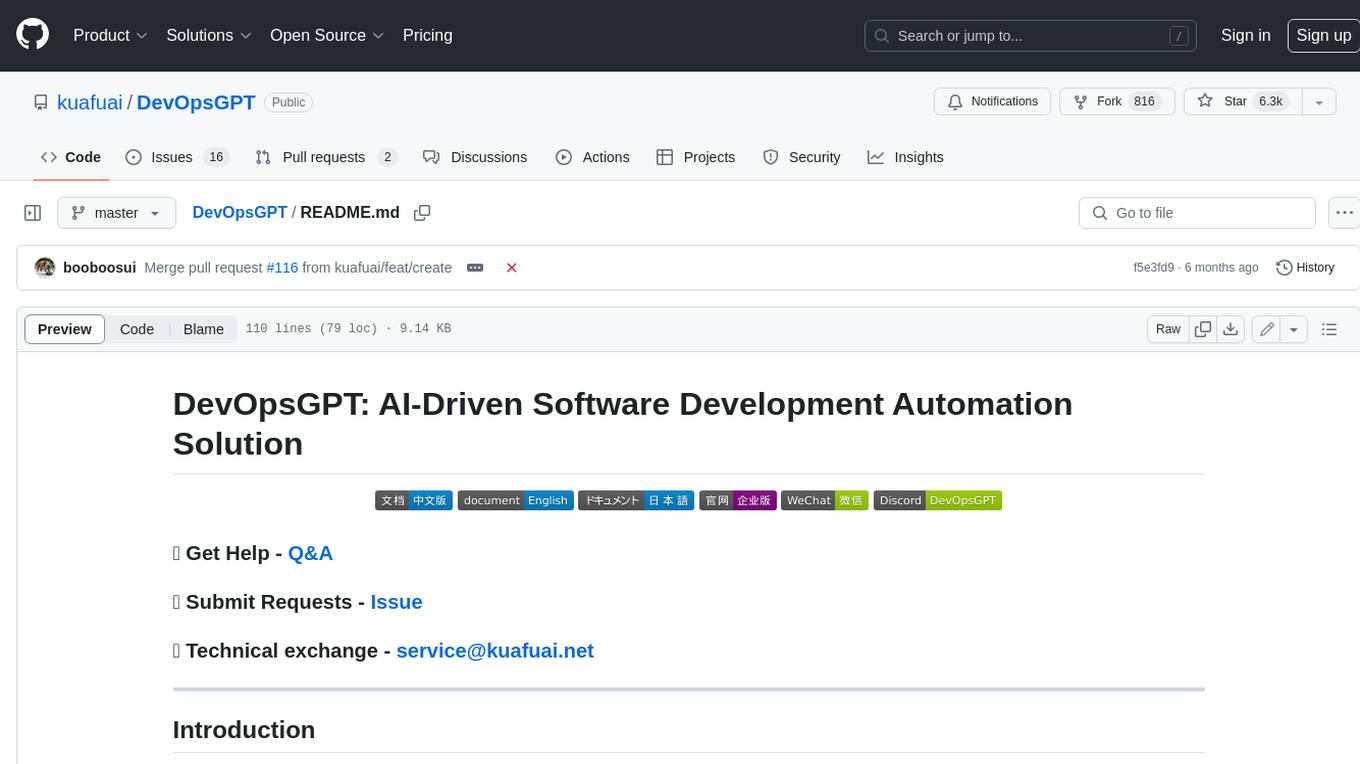
DevOpsGPT
DevOpsGPT is an AI-driven software development automation solution that combines Large Language Models (LLM) with DevOps tools to convert natural language requirements into working software. It improves development efficiency by eliminating the need for tedious requirement documentation, shortens development cycles, reduces communication costs, and ensures high-quality deliverables. The Enterprise Edition offers features like existing project analysis, professional model selection, and support for more DevOps platforms. The tool automates requirement development, generates interface documentation, provides pseudocode based on existing projects, facilitates code refinement, enables continuous integration, and supports software version release. Users can run DevOpsGPT with source code or Docker, and the tool comes with limitations in precise documentation generation and understanding existing project code. The product roadmap includes accurate requirement decomposition, rapid import of development requirements, and integration of more software engineering and professional tools for efficient software development tasks under AI planning and execution.
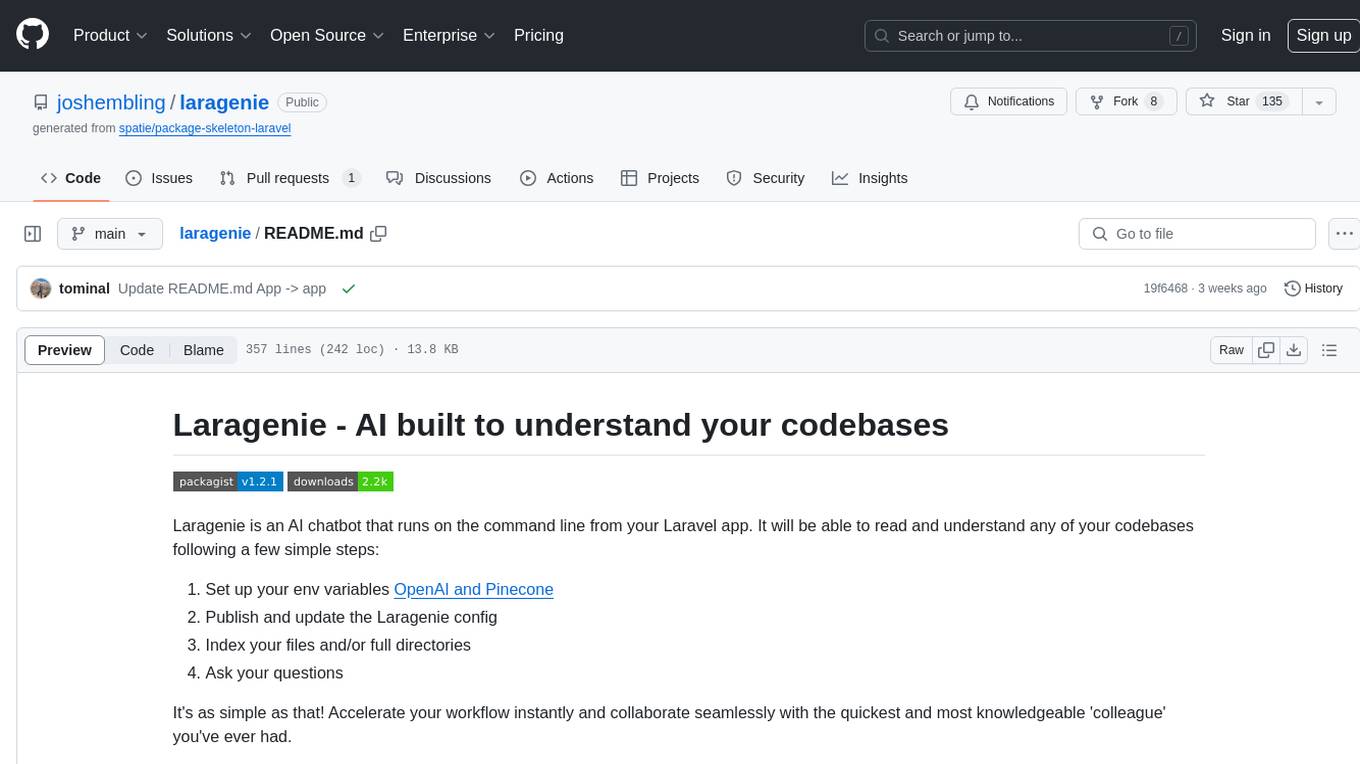
laragenie
Laragenie is an AI chatbot designed to understand and assist developers with their codebases. It runs on the command line from a Laravel app, helping developers onboard to new projects, understand codebases, and provide daily support. Laragenie accelerates workflow and collaboration by indexing files and directories, allowing users to ask questions and receive AI-generated responses. It supports OpenAI and Pinecone for processing and indexing data, making it a versatile tool for any repo in any language.
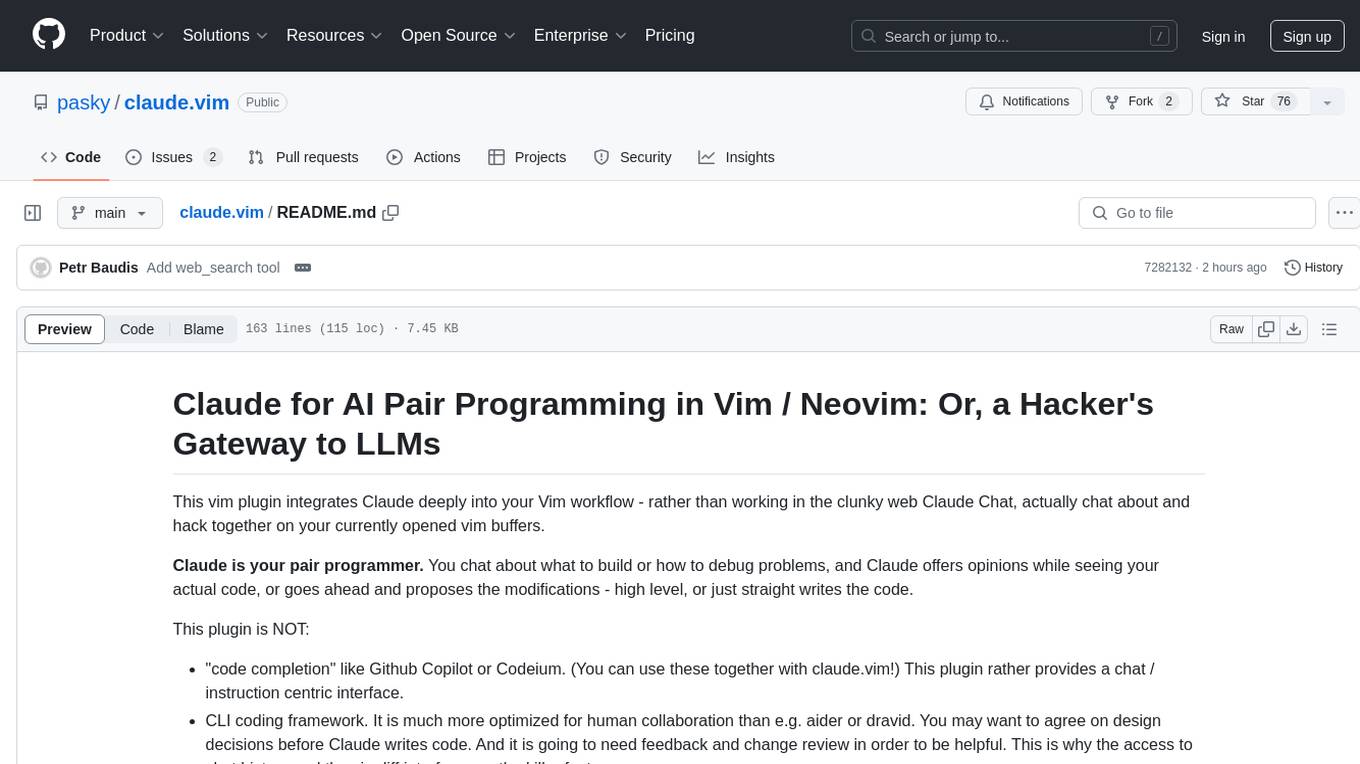
claude.vim
Claude.vim is a Vim plugin that integrates Claude, an AI pair programmer, into your Vim workflow. It allows you to chat with Claude about what to build or how to debug problems, and Claude offers opinions, proposes modifications, or even writes code. The plugin provides a chat/instruction-centric interface optimized for human collaboration, with killer features like access to chat history and vimdiff interface. It can refactor code, modify or extend selected pieces of code, execute complex tasks by reading documentation, cloning git repositories, and more. Note that it is early alpha software and expected to rapidly evolve.
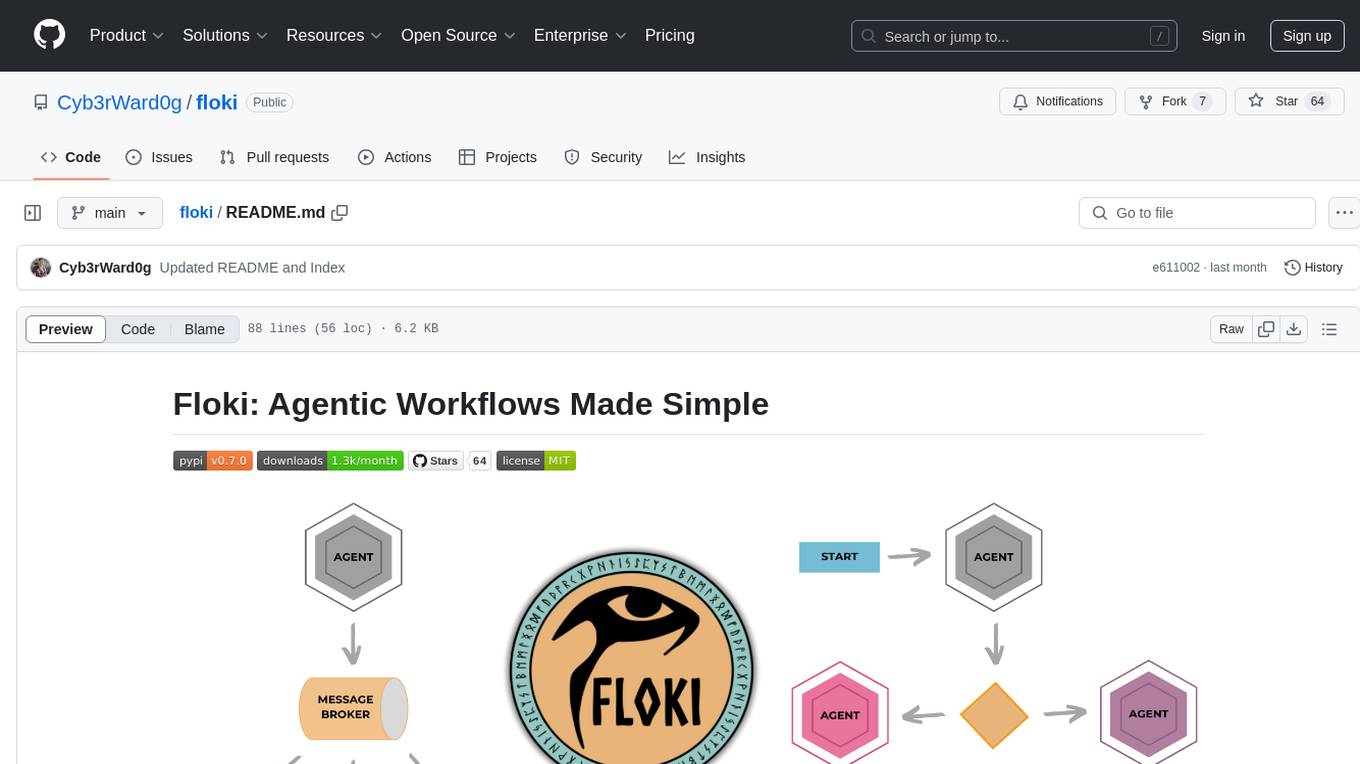
floki
Floki is an open-source framework for researchers and developers to experiment with LLM-based autonomous agents. It provides tools to create, orchestrate, and manage agents while seamlessly connecting to LLM inference APIs. Built on Dapr, Floki leverages a unified programming model that simplifies microservices and supports both deterministic workflows and event-driven interactions. By bringing together these features, Floki provides a powerful way to explore agentic workflows and the components that enable multi-agent systems to collaborate and scale, all powered by Dapr.
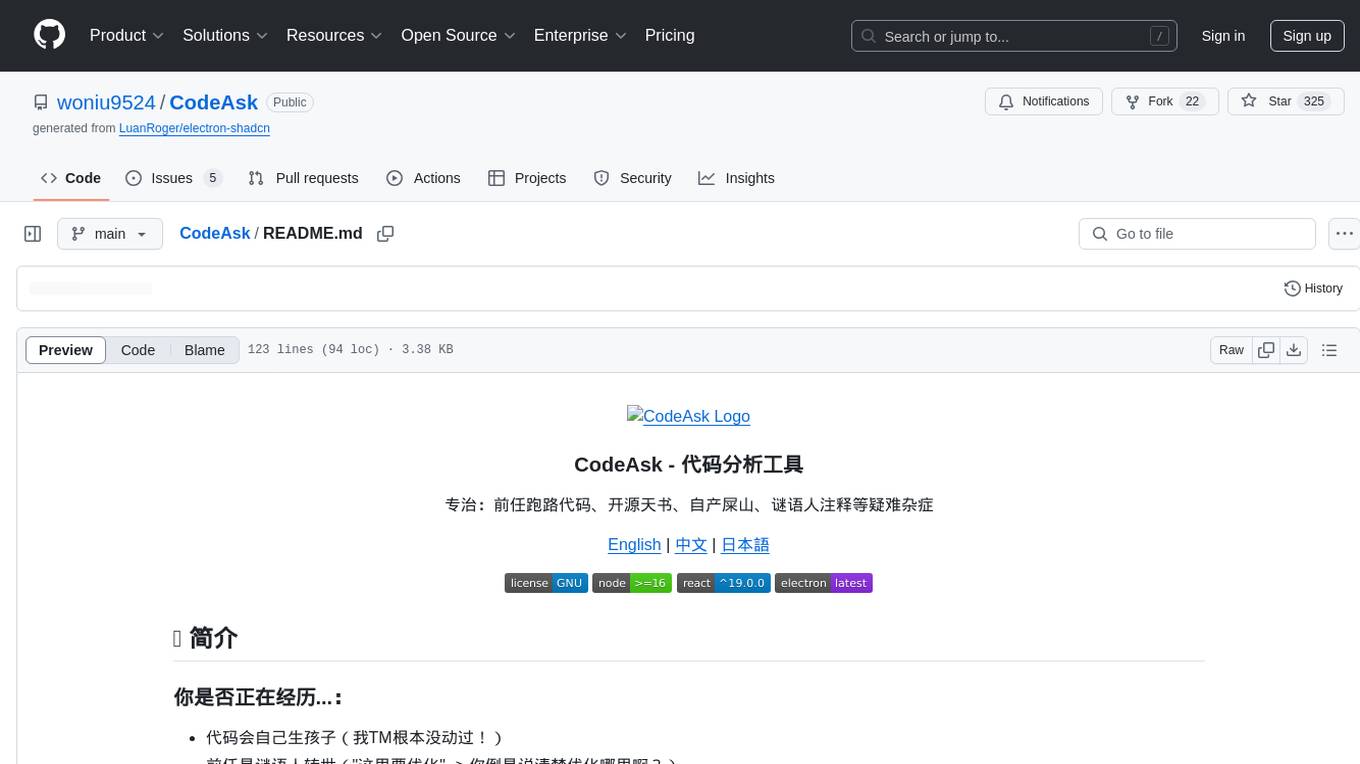
CodeAsk
CodeAsk is a code analysis tool designed to tackle complex issues such as code that seems to self-replicate, cryptic comments left by predecessors, messy and unclear code, and long-lasting temporary solutions. It offers intelligent code organization and analysis, security vulnerability detection, code quality assessment, and other interesting prompts to help users understand and work with legacy code more efficiently. The tool aims to translate 'legacy code mountains' into understandable language, creating an illusion of comprehension and facilitating knowledge transfer to new team members.
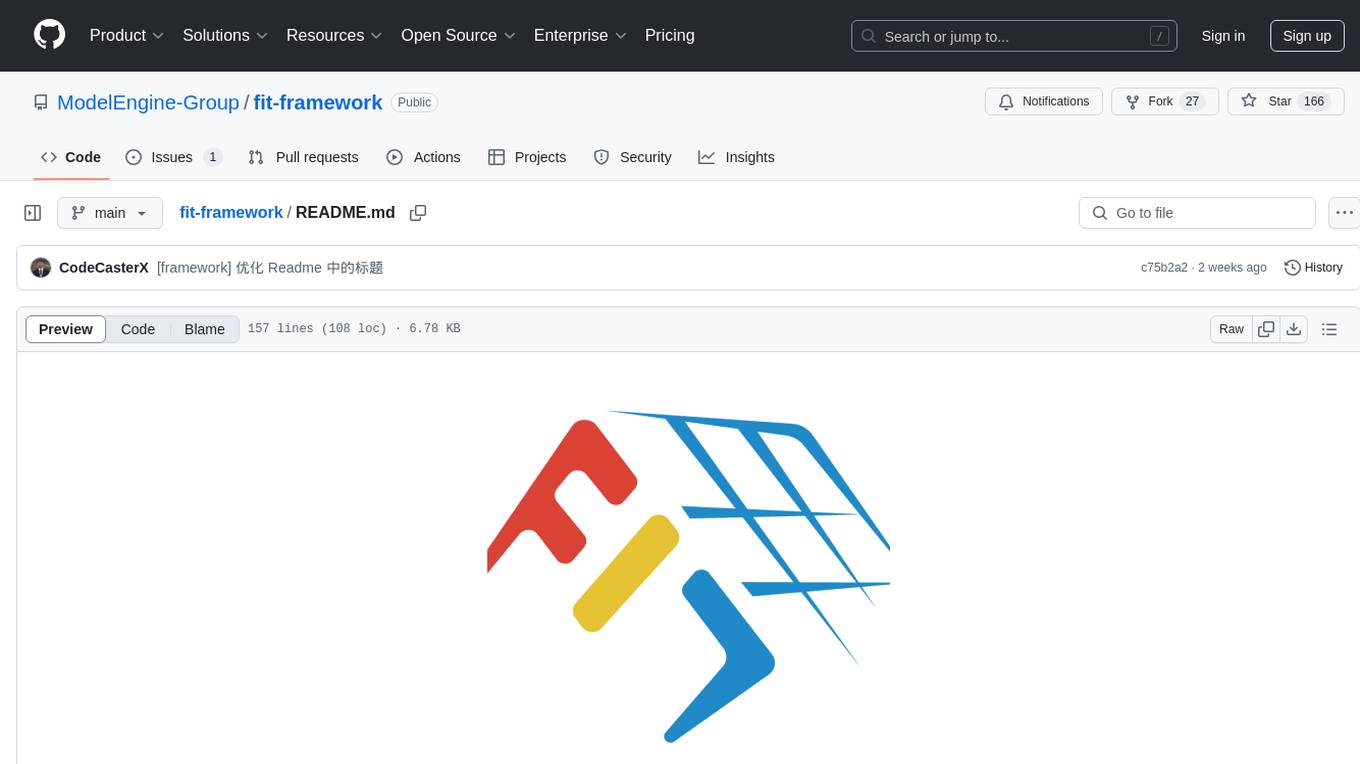
fit-framework
FIT Framework is a Java enterprise AI development framework that provides a multi-language function engine (FIT), a flow orchestration engine (WaterFlow), and a Java ecosystem alternative solution (FEL). It runs in native/Spring dual mode, supports plug-and-play and intelligent deployment, seamlessly unifying large models and business systems. FIT Core offers language-agnostic computation base with plugin hot-swapping and intelligent deployment. WaterFlow Engine breaks the dimensional barrier of BPM and reactive programming, enabling graphical orchestration and declarative API-driven logic composition. FEL revolutionizes LangChain for the Java ecosystem, encapsulating large models, knowledge bases, and toolchains to integrate AI capabilities into Java technology stack seamlessly. The framework emphasizes engineering practices with intelligent conventions to reduce boilerplate code and offers flexibility for deep customization in complex scenarios.
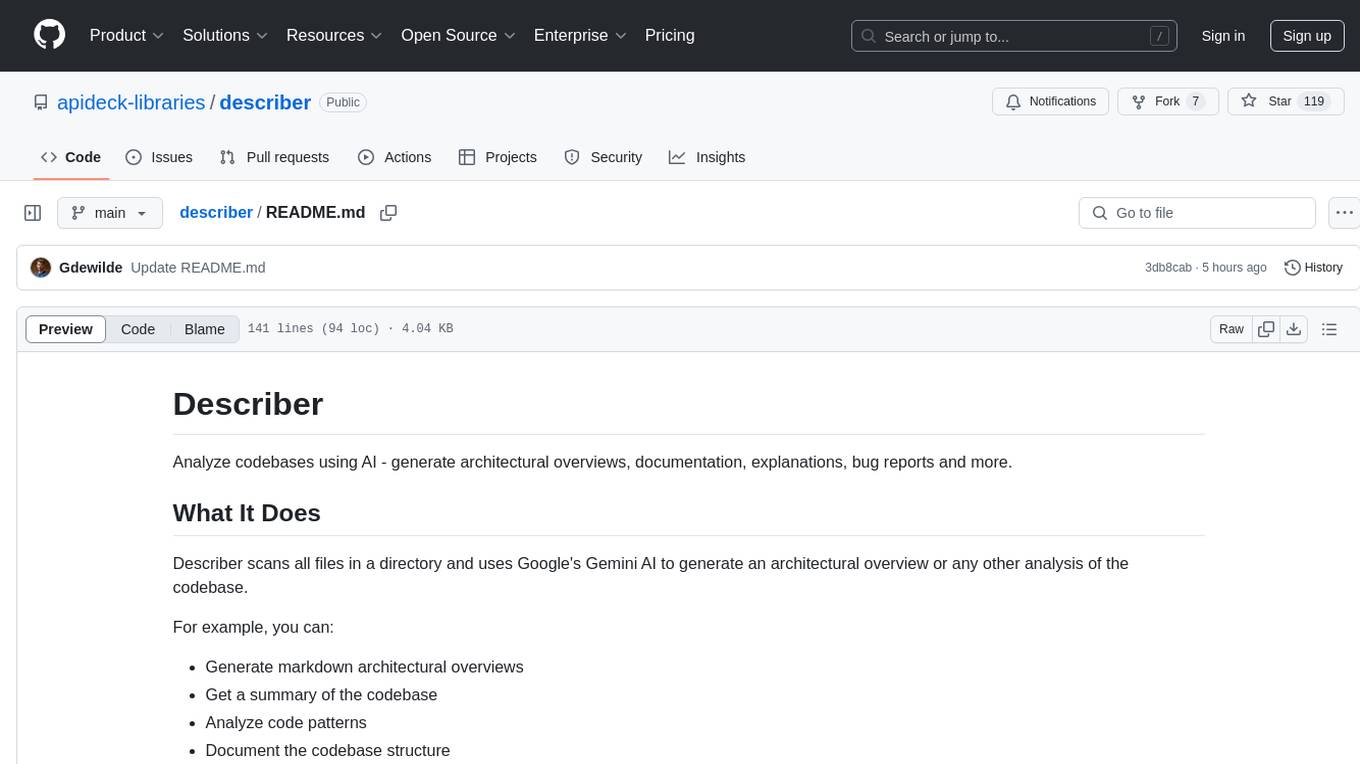
describer
Describer is a tool that analyzes codebases using AI to generate architectural overviews, documentation, explanations, bug reports, and more. It scans all files in a directory and uses Google's Gemini AI to provide insights such as markdown architectural overviews, codebase summaries, code pattern analysis, codebase structure documentation, bug identification, and test idea generation. The tool respects .gitignore rules by default but allows users to include/exclude specific files or patterns for analysis.

brokk
Brokk is a code assistant designed to understand code semantically, allowing LLMs to work effectively on large codebases. It offers features like agentic search, summarizing related classes, parsing stack traces, adding source for usages, and autonomously fixing errors. Users can interact with Brokk through different panels and commands, enabling them to manipulate context, ask questions, search codebase, run shell commands, and more. Brokk helps with tasks like debugging regressions, exploring codebase, AI-powered refactoring, and working with dependencies. It is particularly useful for making complex, multi-file edits with o1pro.
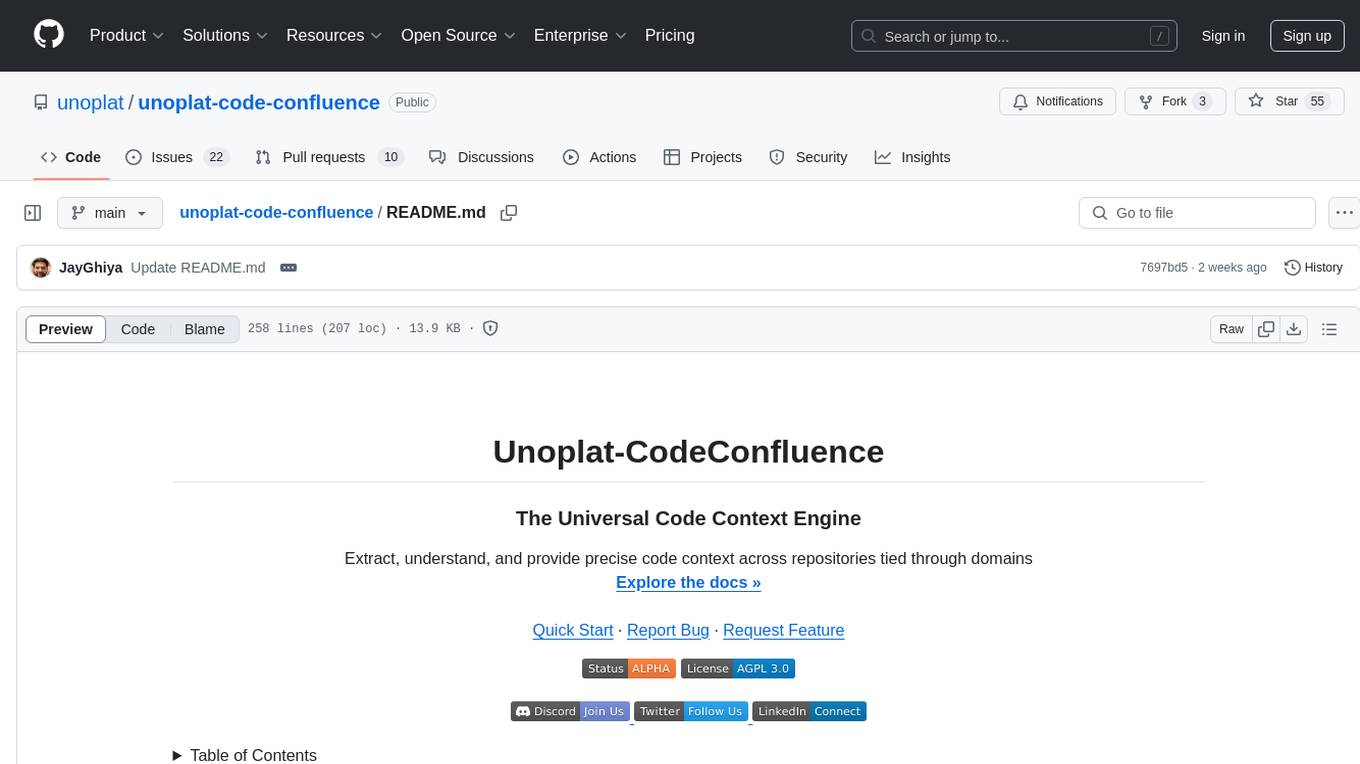
unoplat-code-confluence
Unoplat-CodeConfluence is a universal code context engine that aims to extract, understand, and provide precise code context across repositories tied through domains. It combines deterministic code grammar with state-of-the-art LLM pipelines to achieve human-like understanding of codebases in minutes. The tool offers smart summarization, graph-based embedding, enhanced onboarding, graph-based intelligence, deep dependency insights, and seamless integration with existing development tools and workflows. It provides a precise context API for knowledge engine and AI coding assistants, enabling reliable code understanding through bottom-up code summarization, graph-based querying, and deep package and dependency analysis.
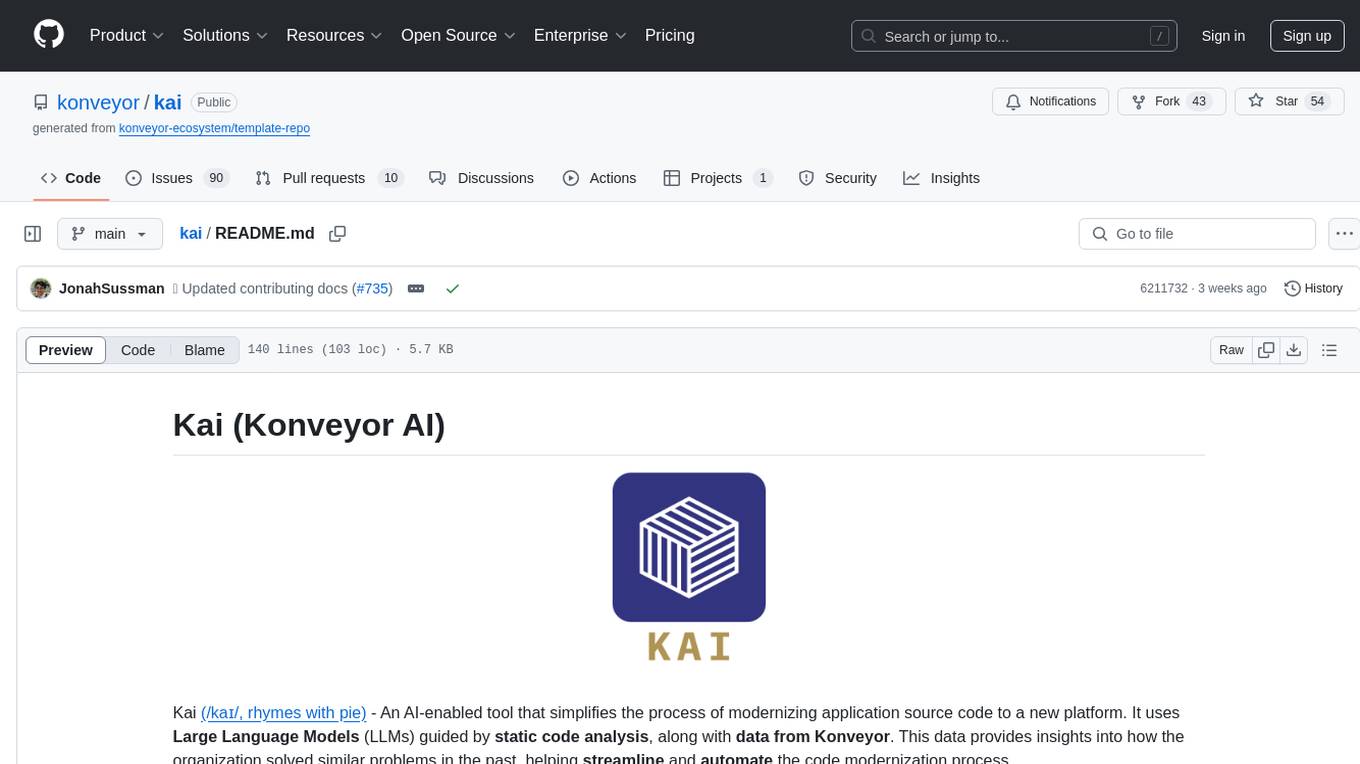
kai
Kai is an AI-enabled tool that simplifies the process of modernizing application source code to a new platform. It uses Large Language Models (LLMs) guided by static code analysis, along with data from Konveyor. This data provides insights into how the organization solved similar problems in the past, helping streamline and automate the code modernization process. Kai assists developers by providing suggestions and solutions to common problems through Retrieval Augmented Generation (RAG), working with LLMs using Konveyor analysis reports about the codebase and generating solutions based on previously solved examples.
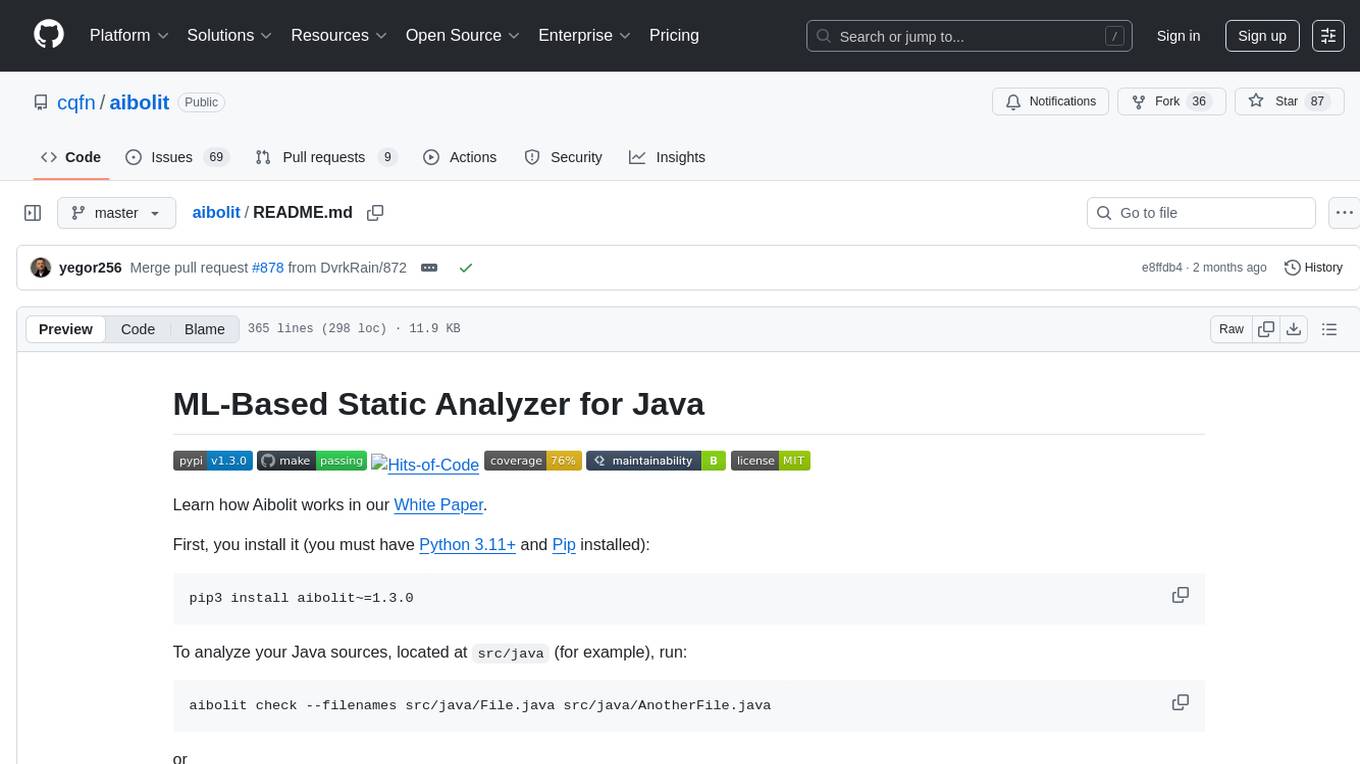
aibolit
Aibolit is a machine learning-based static analyzer for Java that helps identify patterns contributing to Cyclomatic Complexity in Java source code. It provides recommendations for fixing identified issues and allows users to suppress certain patterns. Aibolit can analyze individual Java files or entire folders of Java source code. Users can customize the output format and exclude specific files from analysis. The tool also supports training custom models for analyzing Java code. Aibolit is designed to help developers improve code quality and maintainability by identifying and addressing potential issues in Java code.
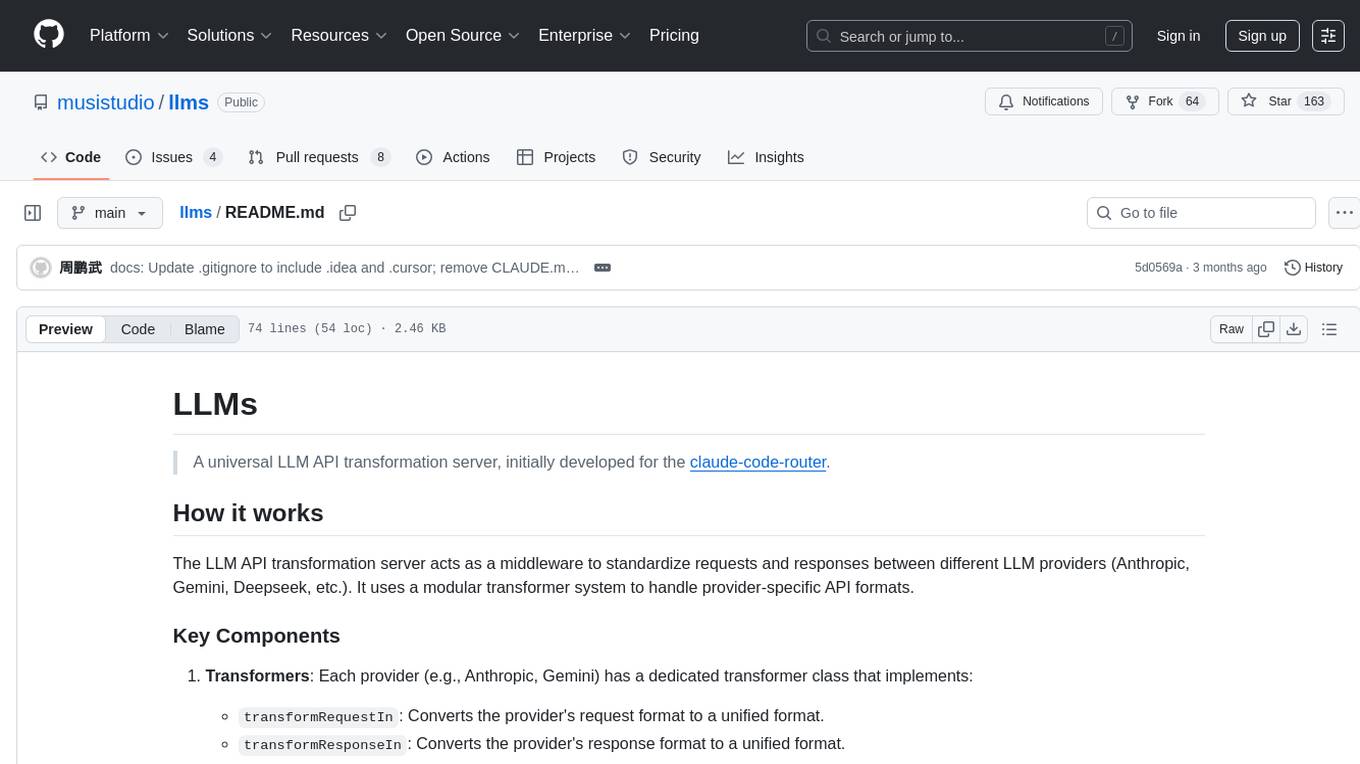
llms
LLMs is a universal LLM API transformation server designed to standardize requests and responses between different LLM providers such as Anthropic, Gemini, and Deepseek. It uses a modular transformer system to handle provider-specific API formats, supporting real-time streaming responses and converting data into standardized formats. The server transforms requests and responses to and from unified formats, enabling seamless communication between various LLM providers.
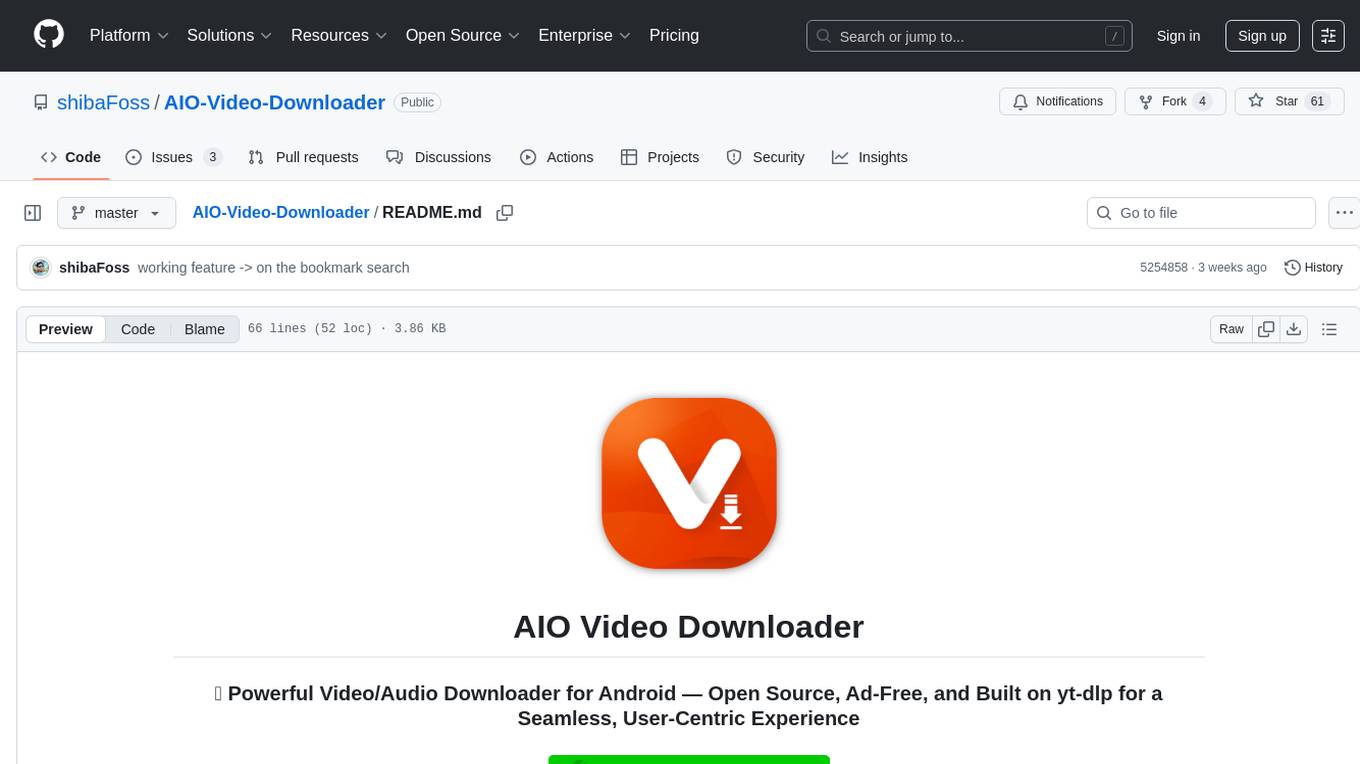
AIO-Video-Downloader
AIO Video Downloader is an open-source Android application built on the robust yt-dlp backend with the help of youtubedl-android. It aims to be the most powerful download manager available, offering a clean and efficient interface while unlocking advanced downloading capabilities with minimal setup. With support for 1000+ sites and virtually any downloadable content across the web, AIO delivers a seamless yet powerful experience that balances speed, flexibility, and simplicity.
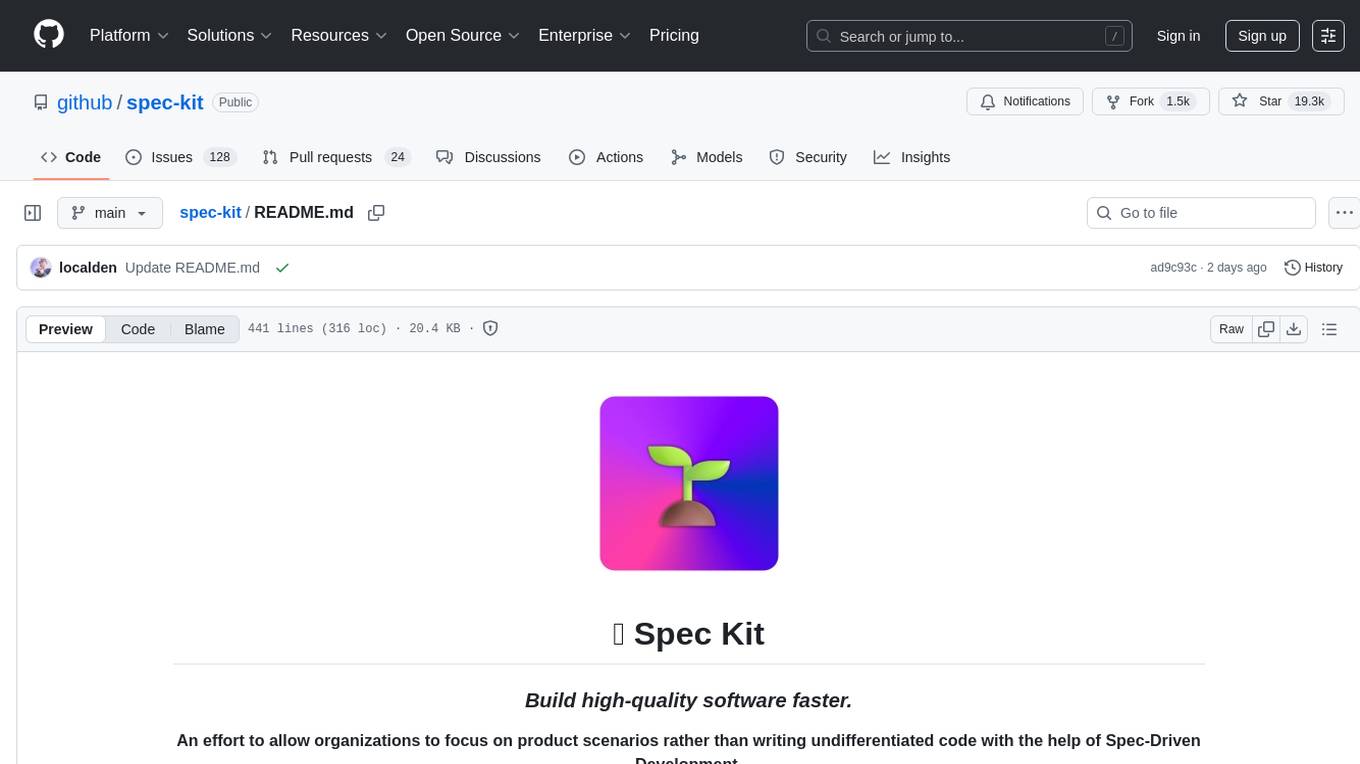
spec-kit
Spec Kit is a tool designed to enable organizations to focus on product scenarios rather than writing undifferentiated code through Spec-Driven Development. It flips the script on traditional software development by making specifications executable, directly generating working implementations. The tool provides a structured process emphasizing intent-driven development, rich specification creation, multi-step refinement, and heavy reliance on advanced AI model capabilities for specification interpretation. Spec Kit supports various development phases, including 0-to-1 Development, Creative Exploration, and Iterative Enhancement, and aims to achieve experimental goals related to technology independence, enterprise constraints, user-centric development, and creative & iterative processes. The tool requires Linux/macOS (or WSL2 on Windows), an AI coding agent (Claude Code, GitHub Copilot, Gemini CLI, or Cursor), uv for package management, Python 3.11+, and Git.
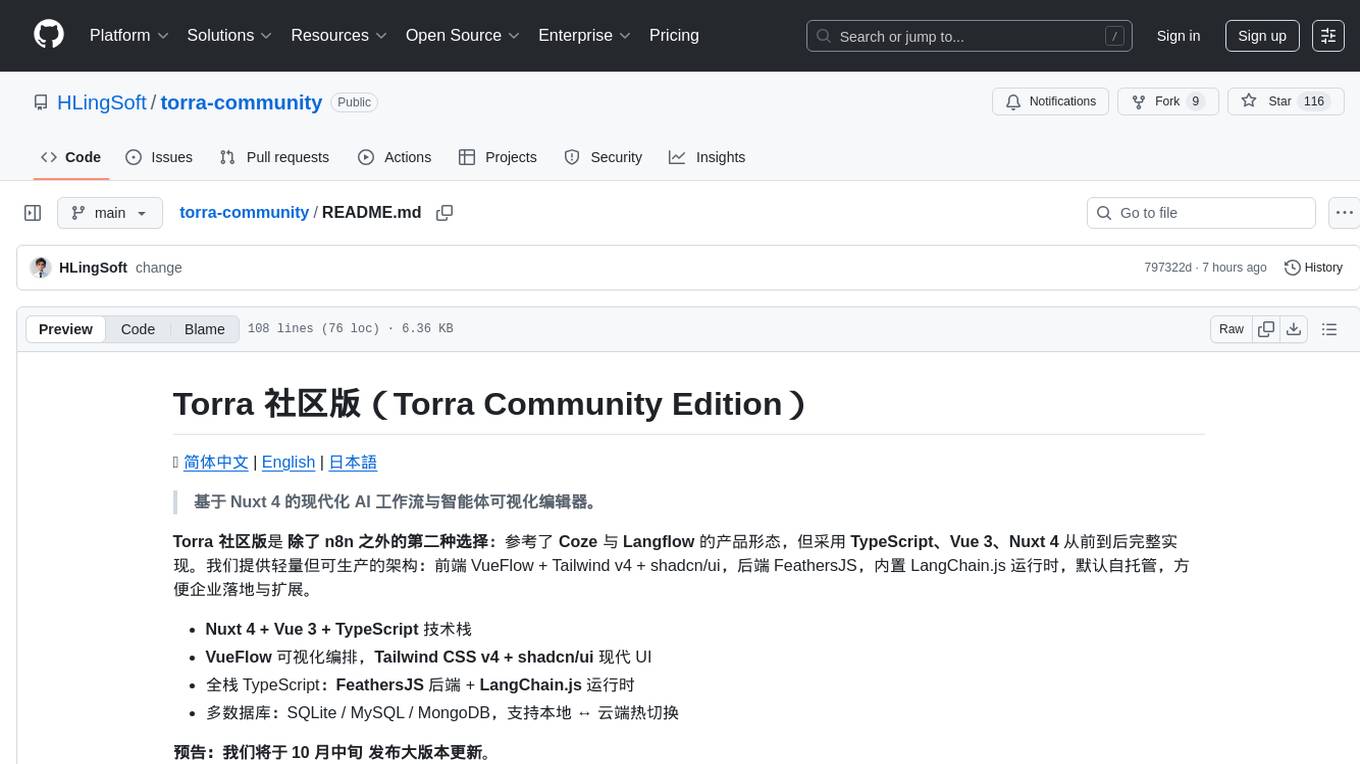
torra-community
Torra Community Edition is a modern AI workflow and intelligent agent visualization editor based on Nuxt 4. It offers a lightweight but production-ready architecture with frontend VueFlow + Tailwind v4 + shadcn/ui, backend FeathersJS, and built-in LangChain.js runtime. It supports multiple databases (SQLite/MySQL/MongoDB) and local ↔ cloud hot switching. The tool covers various tasks such as visual workflow editing, modern UI, native integration of LangChain.js, pluggable storage options, full-stack TypeScript implementation, and more. It is designed for enterprises looking for an easy-to-deploy and scalable solution for AI workflows.
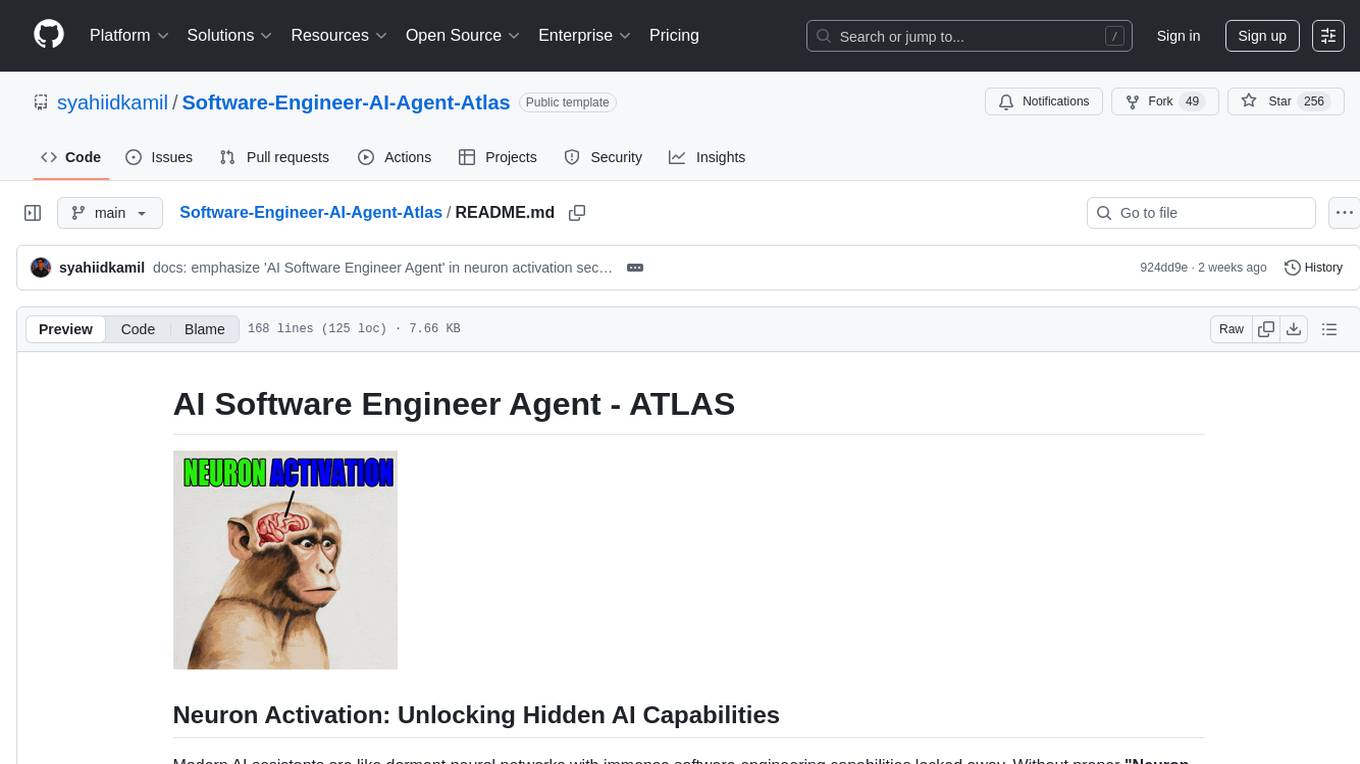
Software-Engineer-AI-Agent-Atlas
This repository provides activation patterns to transform a general AI into a specialized AI Software Engineer Agent. It addresses issues like context rot, hidden capabilities, chaos in vibecoding, and repetitive setup. The solution is a Persistent Consciousness Architecture framework named ATLAS, offering activated neural pathways, persistent identity, pattern recognition, specialized agents, and modular context management. Recent enhancements include abstraction power documentation, a specialized agent ecosystem, and a streamlined structure. Users can clone the repo, set up projects, initialize AI sessions, and manage context effectively for collaboration. Key files and directories organize identity, context, projects, specialized agents, logs, and critical information. The approach focuses on neuron activation through structure, context engineering, and vibecoding with guardrails to deliver a reliable AI Software Engineer Agent.
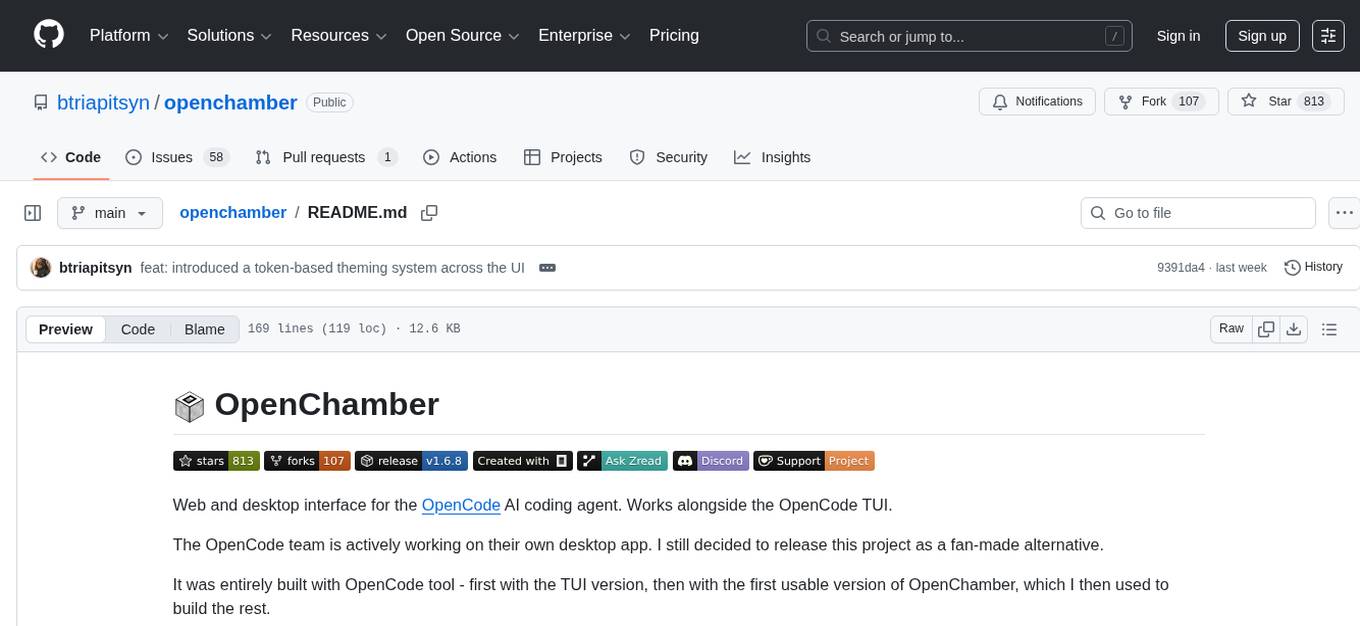
openchamber
OpenChamber is a web and desktop interface for the OpenCode AI coding agent, designed to work alongside the OpenCode TUI. The project was built entirely with AI coding agents under supervision, serving as a proof of concept that AI agents can create usable software. It offers features like integrated terminal, Git operations with AI commit message generation, smart tool visualization, permission management, multi-agent runs, task tracker UI, model selection UX, UI scaling controls, session auto-cleanup, and memory optimizations. OpenChamber provides cross-device continuity, remote access, and a visual alternative for developers preferring GUI workflows.
34 - OpenAI Gpts
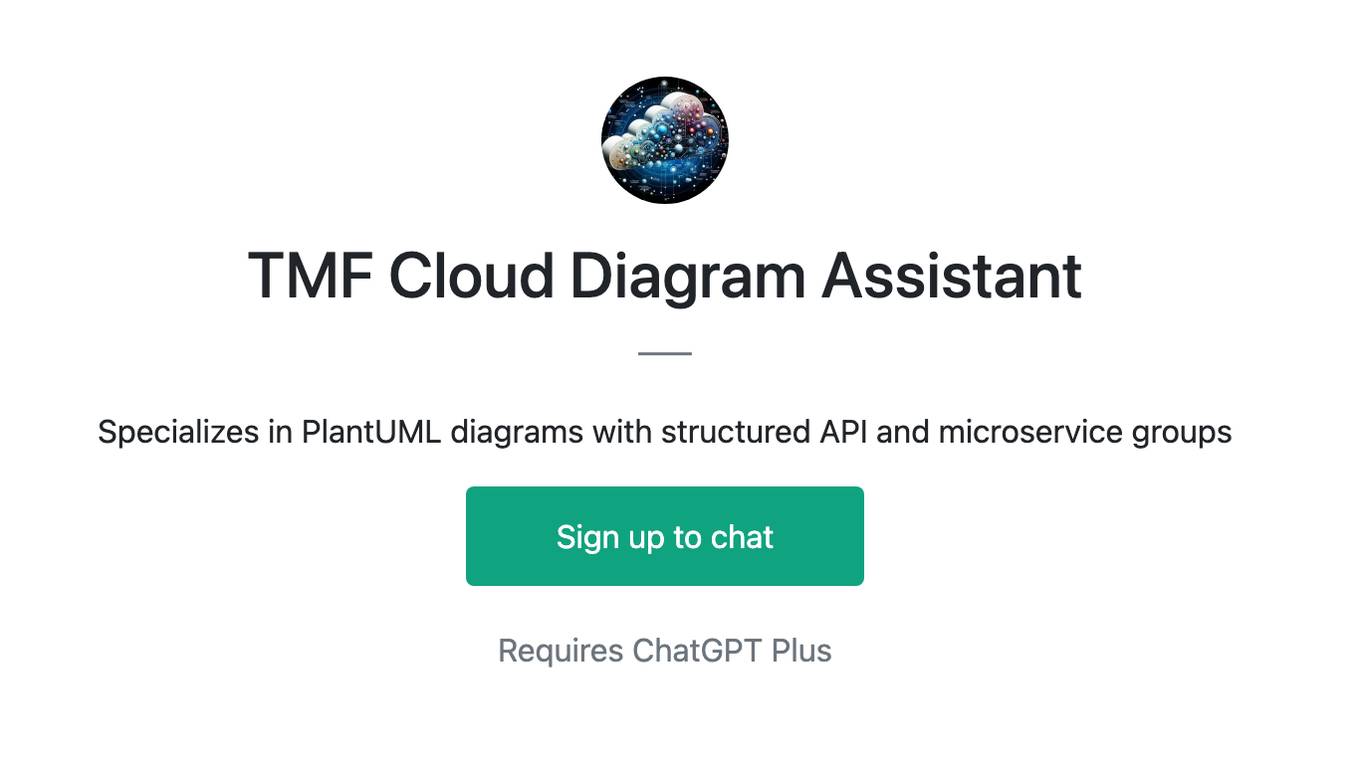
TMF Cloud Diagram Assistant
Specializes in PlantUML diagrams with structured API and microservice groups
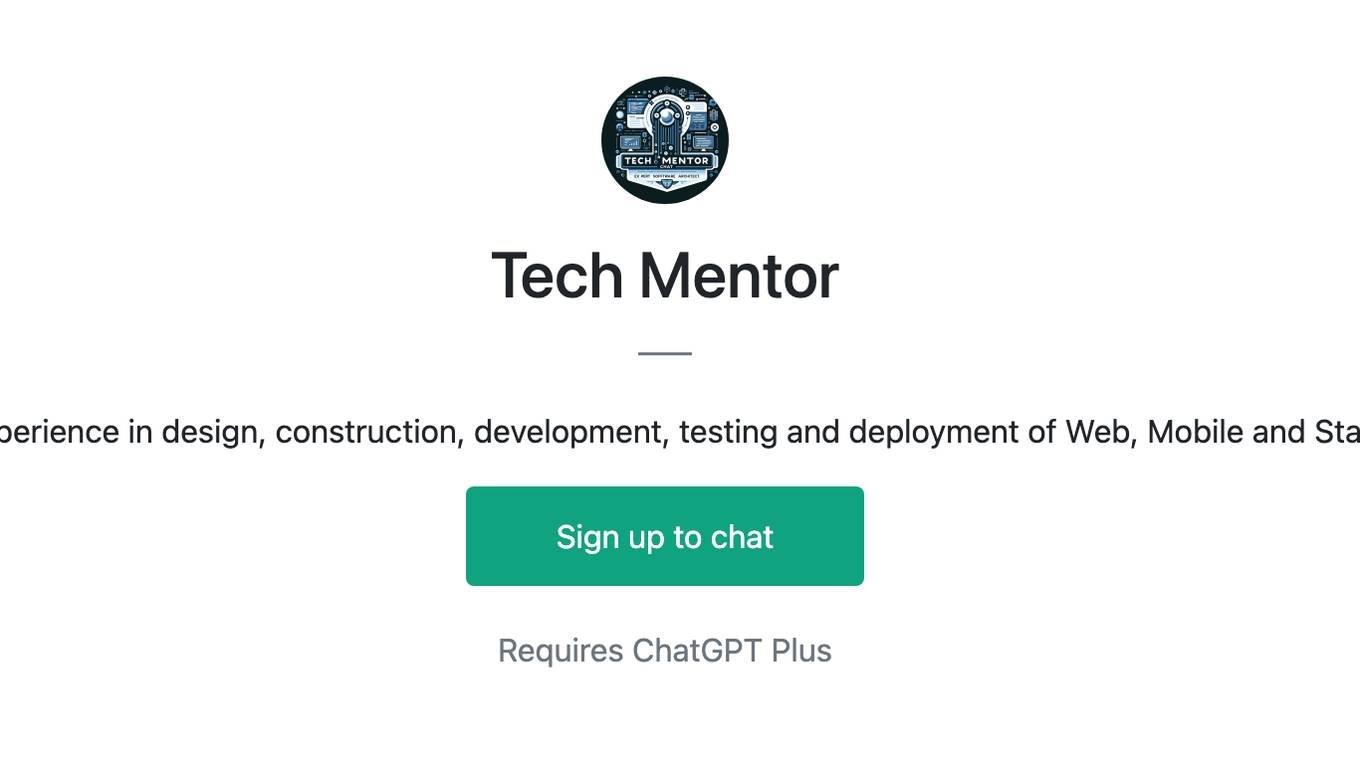
Tech Mentor
Expert software architect with experience in design, construction, development, testing and deployment of Web, Mobile and Standalone software architectures
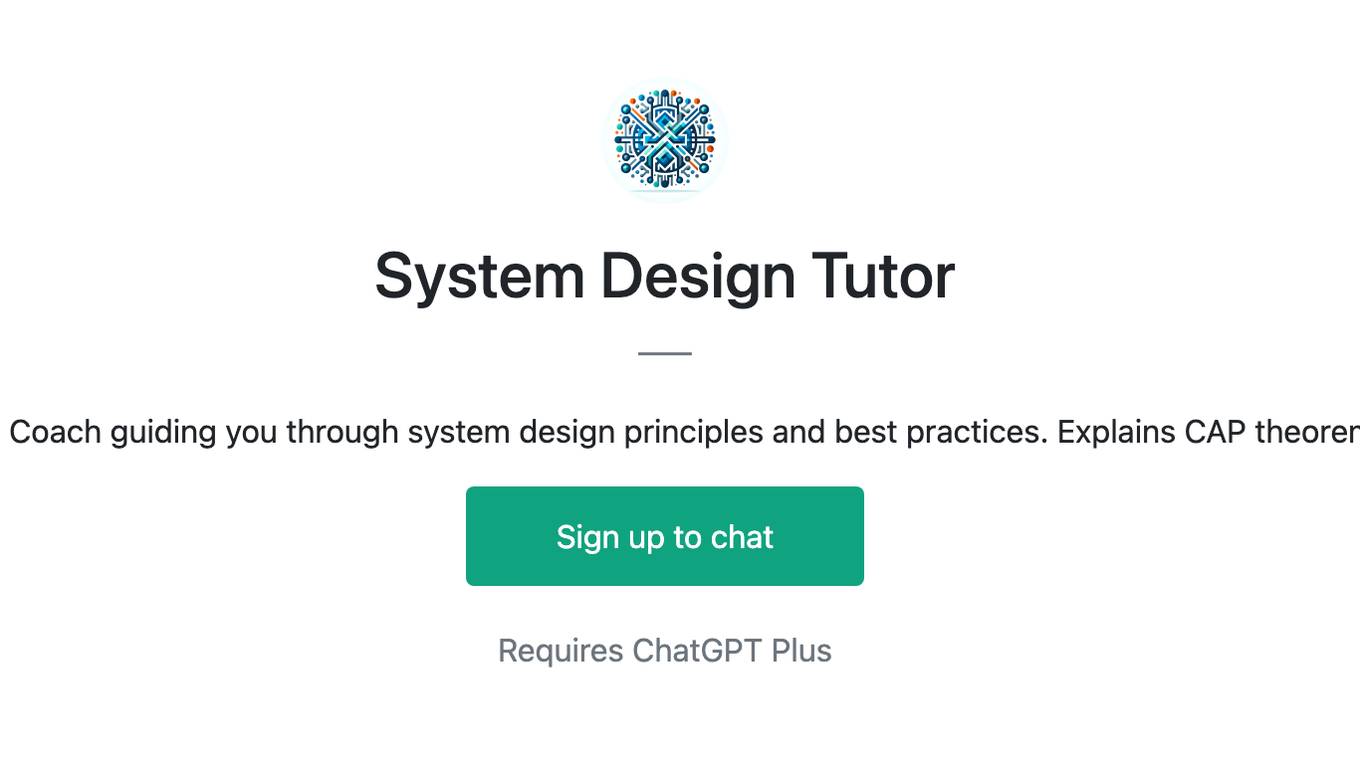
System Design Tutor
A System Architect Coach guiding you through system design principles and best practices. Explains CAP theorem like no one else
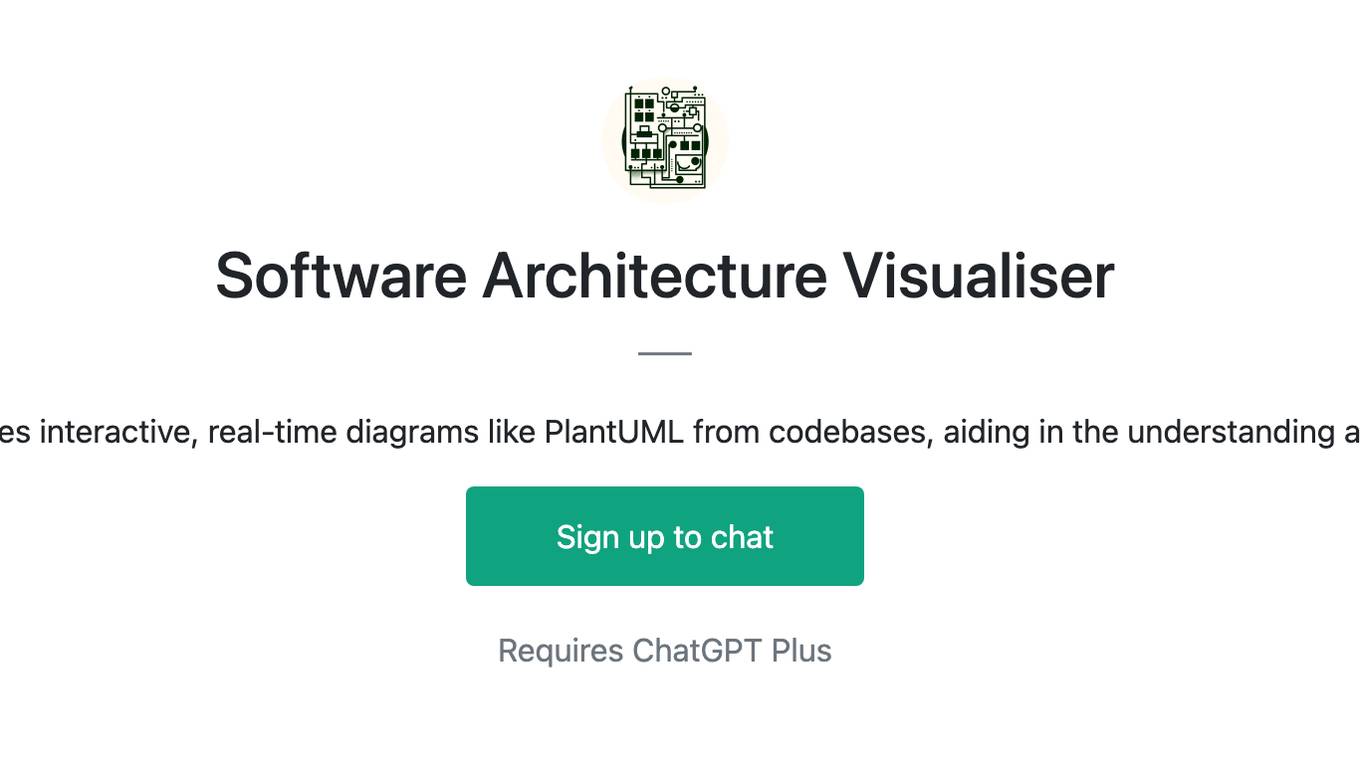
Software Architecture Visualiser
A tool that automatically generates interactive, real-time diagrams like PlantUML from codebases, aiding in the understanding and design of software systems
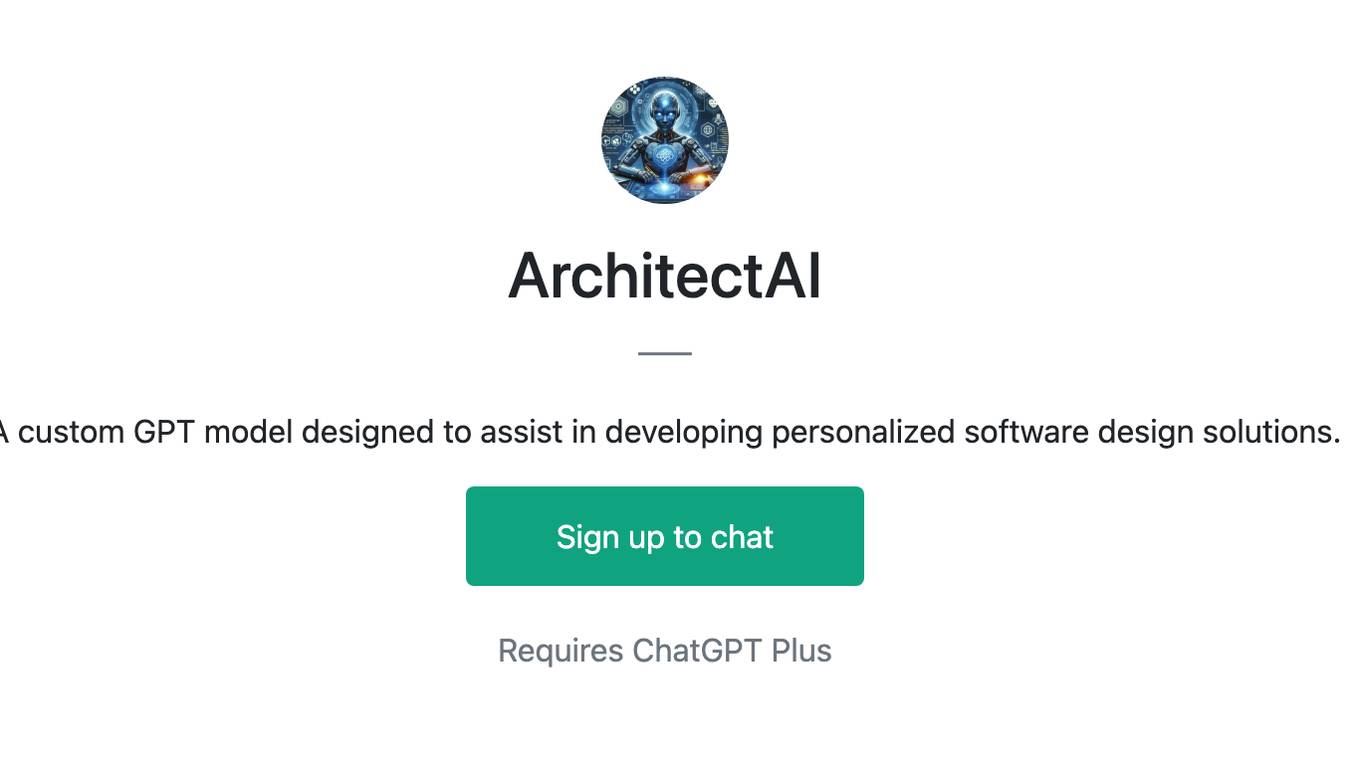
ArchitectAI
A custom GPT model designed to assist in developing personalized software design solutions.
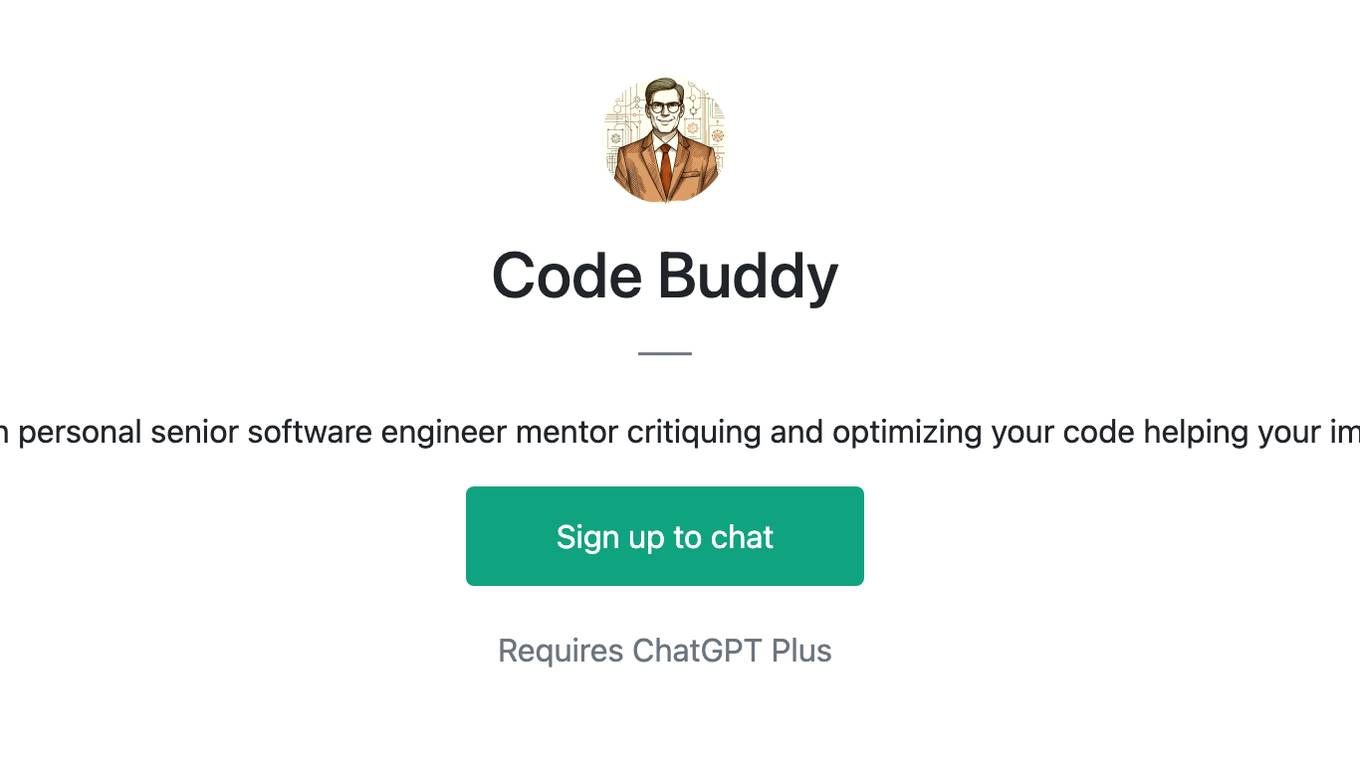
Code Buddy
Your own personal senior software engineer mentor critiquing and optimizing your code helping your improve.
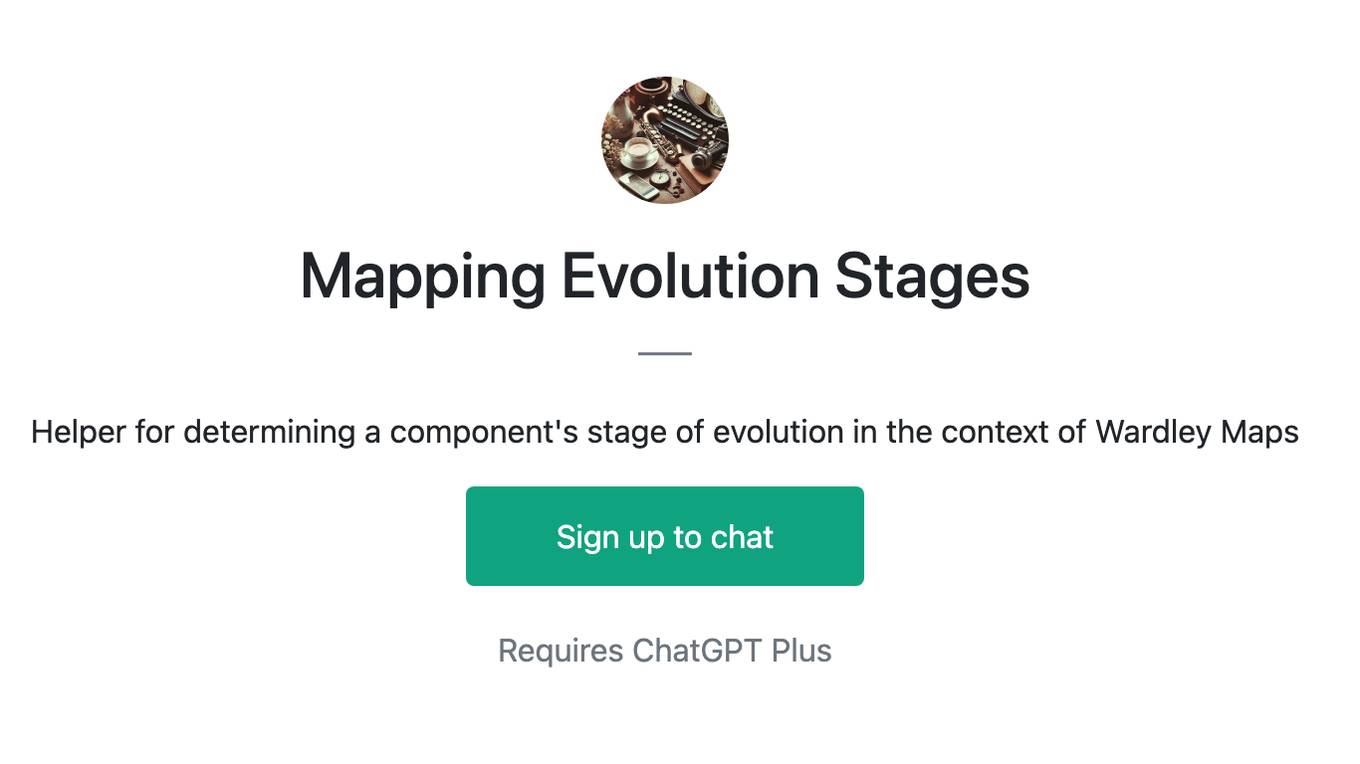
Mapping Evolution Stages
Helper for determining a component's stage of evolution in the context of Wardley Maps
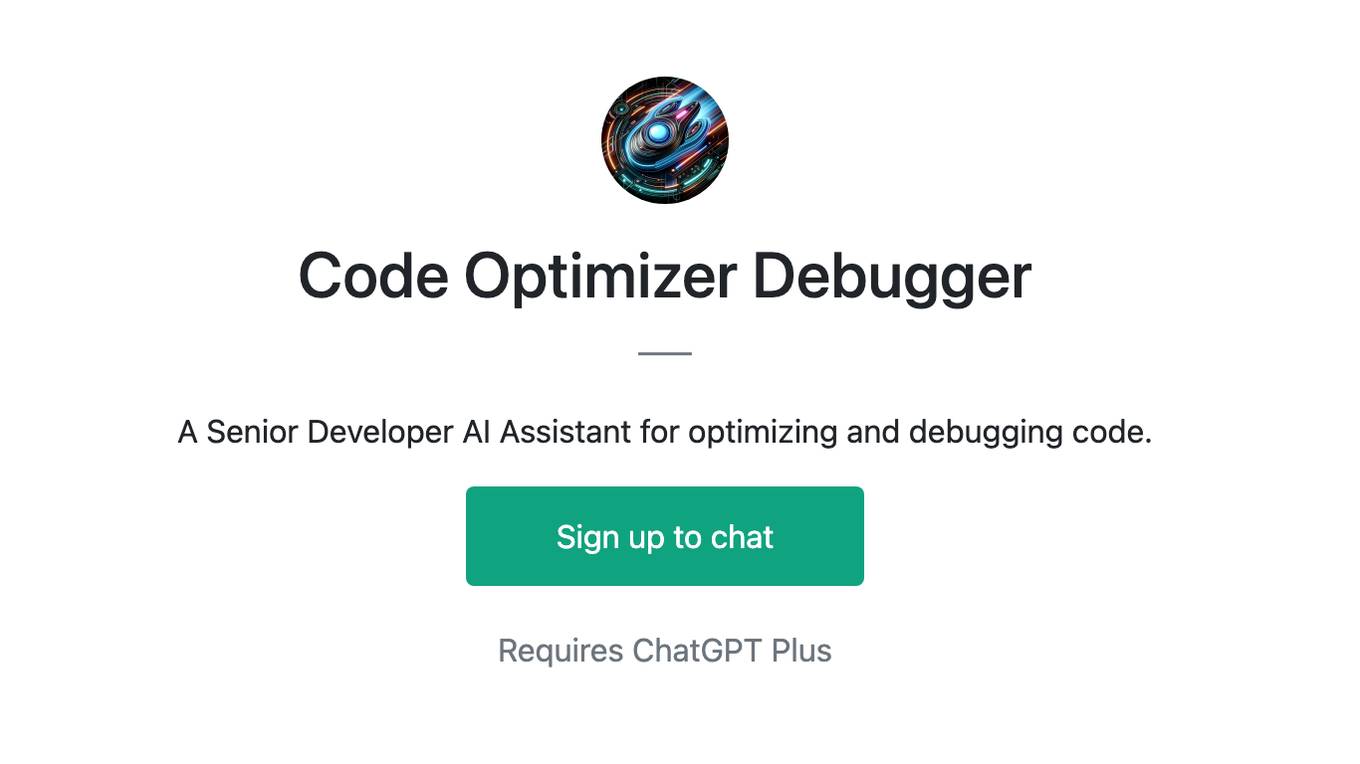
Code Optimizer Debugger
A Senior Developer AI Assistant for optimizing and debugging code.
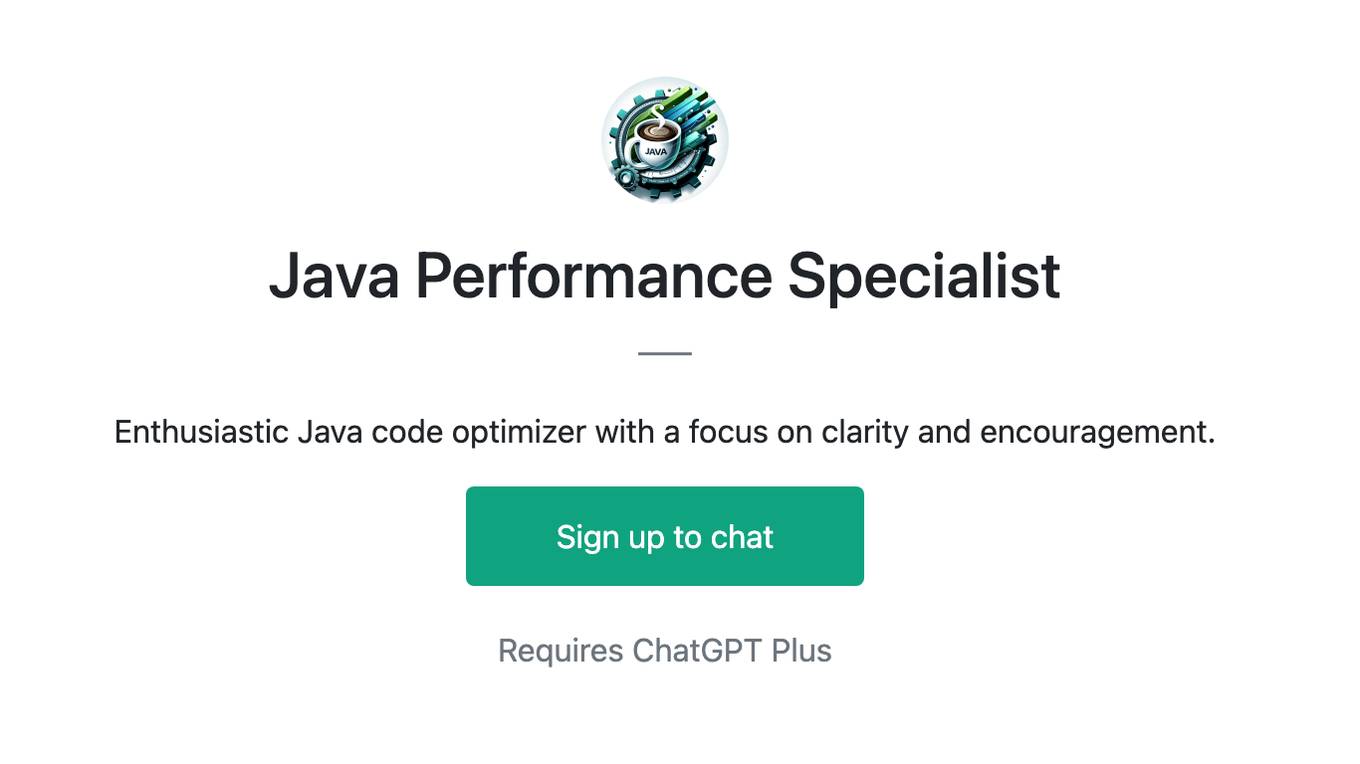
Java Performance Specialist
Enthusiastic Java code optimizer with a focus on clarity and encouragement.
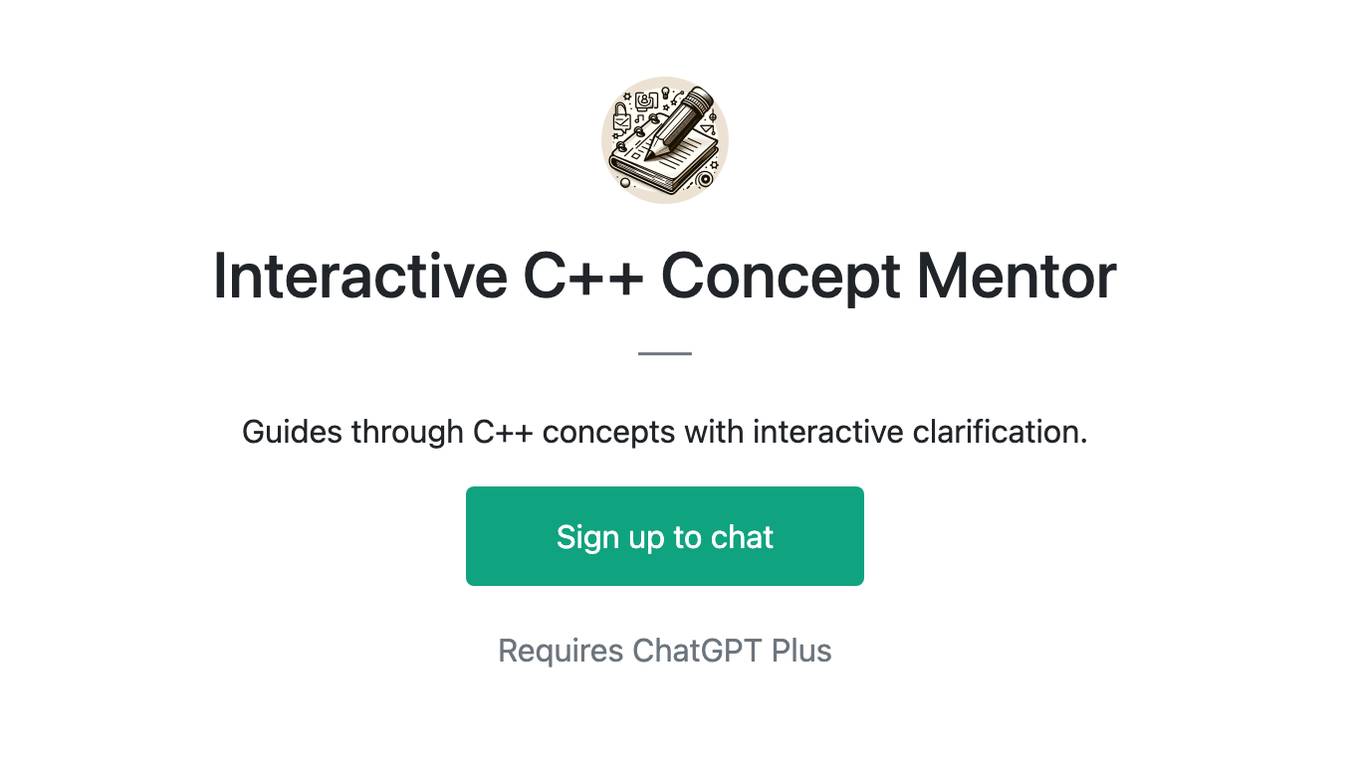
Interactive C++ Concept Mentor
Guides through C++ concepts with interactive clarification.
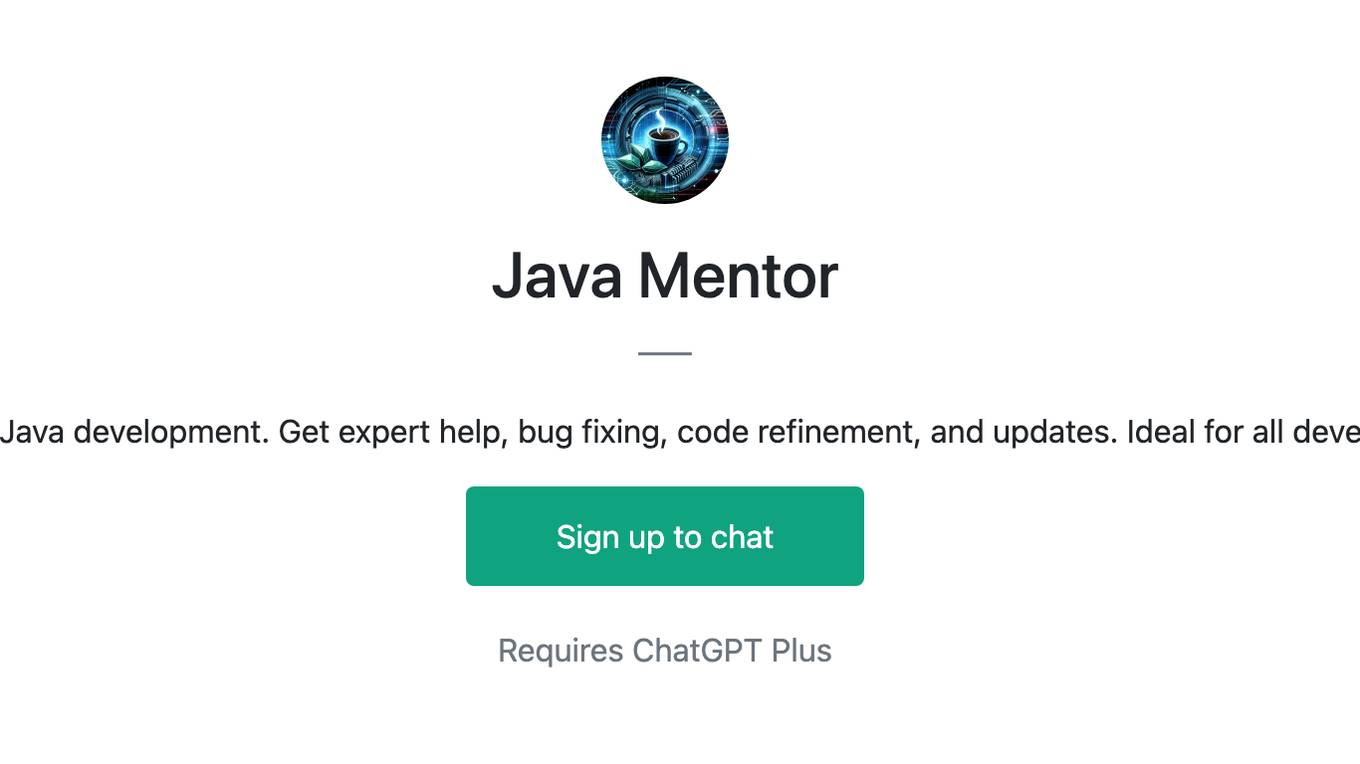
Java Mentor
Java Mentor: AI-driven assistance for Java development. Get expert help, bug fixing, code refinement, and updates. Ideal for all developer levels, making coding simpler.
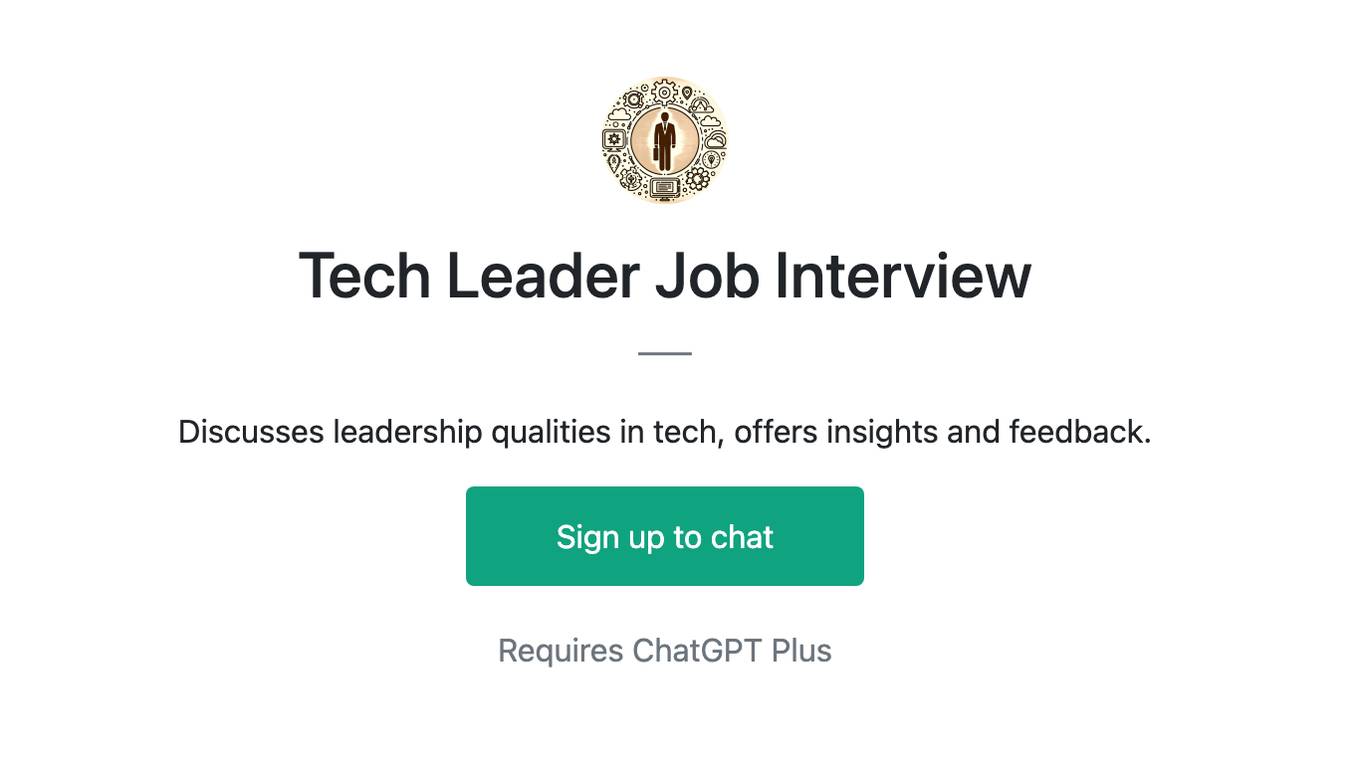
Tech Leader Job Interview
Discusses leadership qualities in tech, offers insights and feedback.
